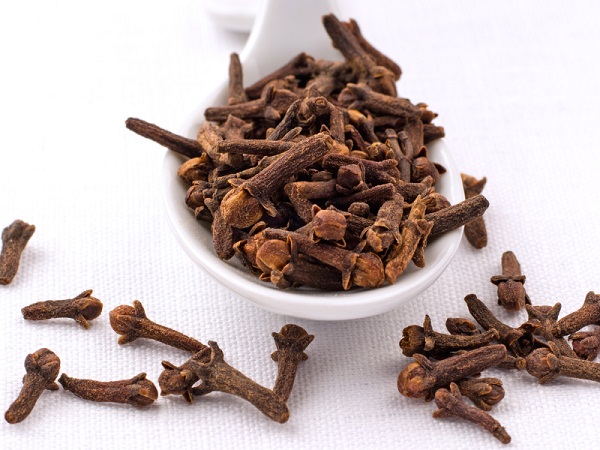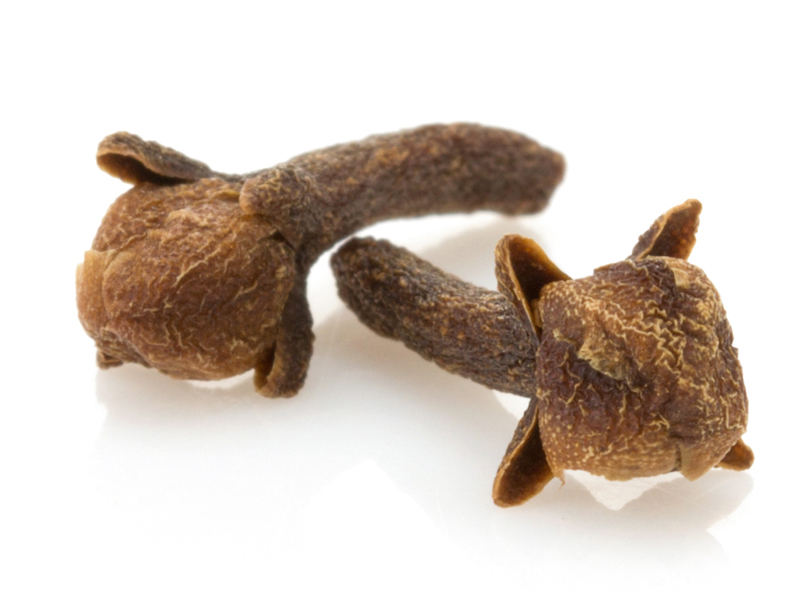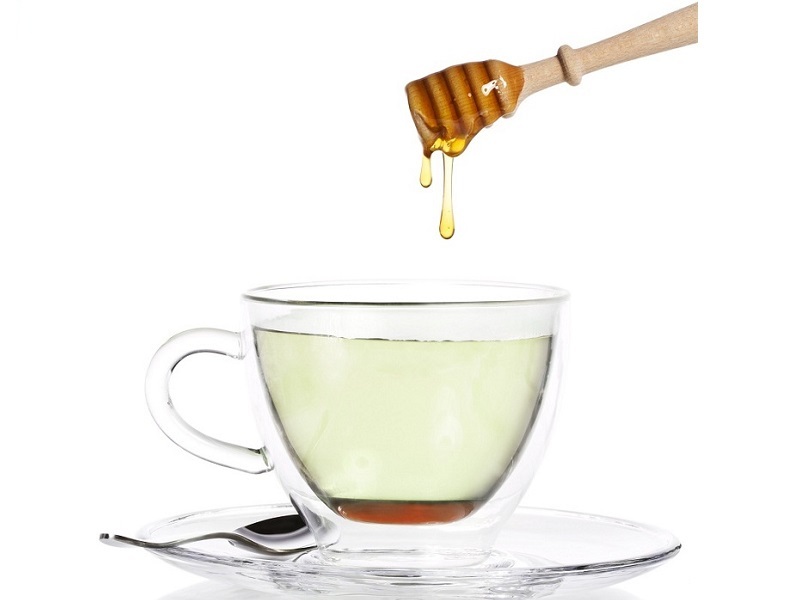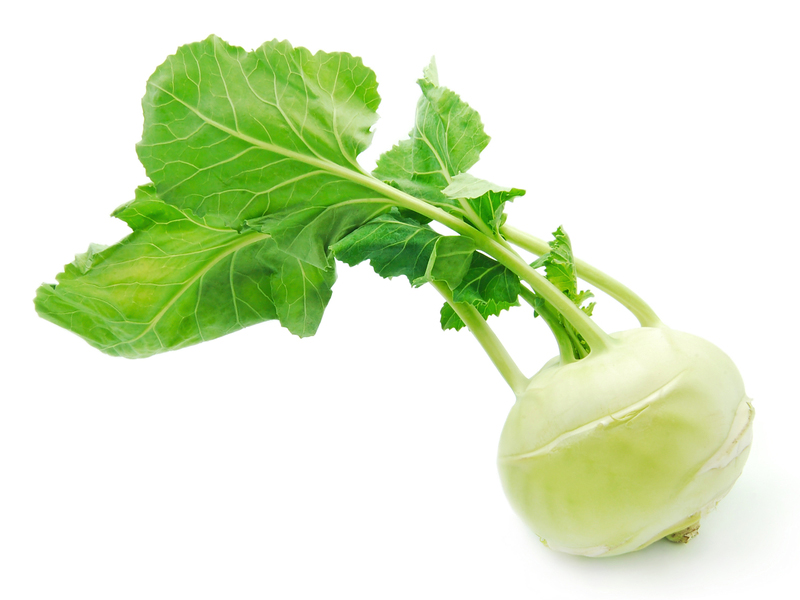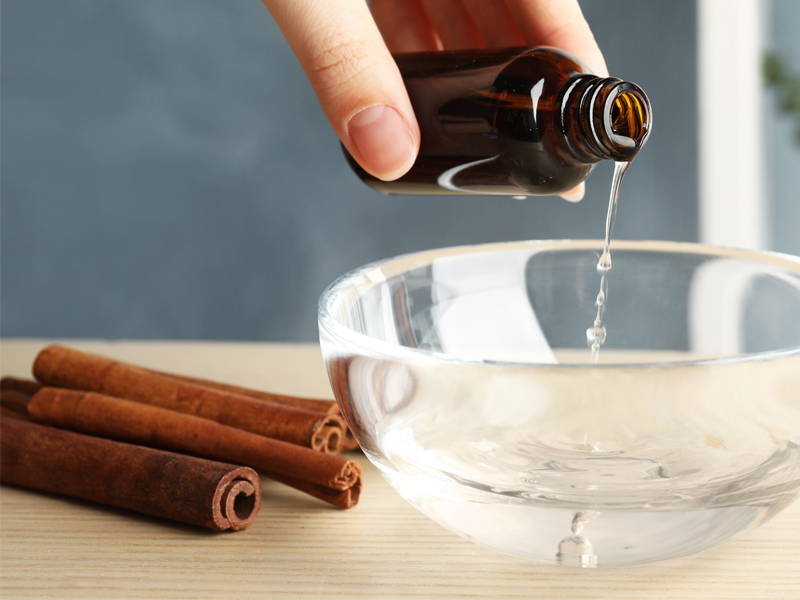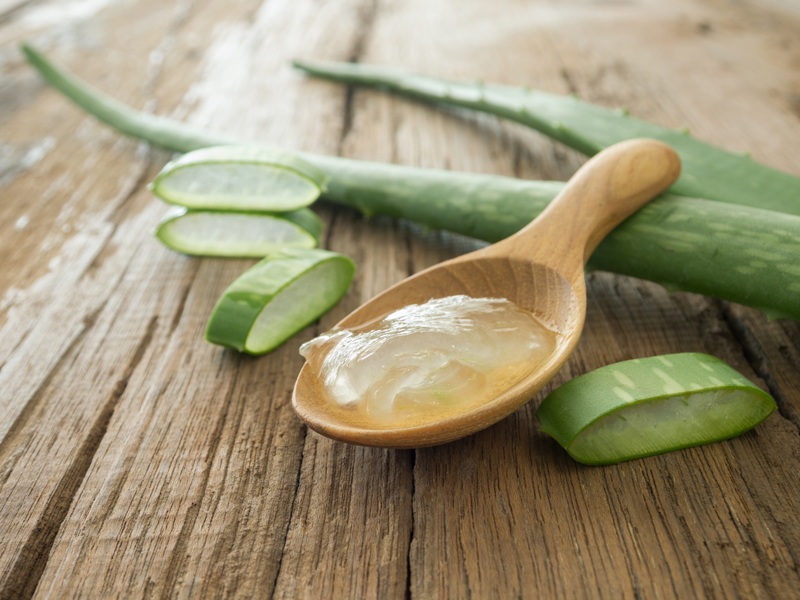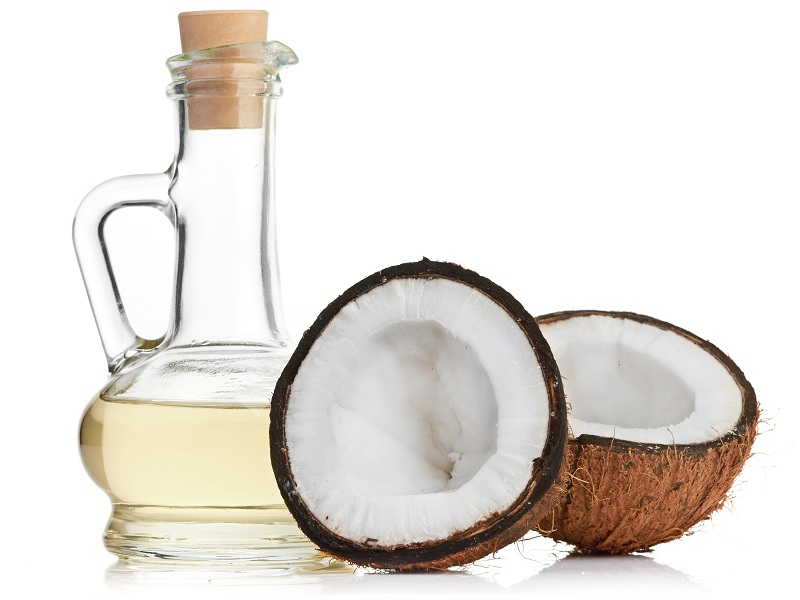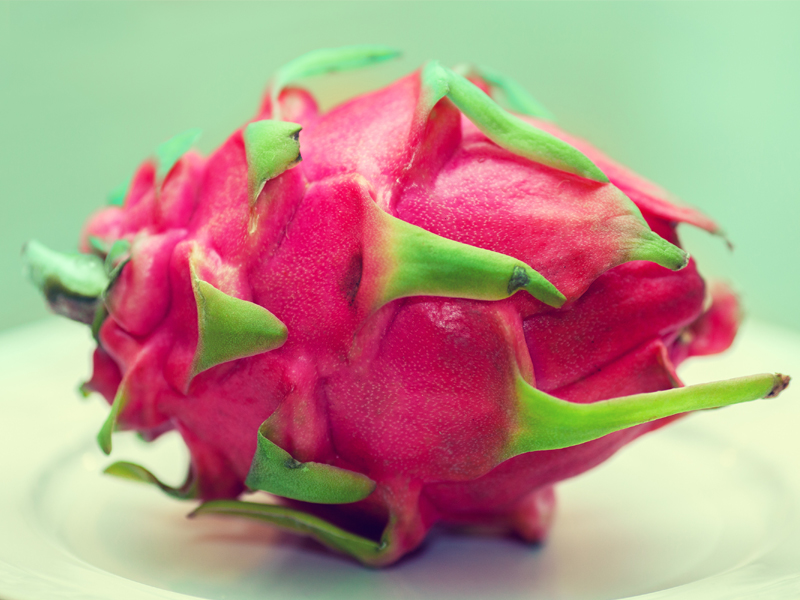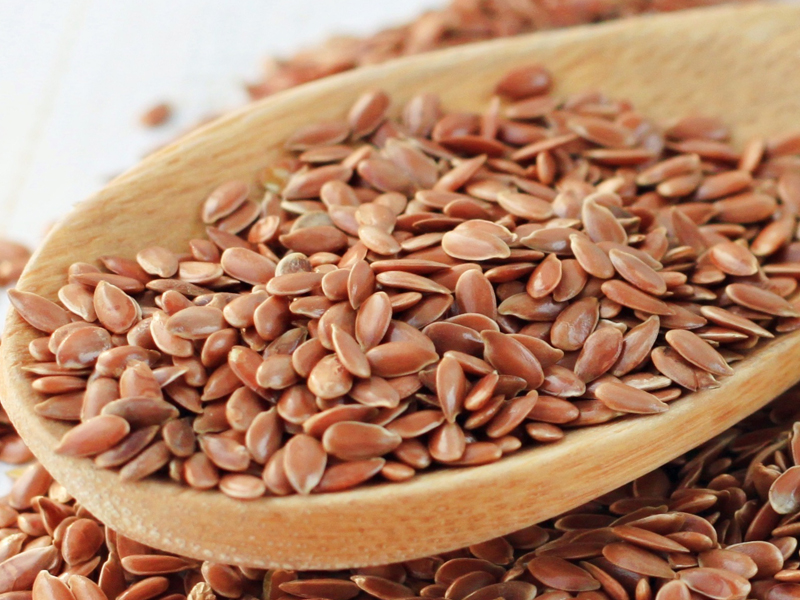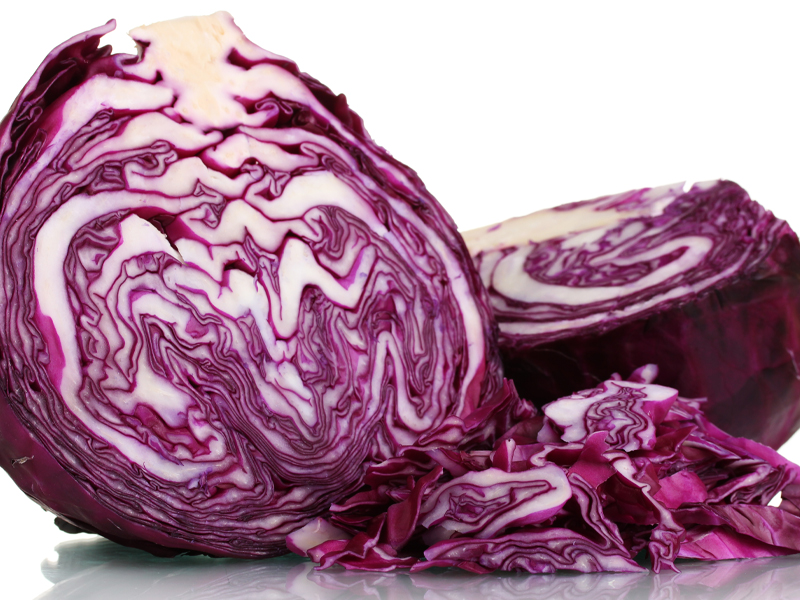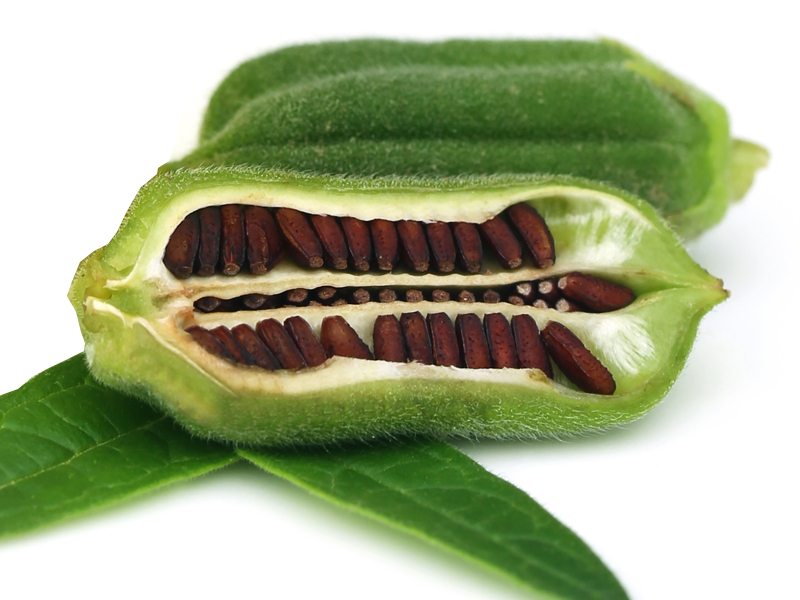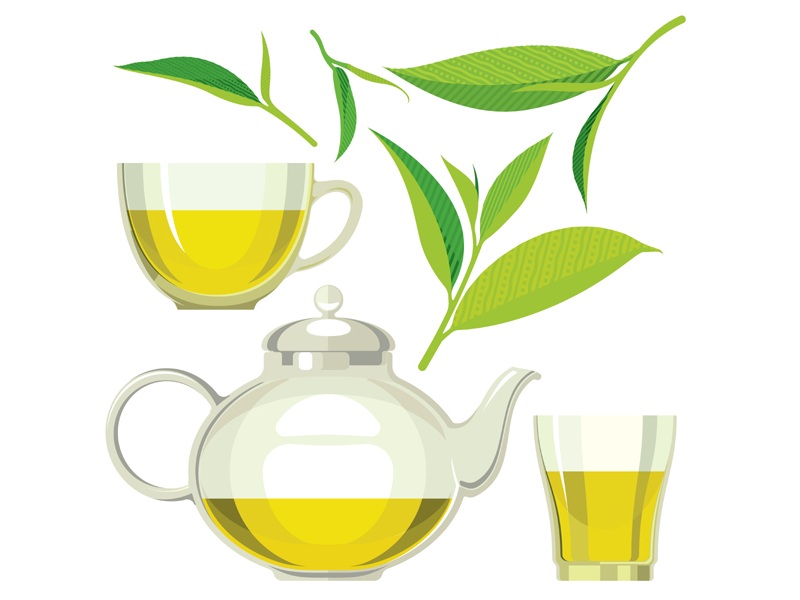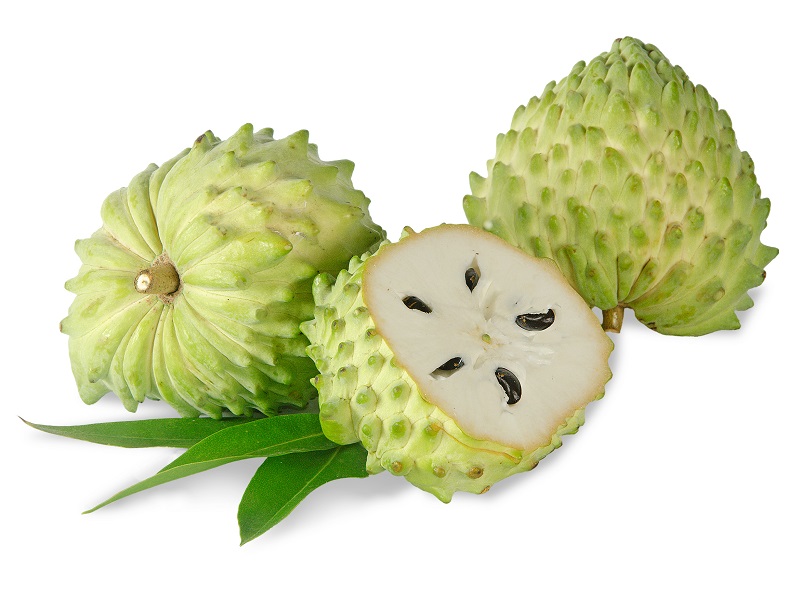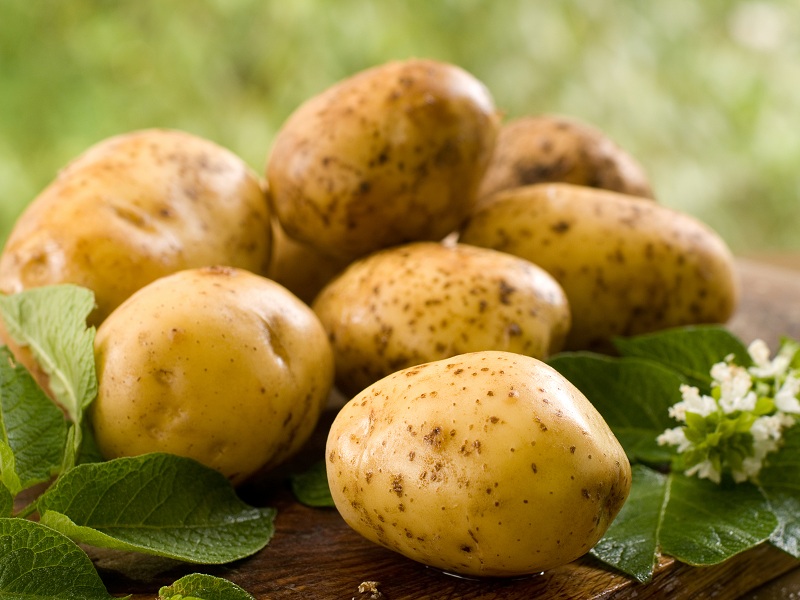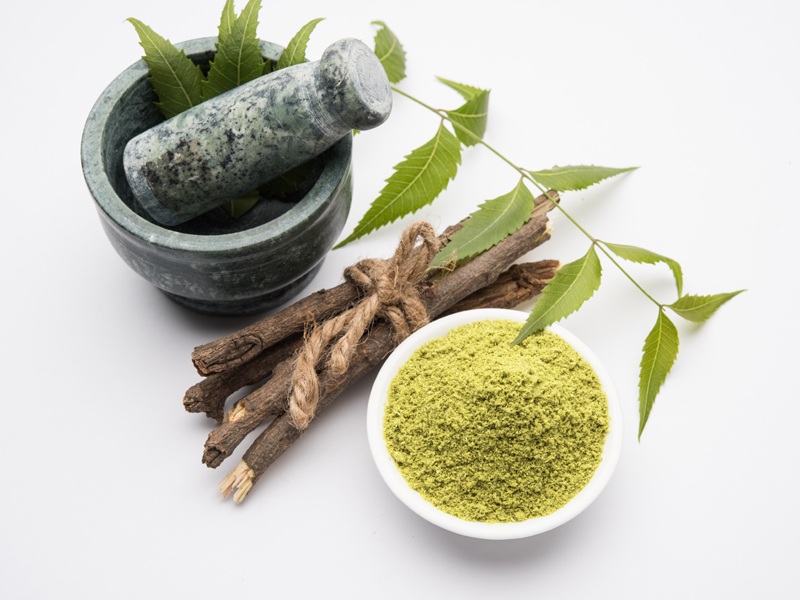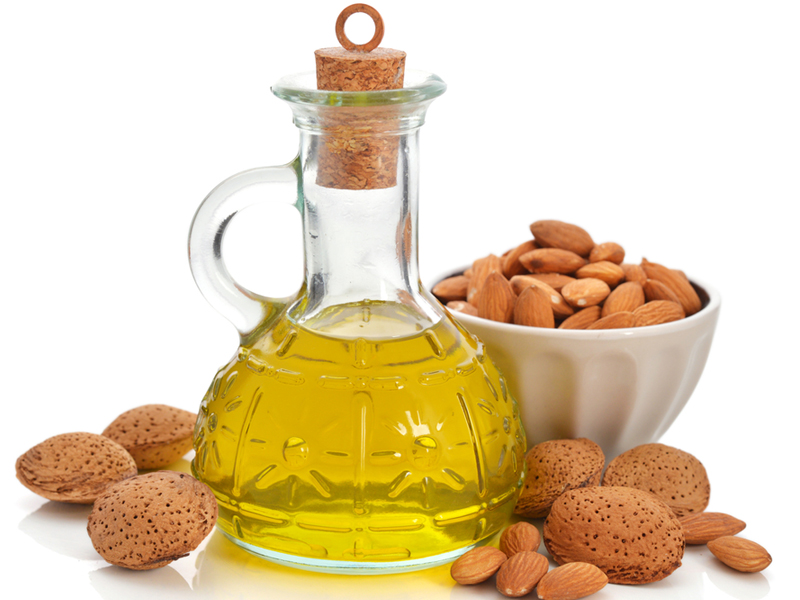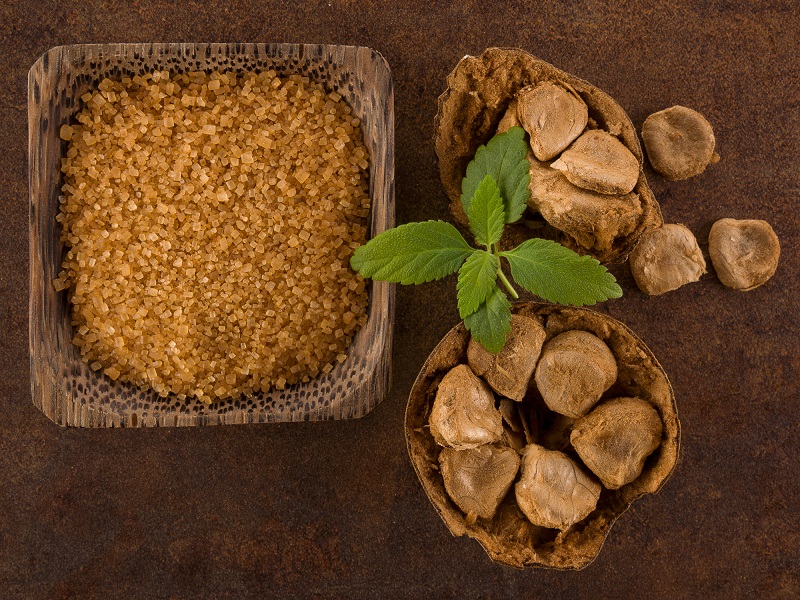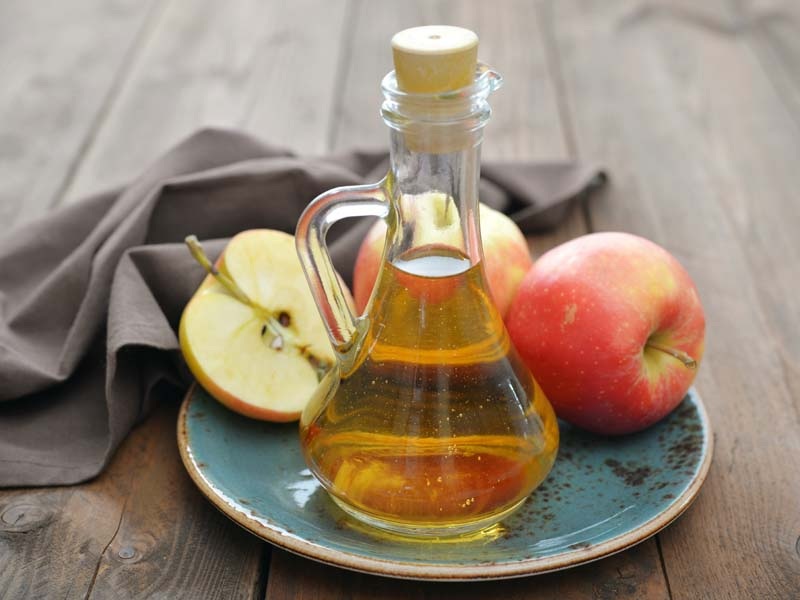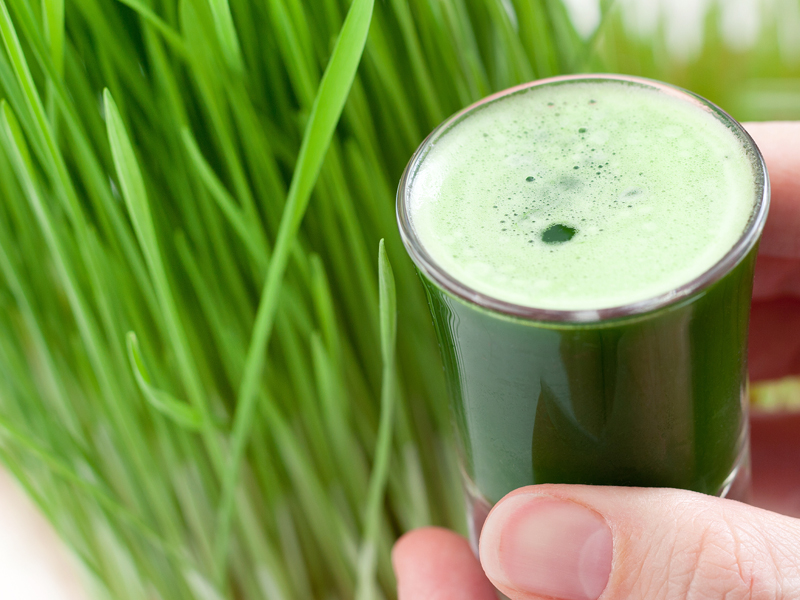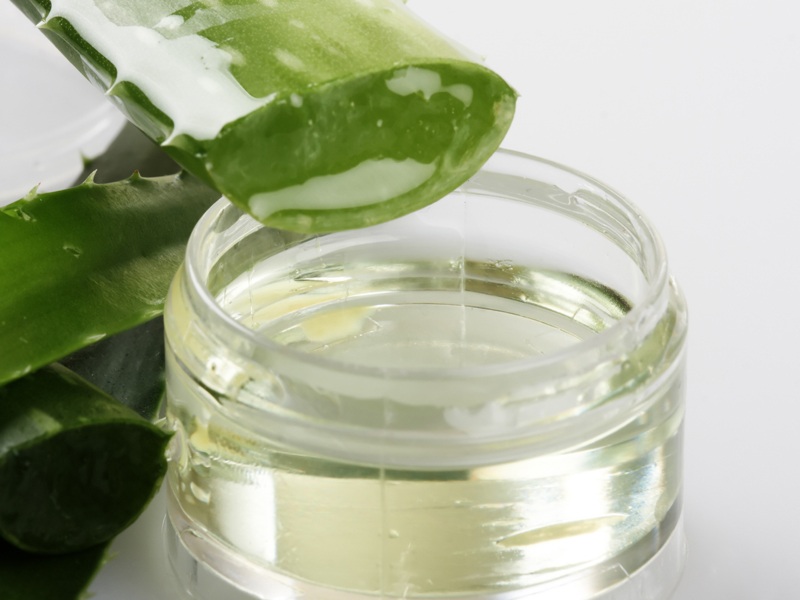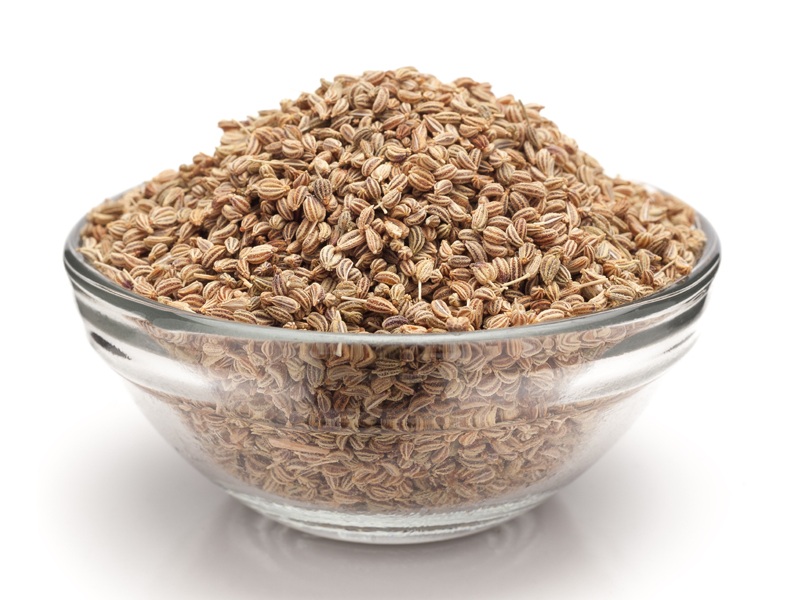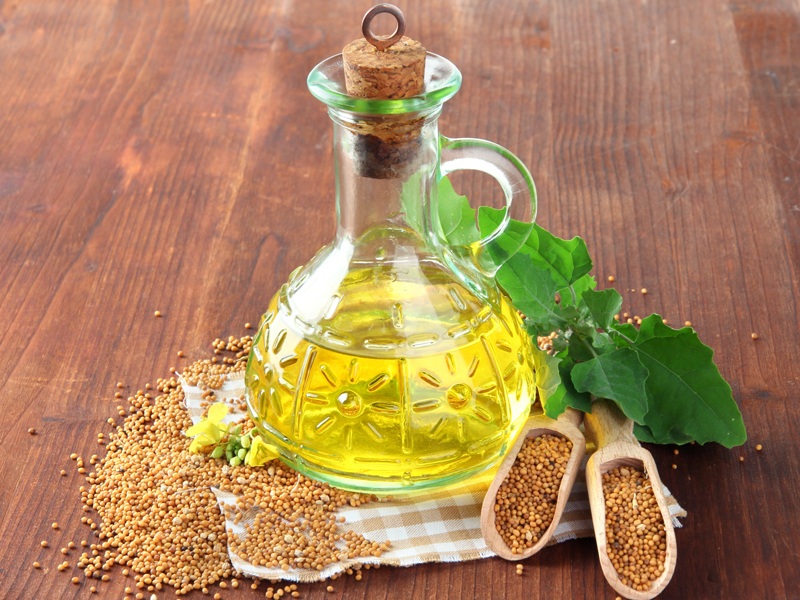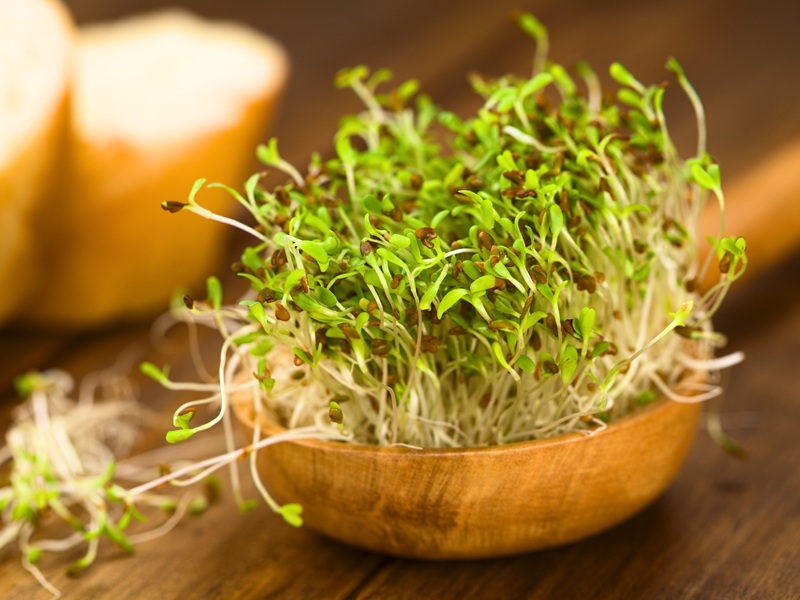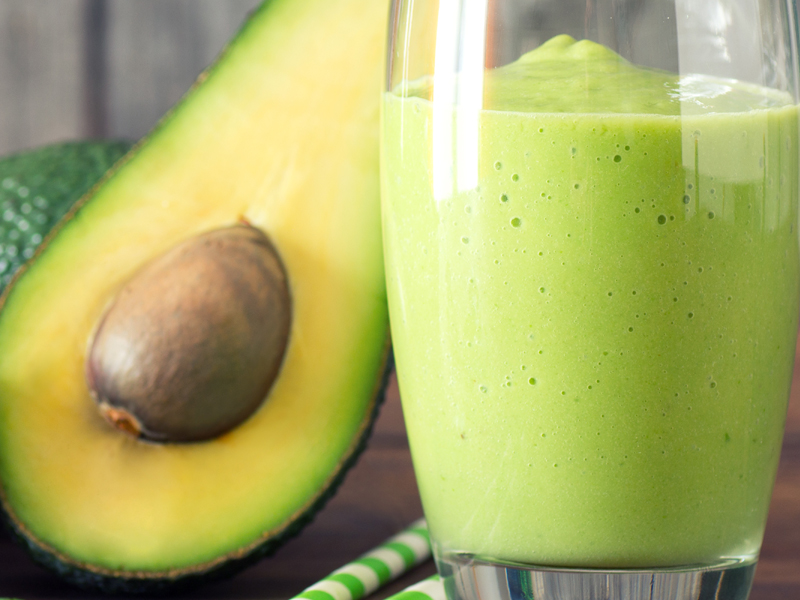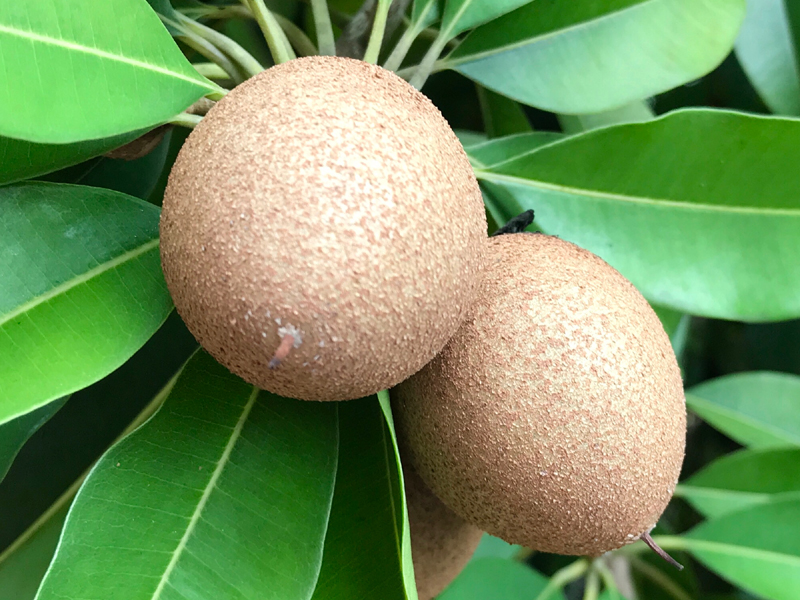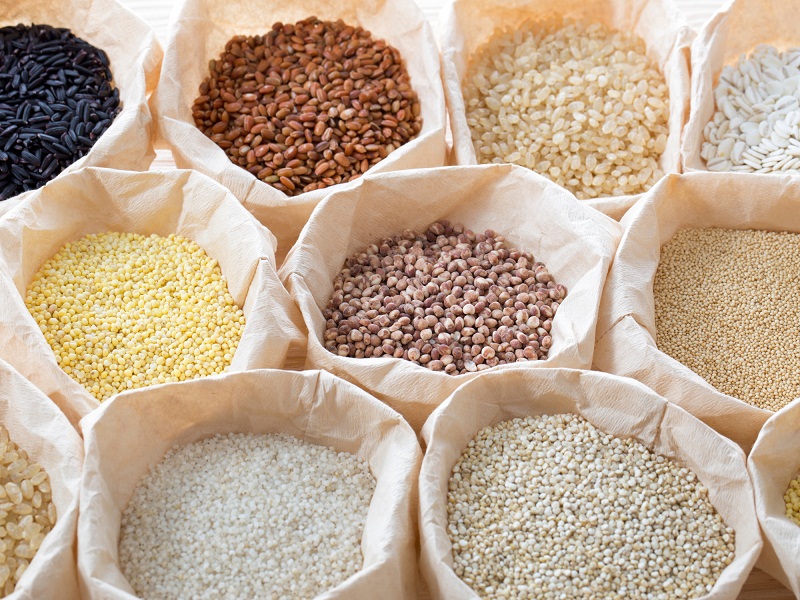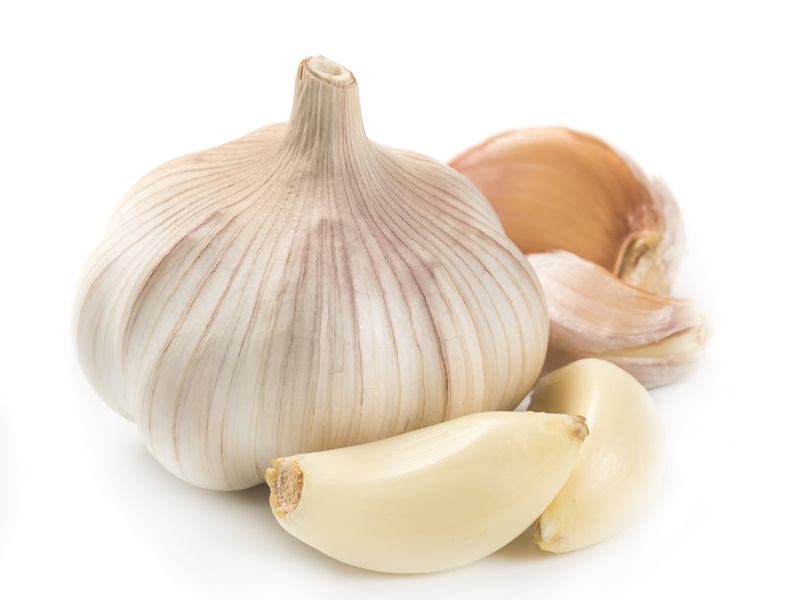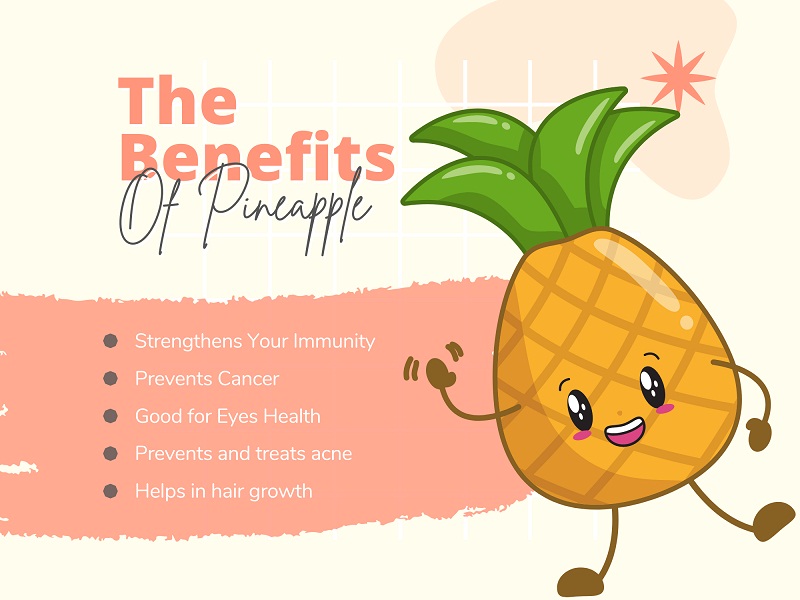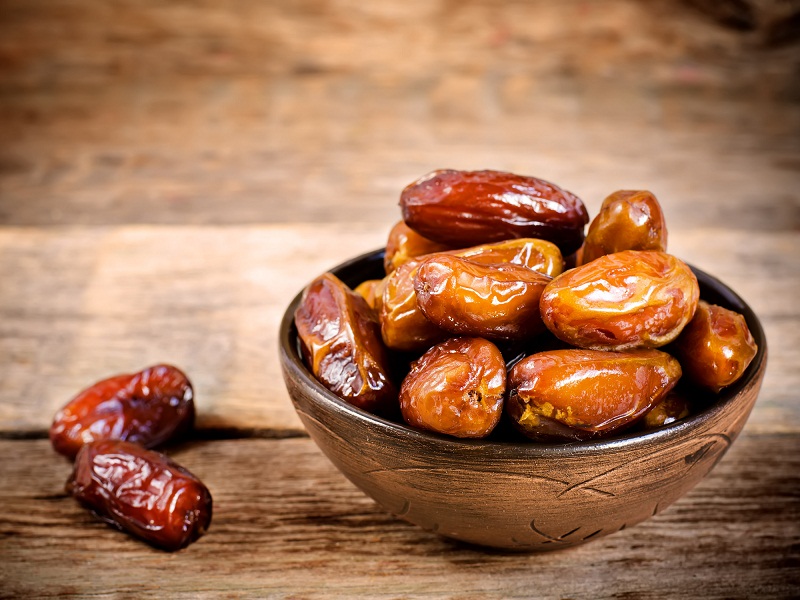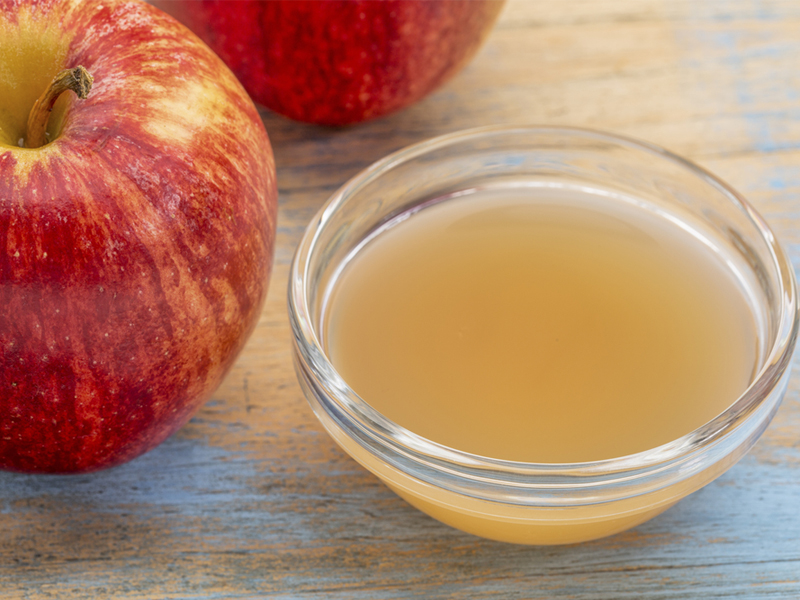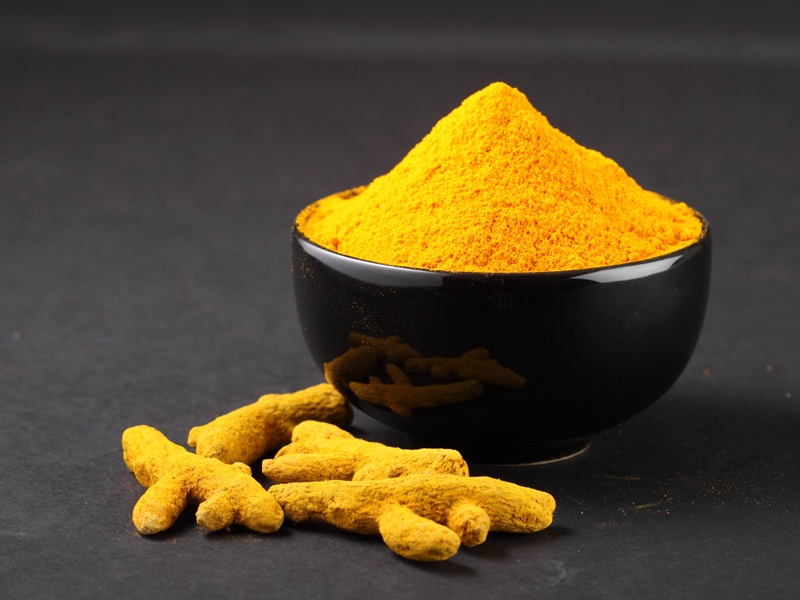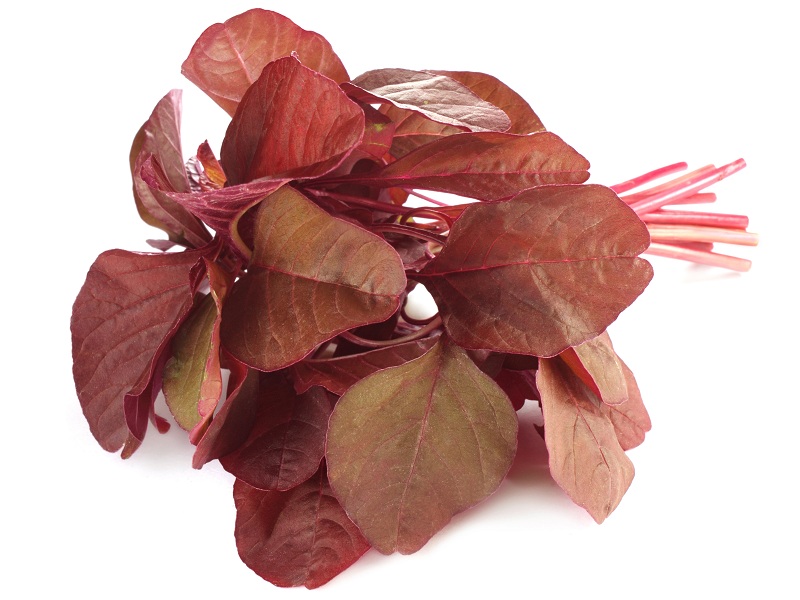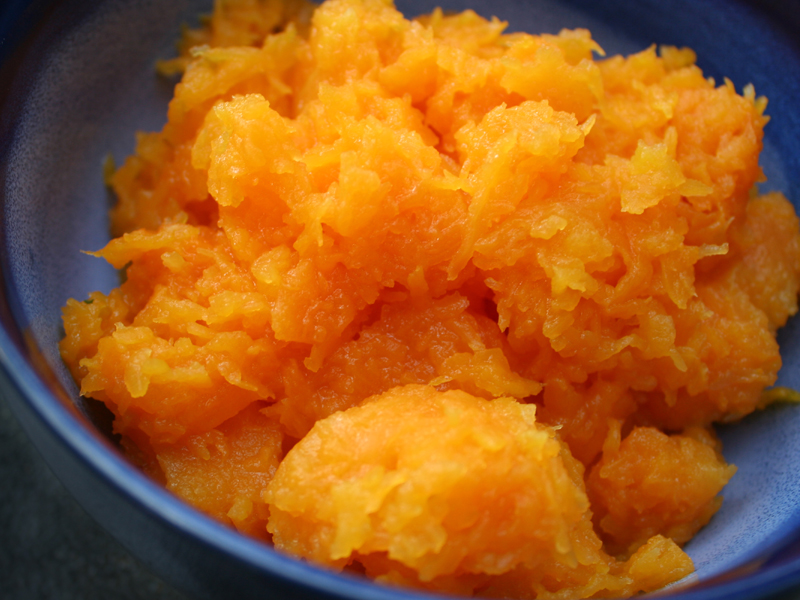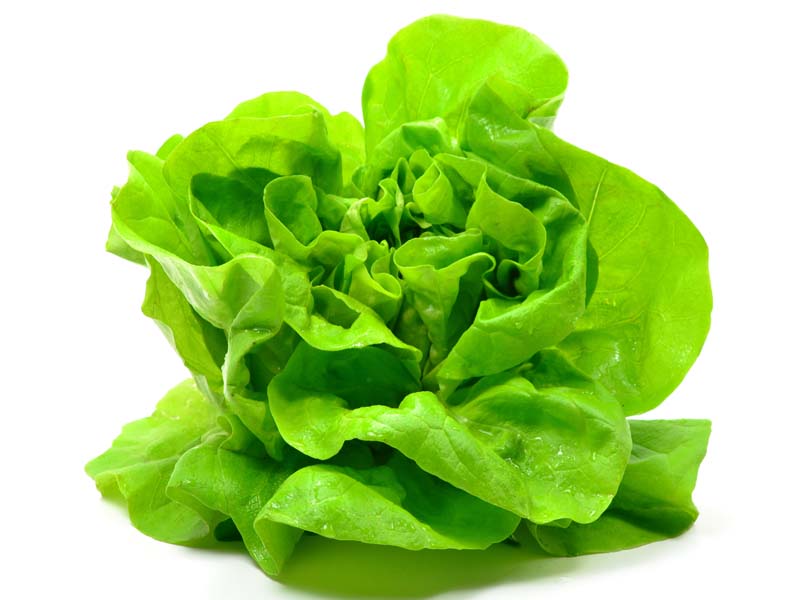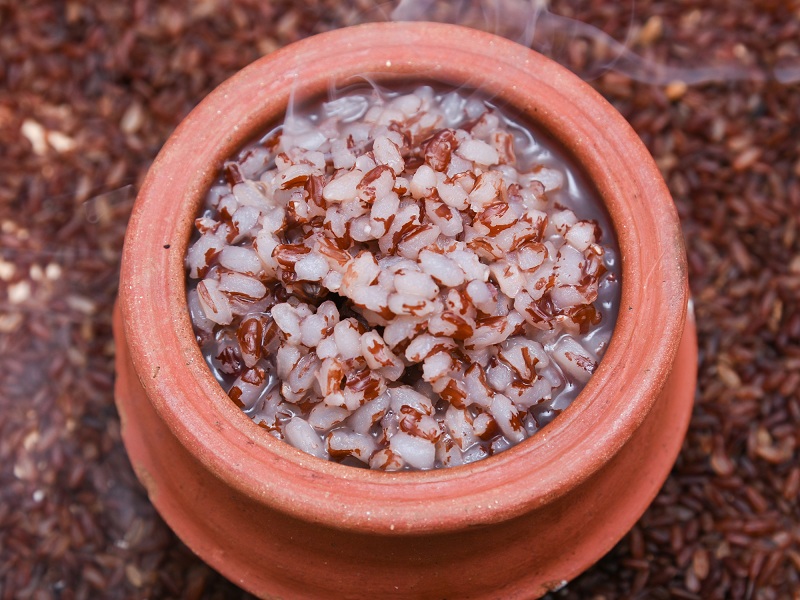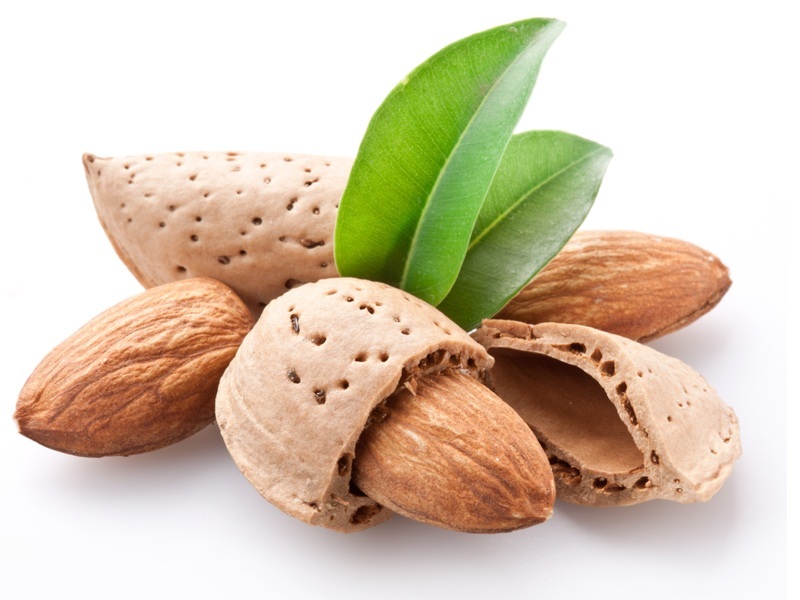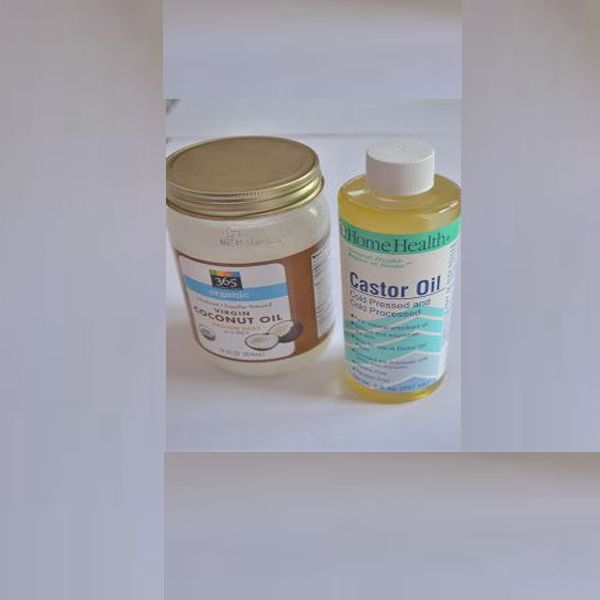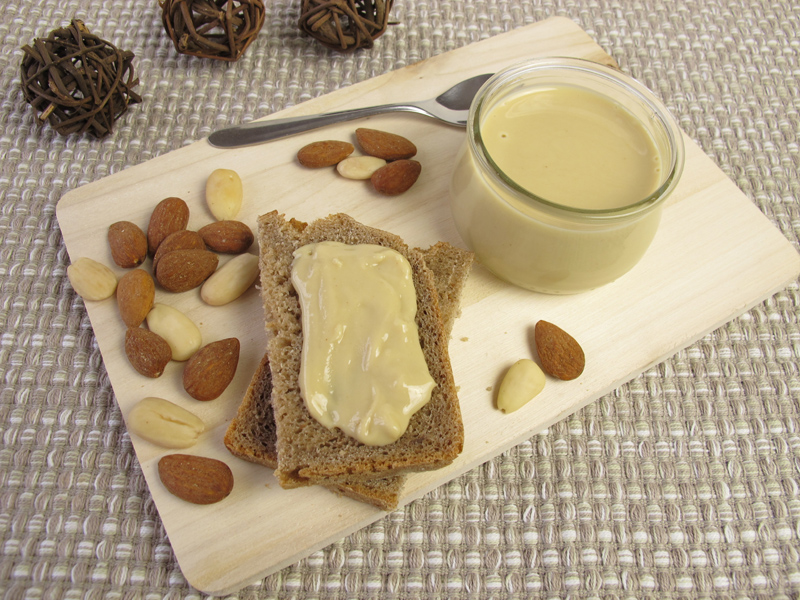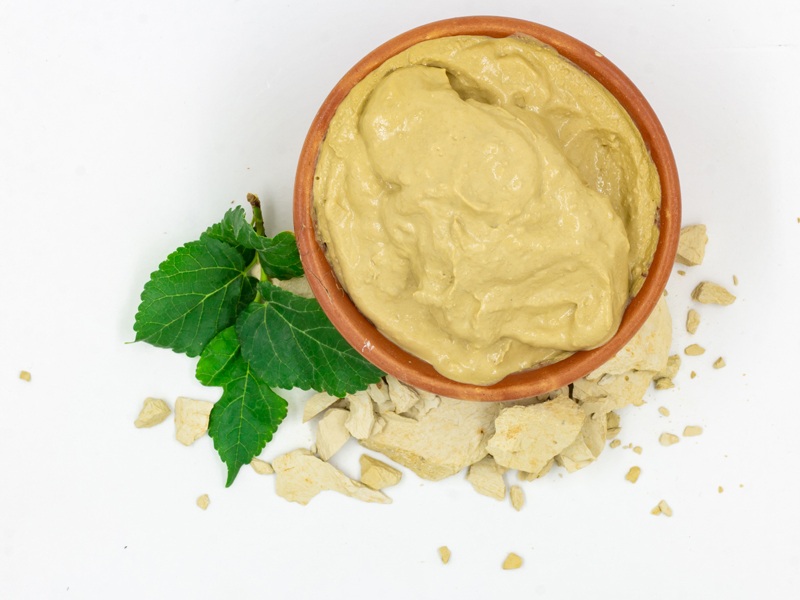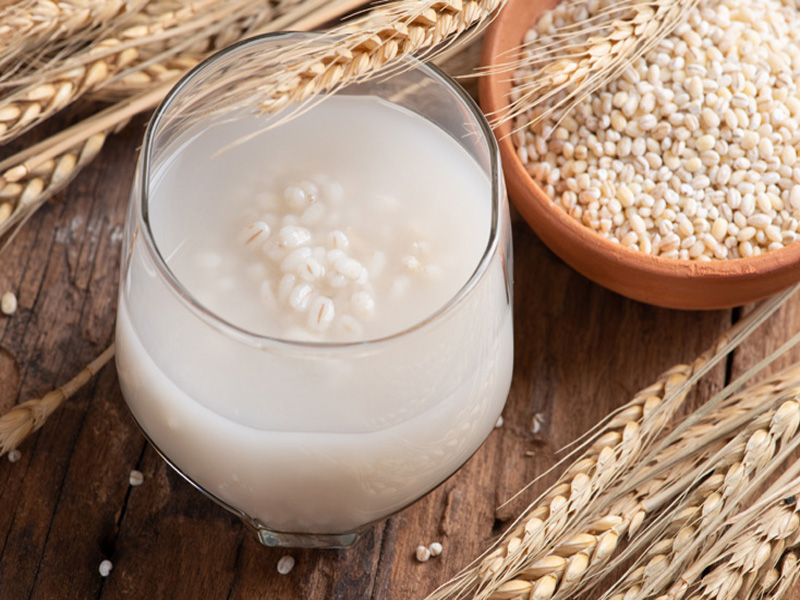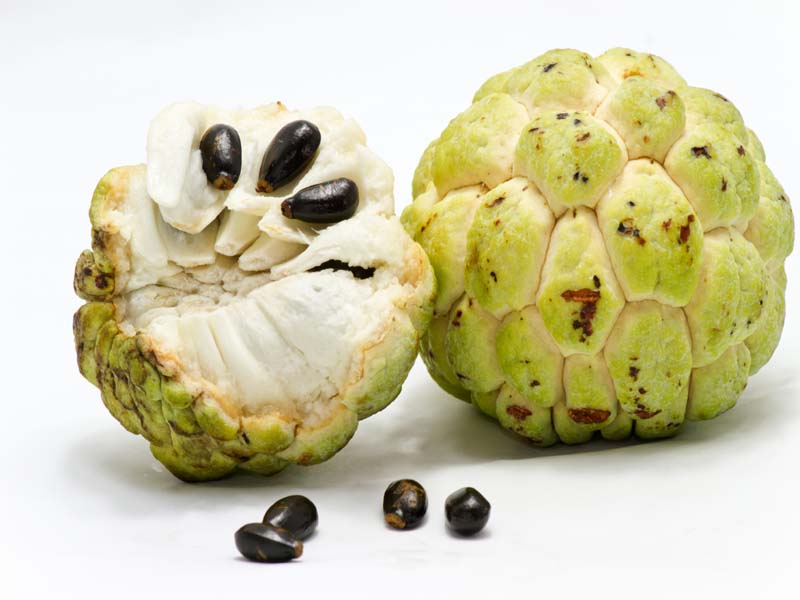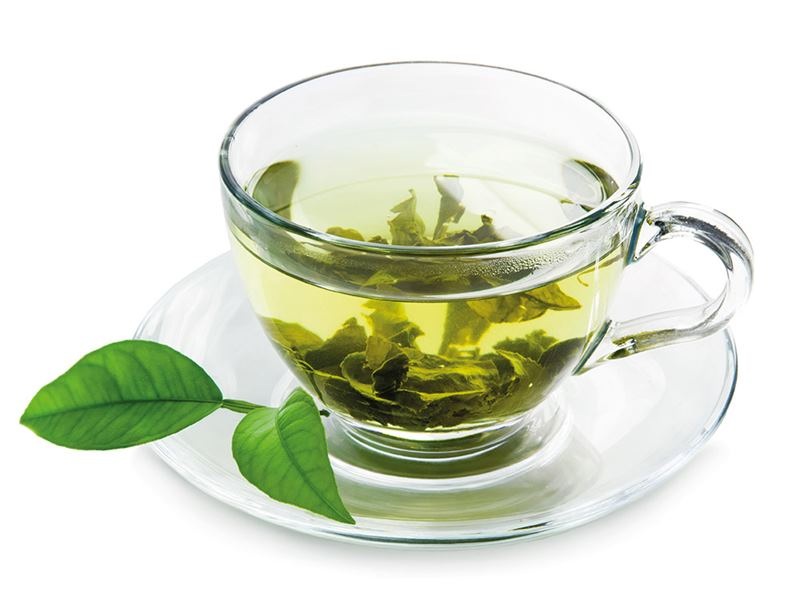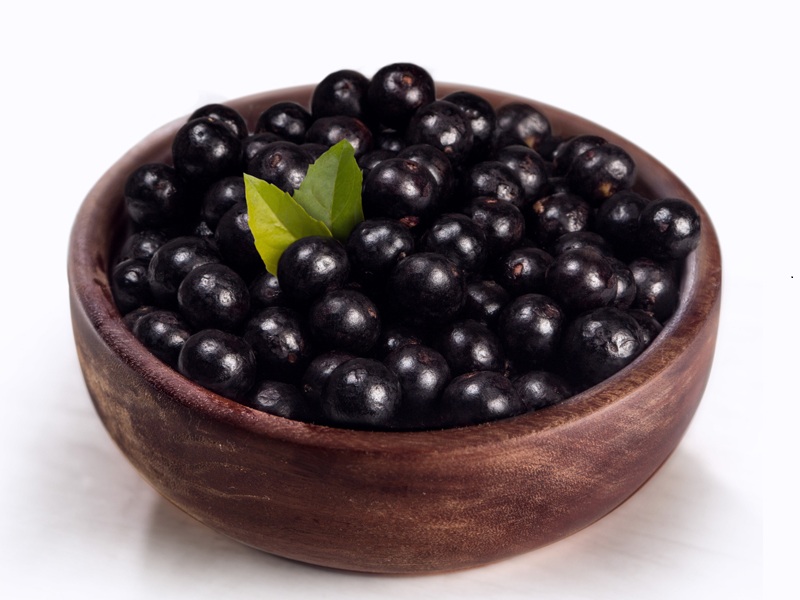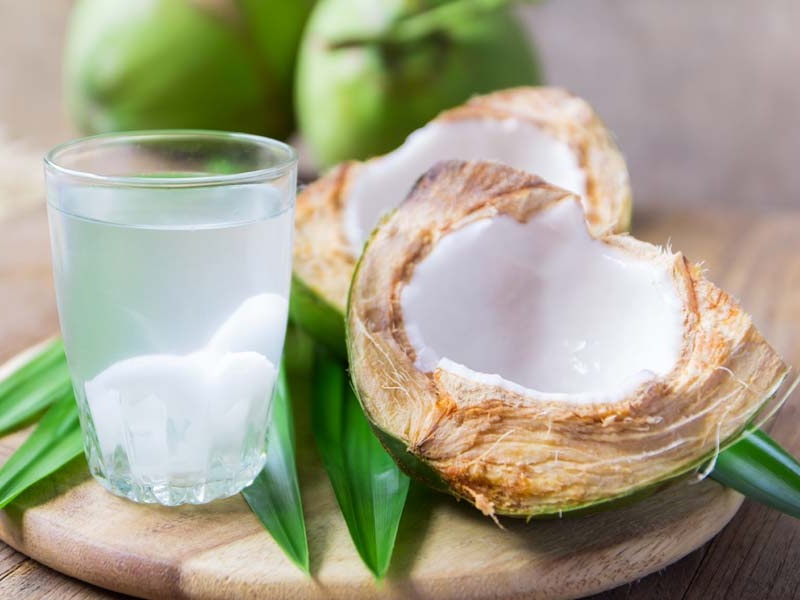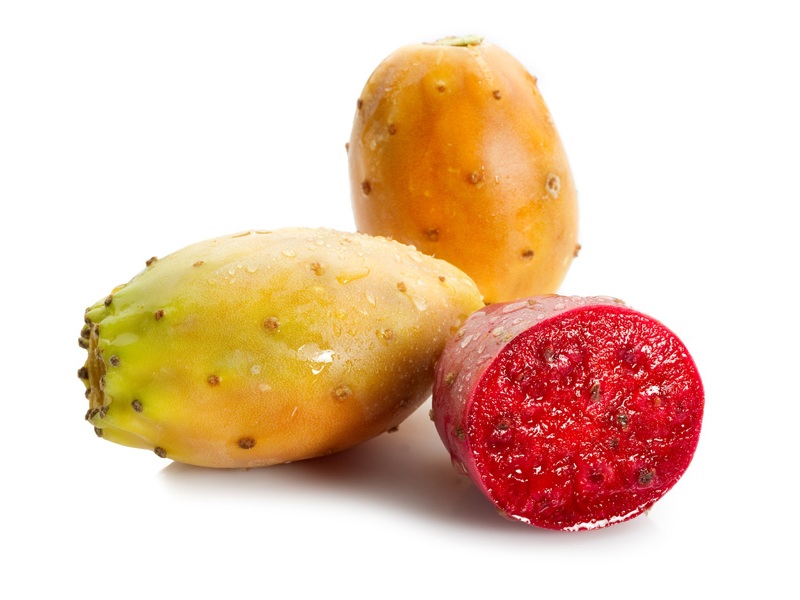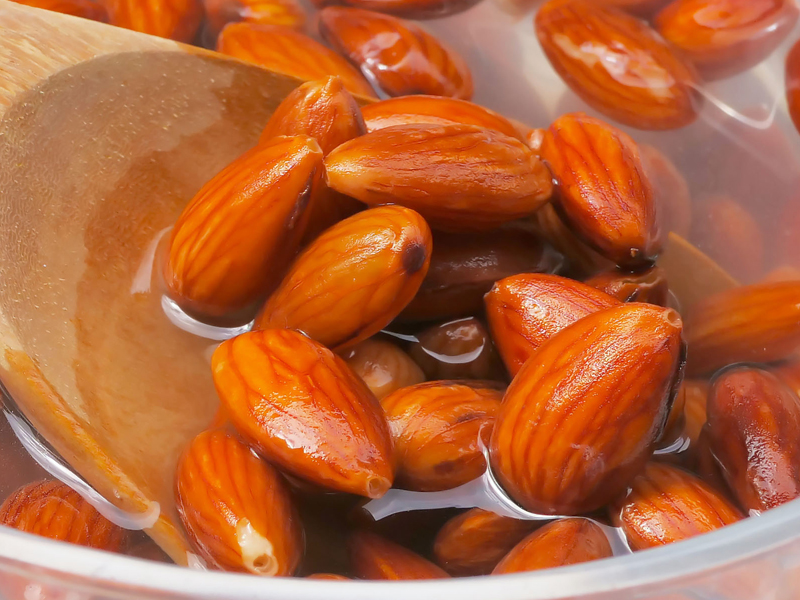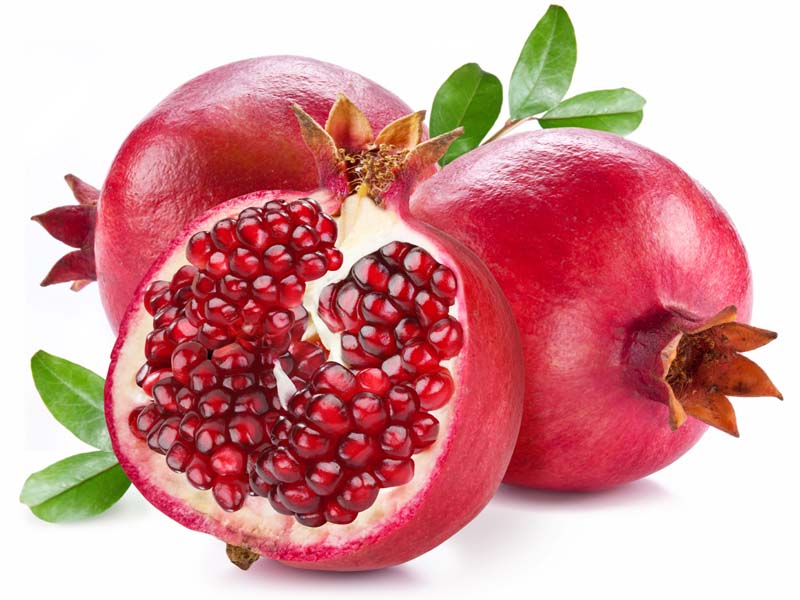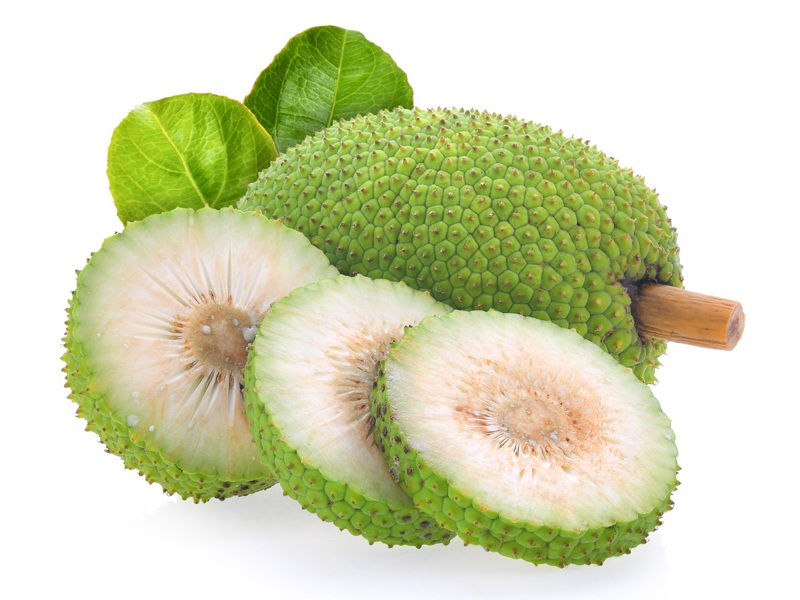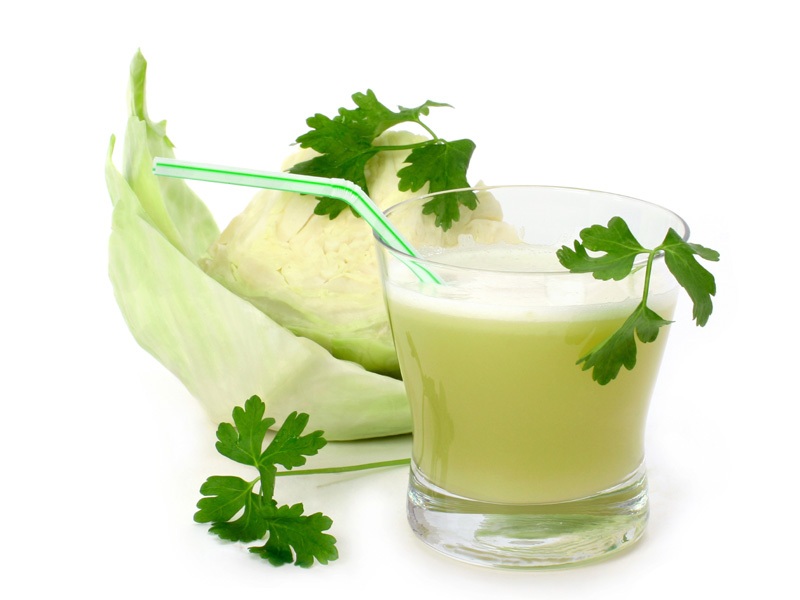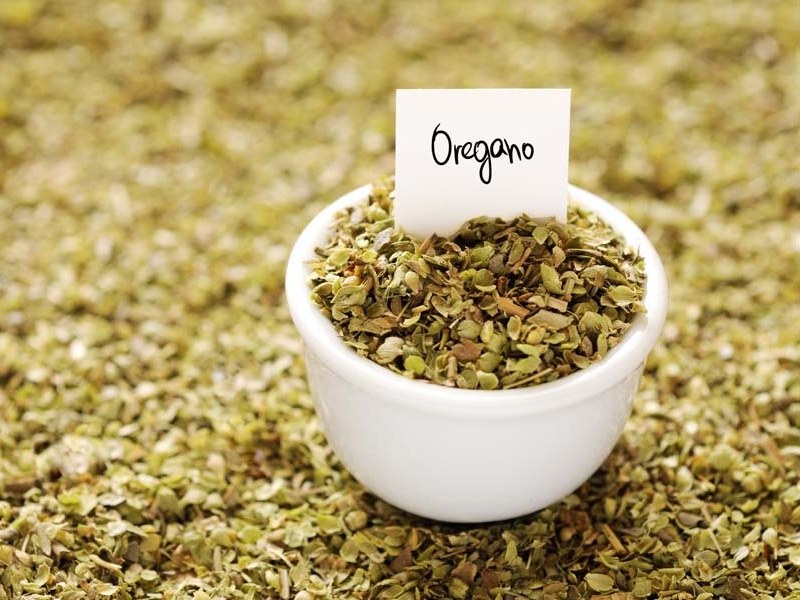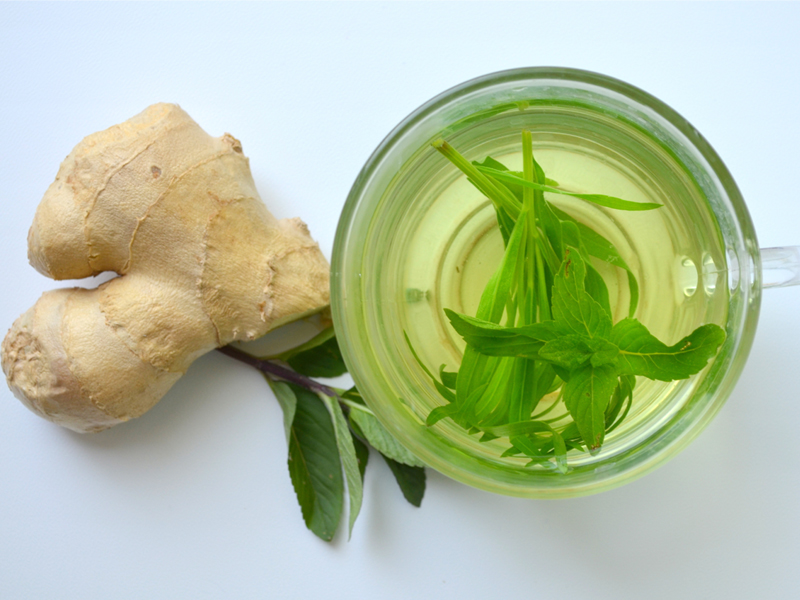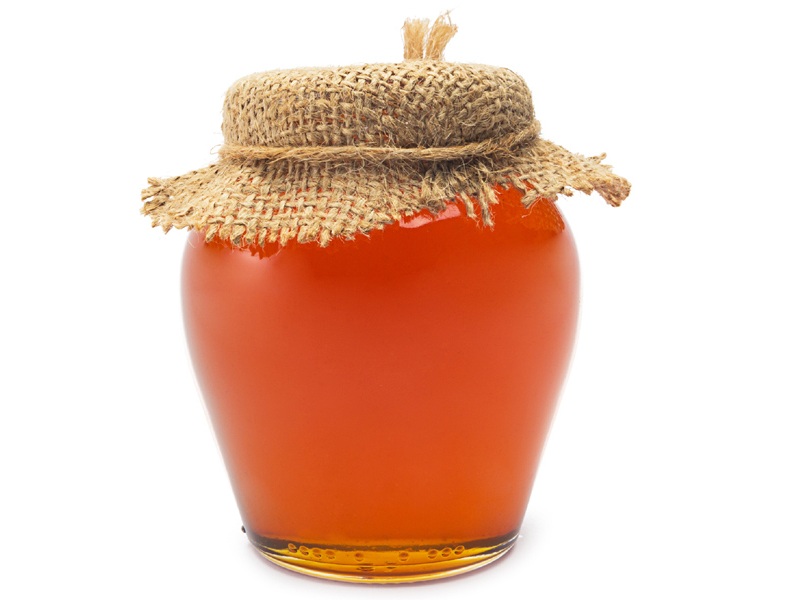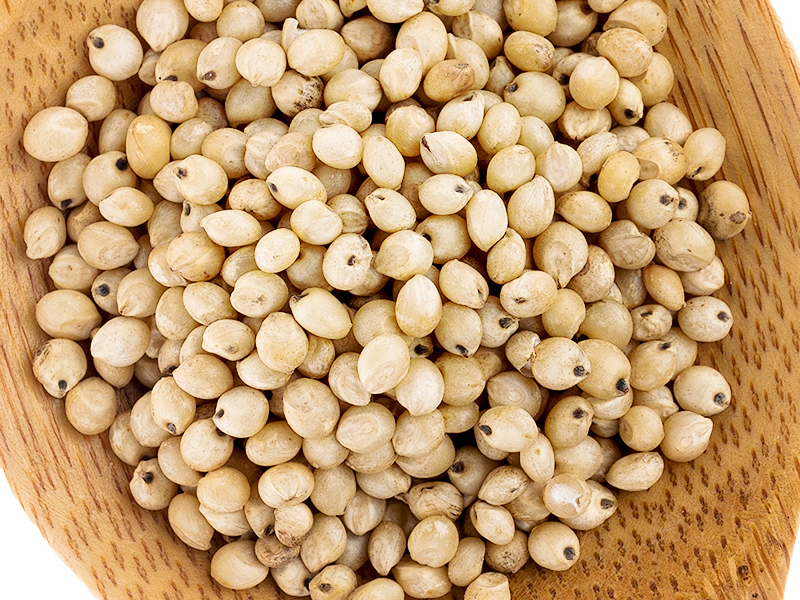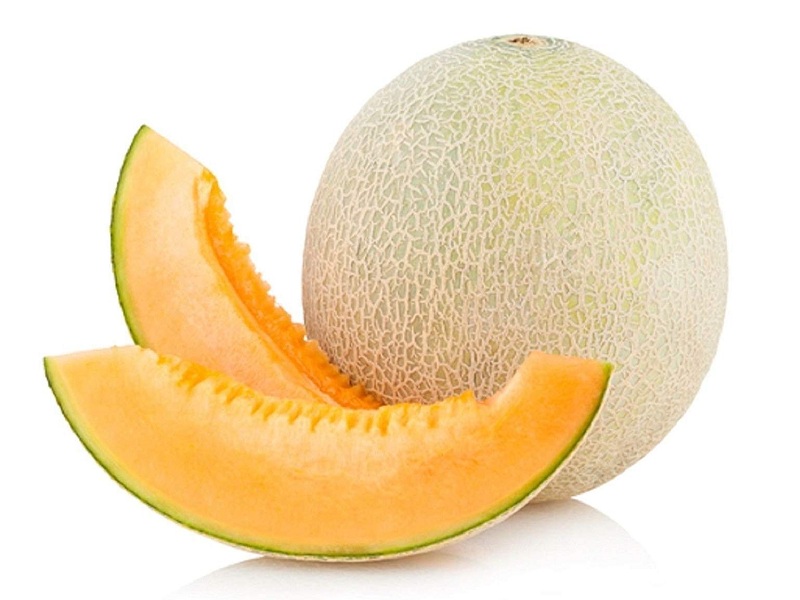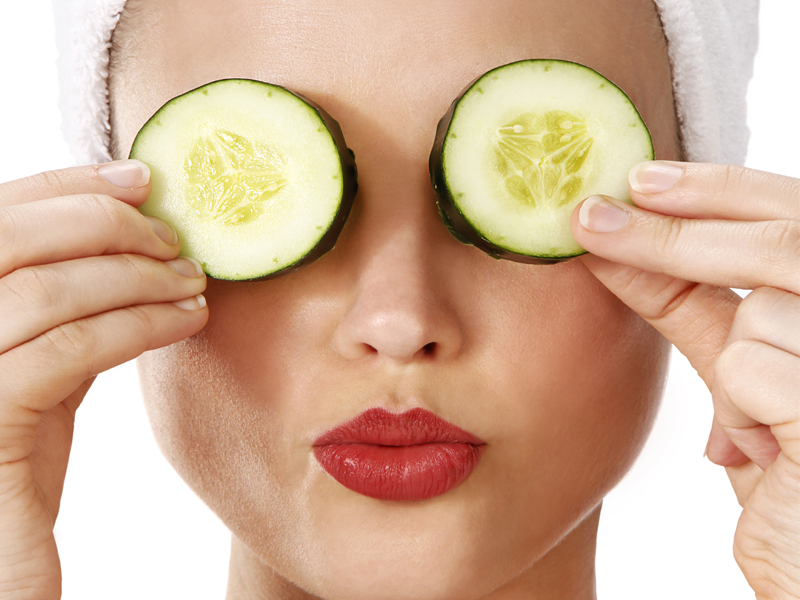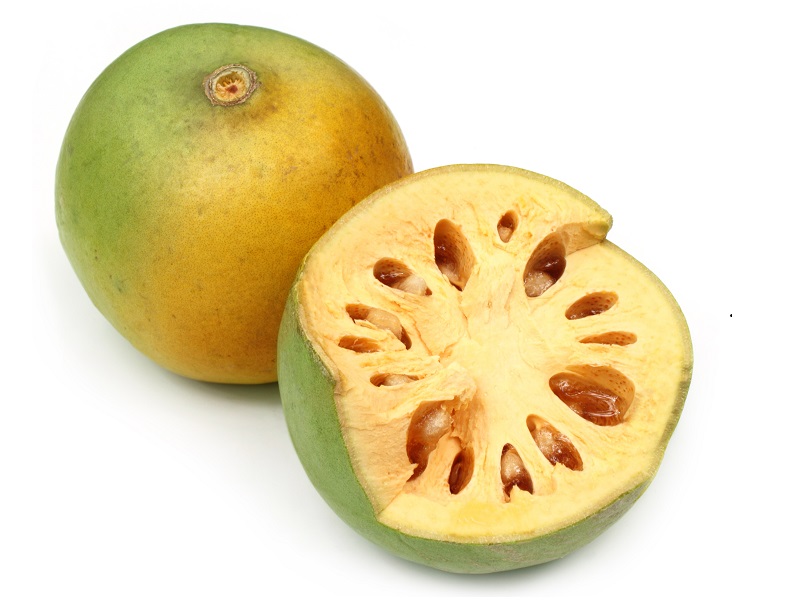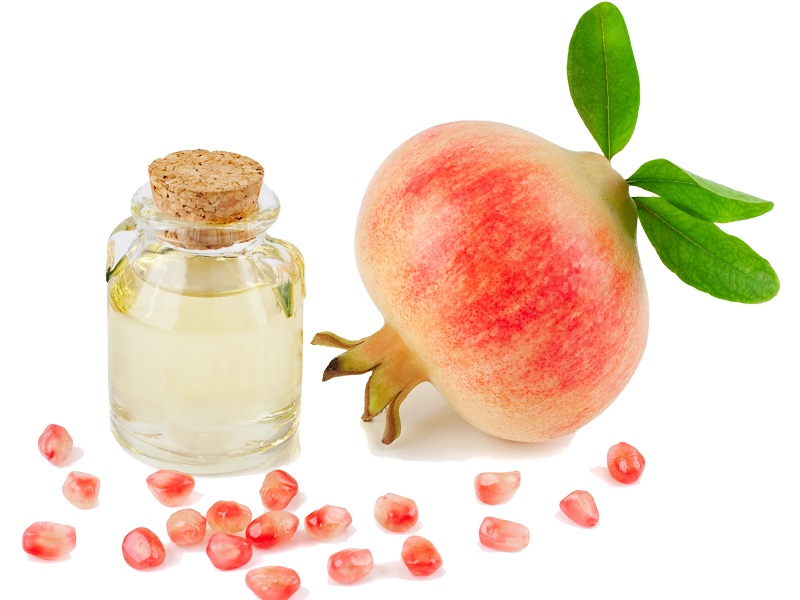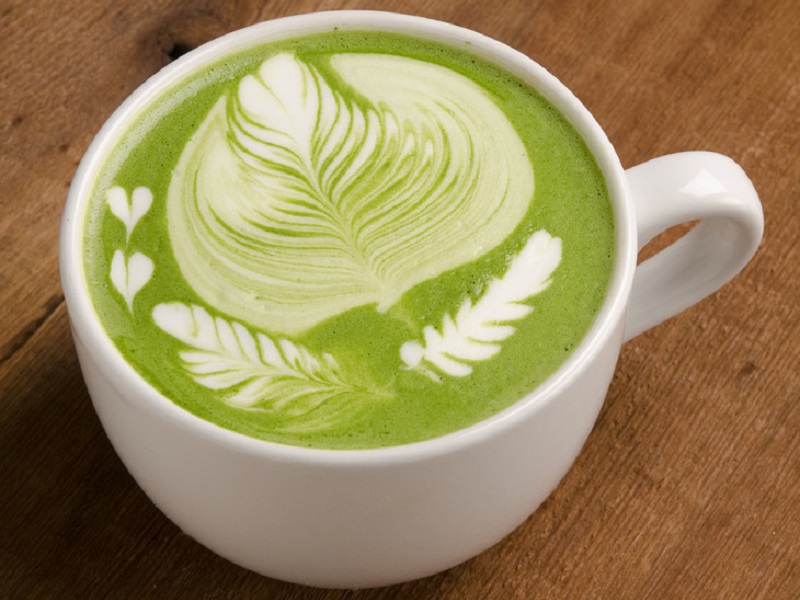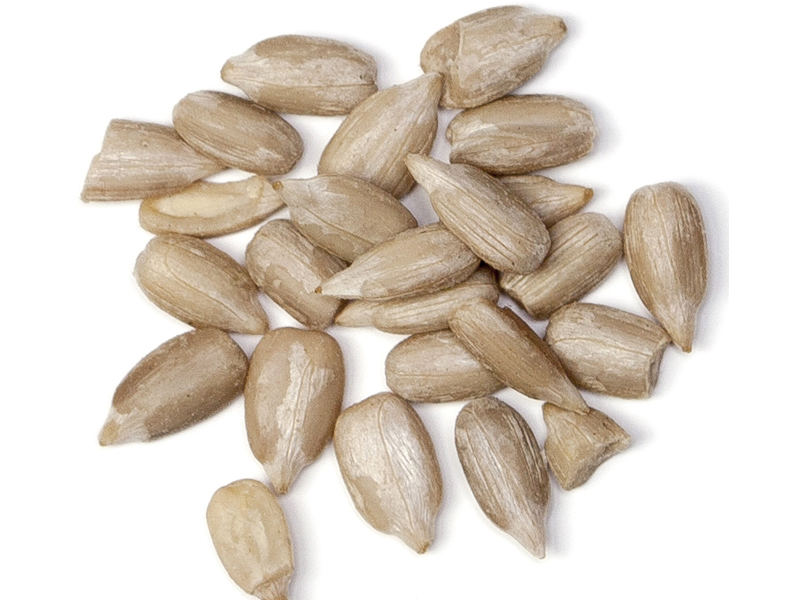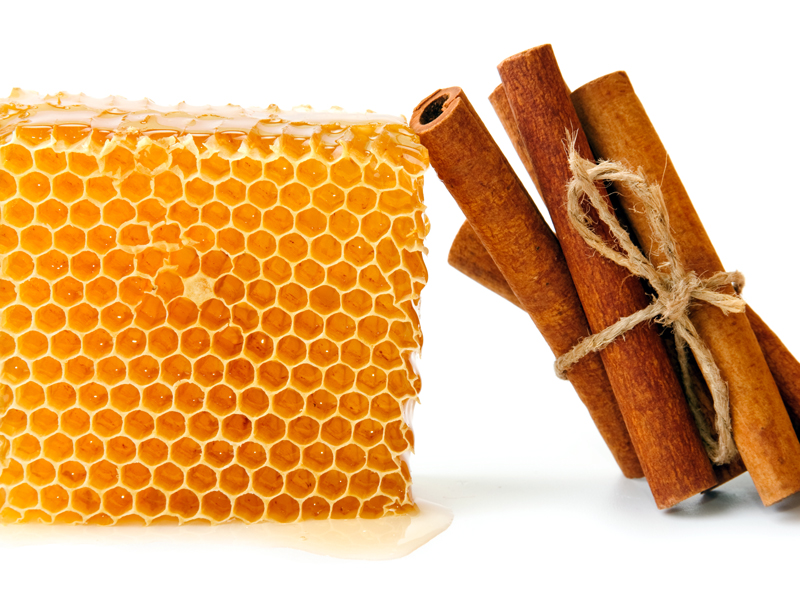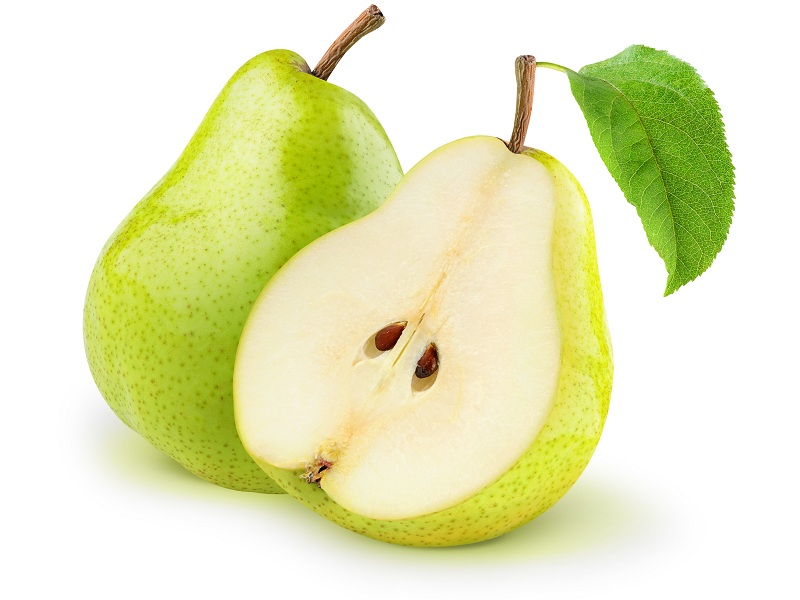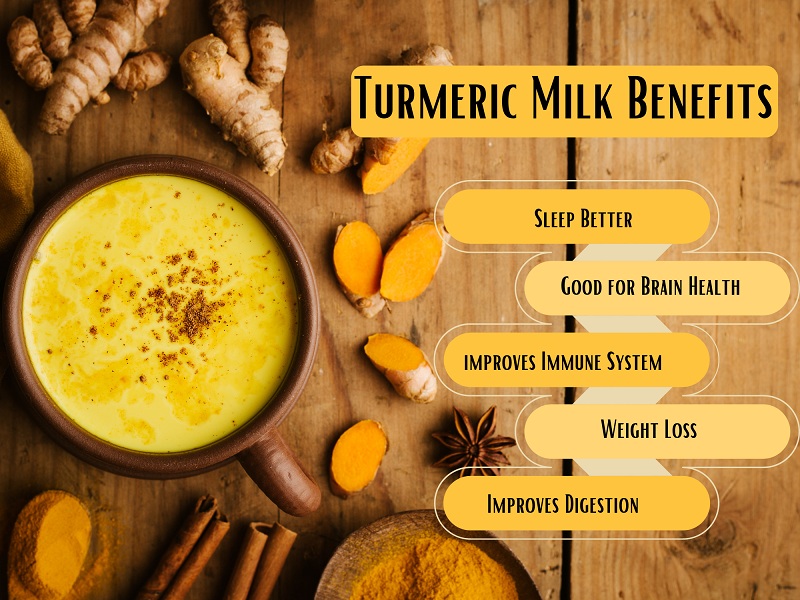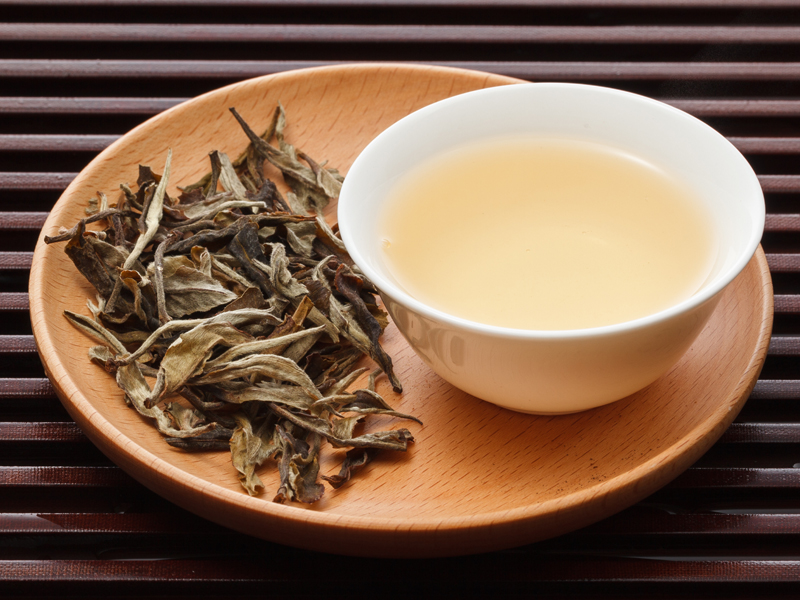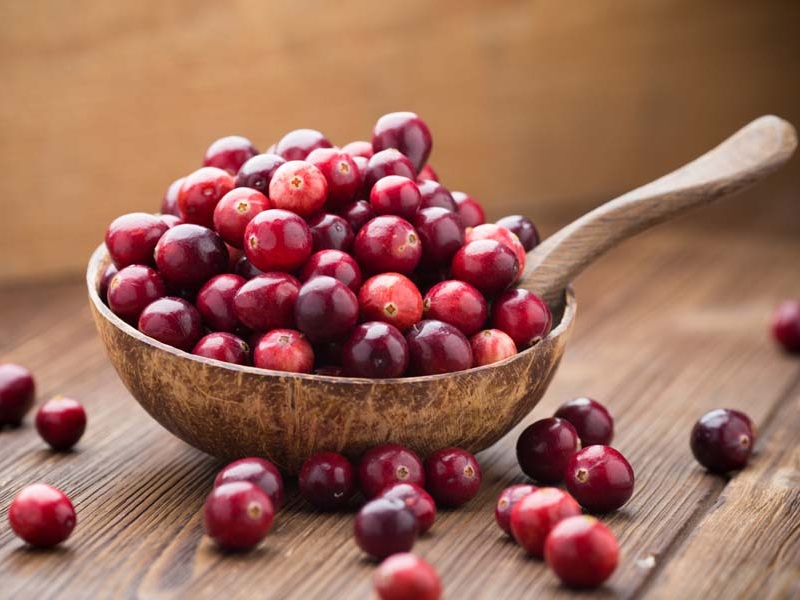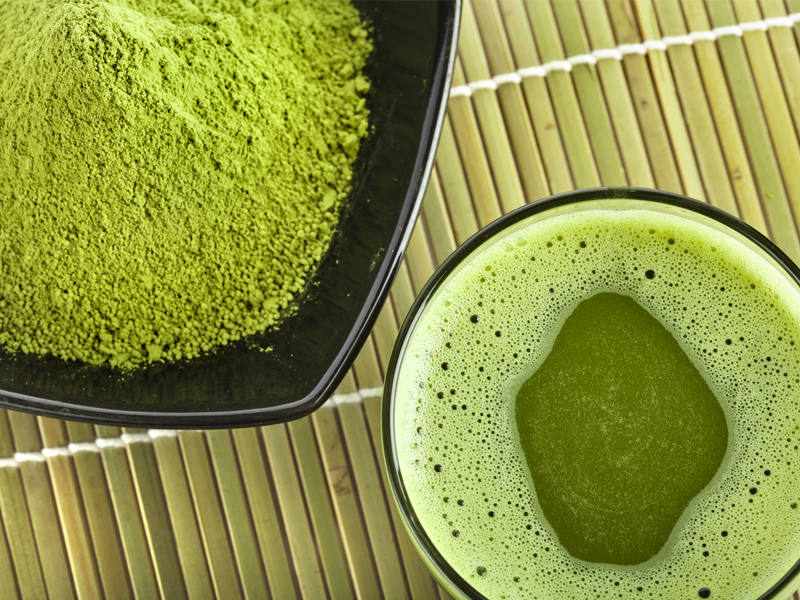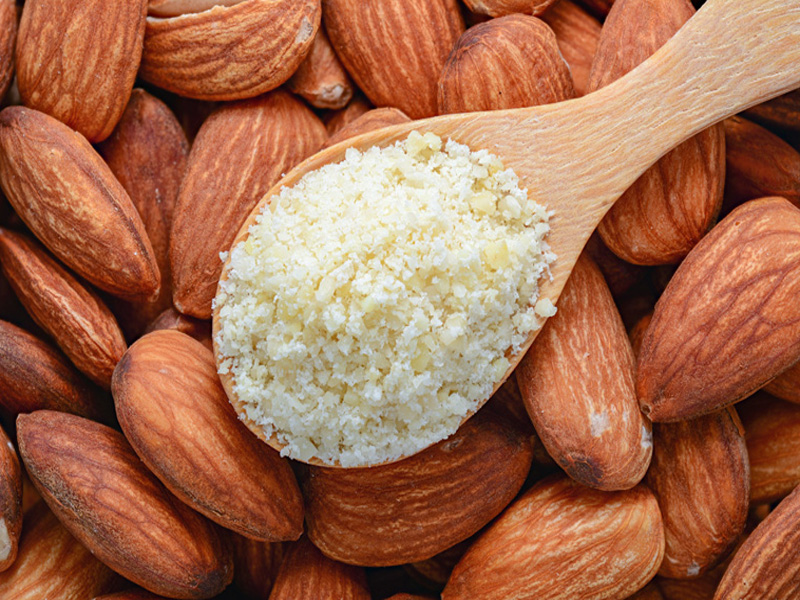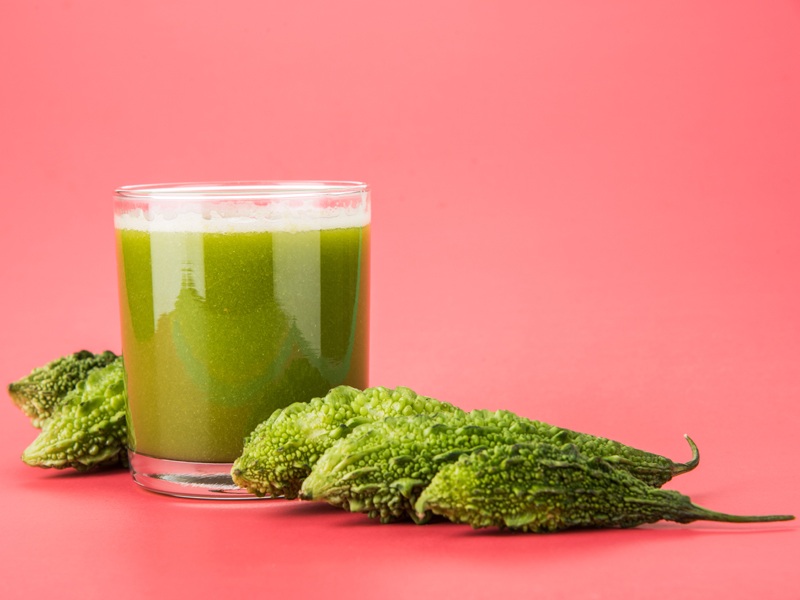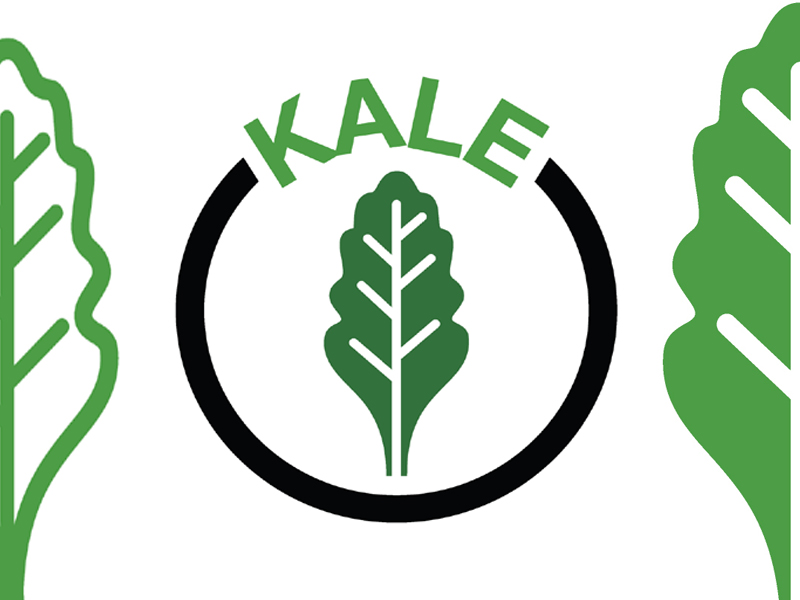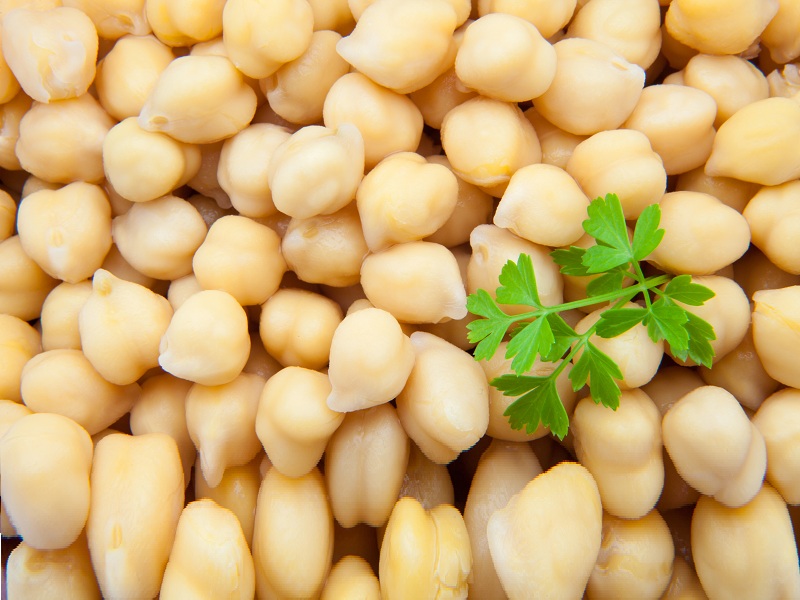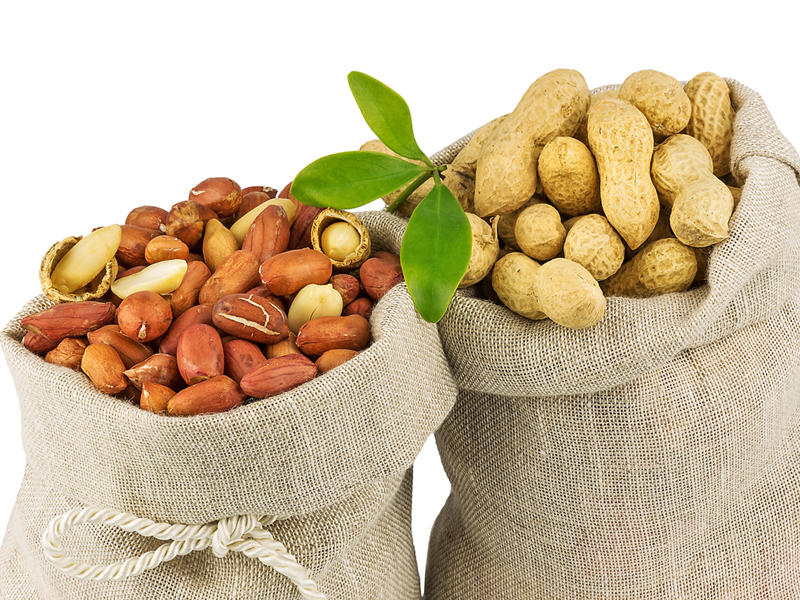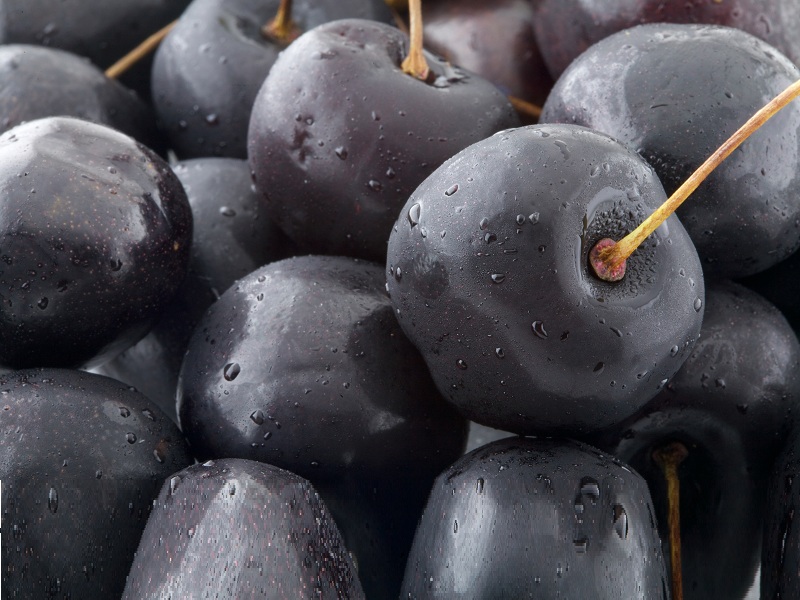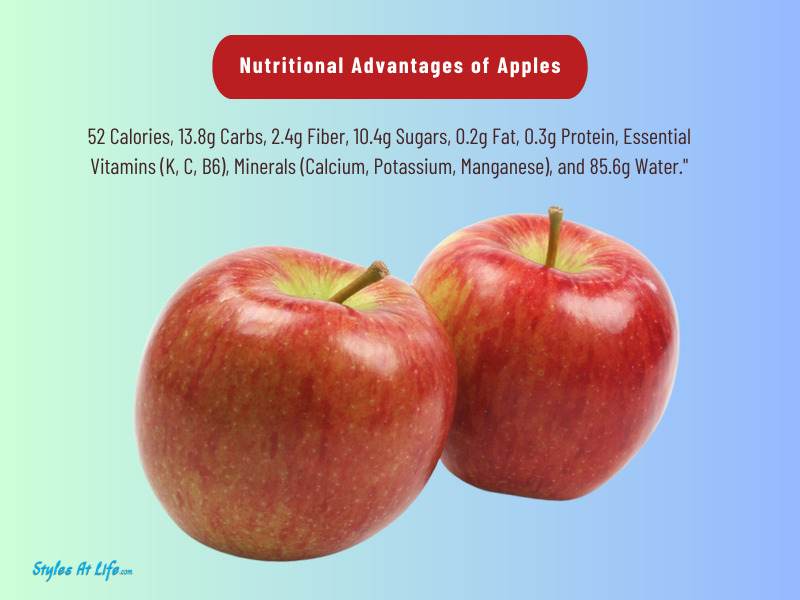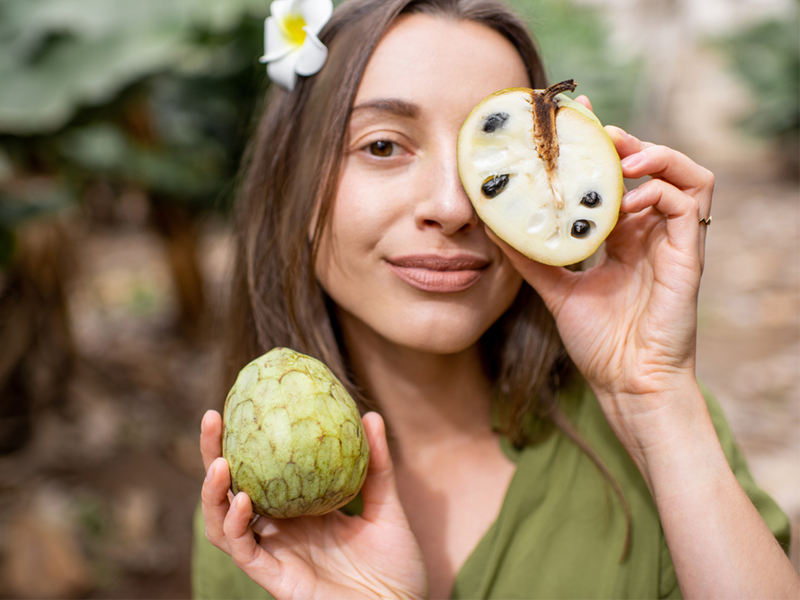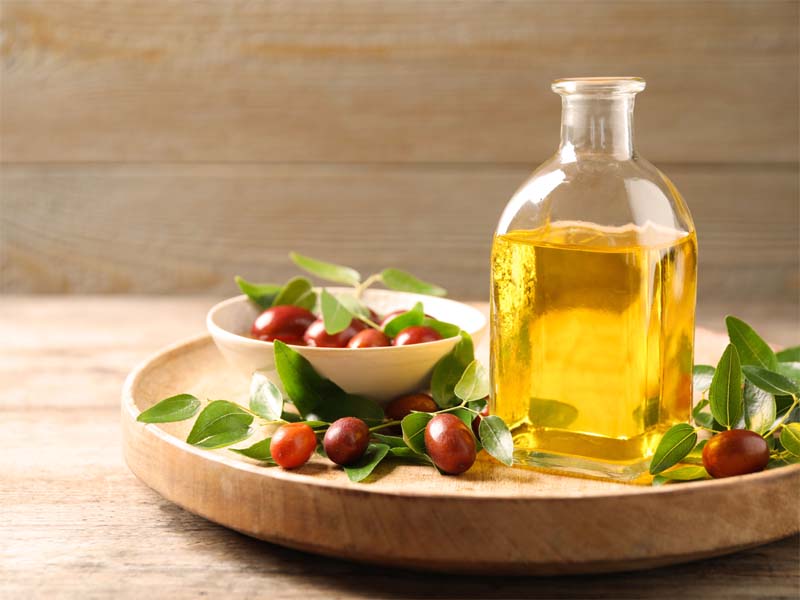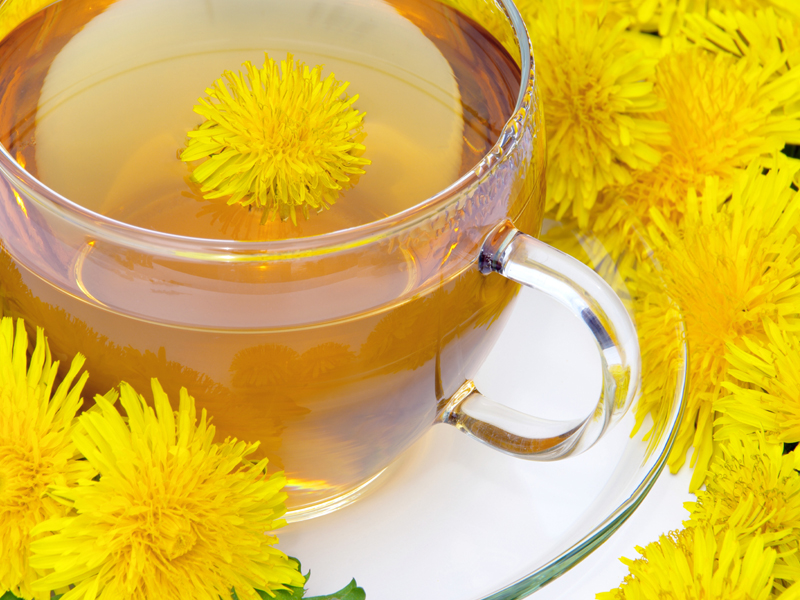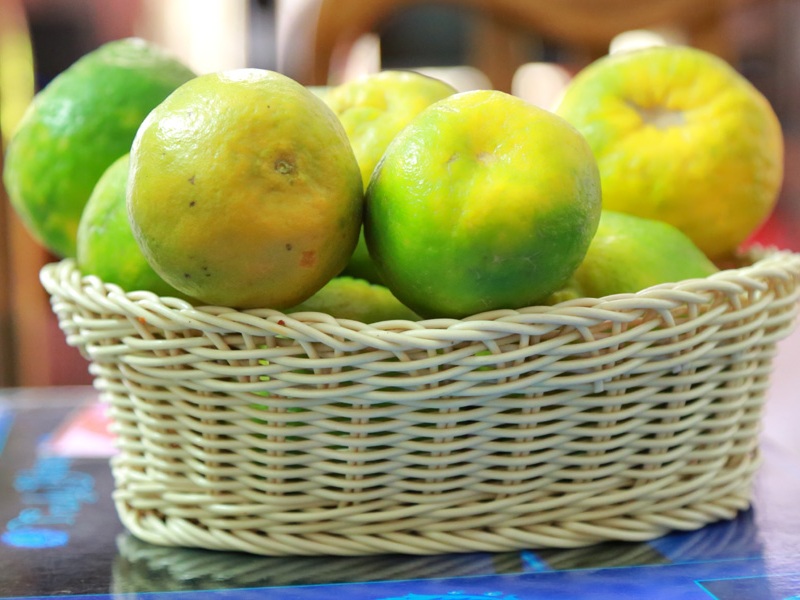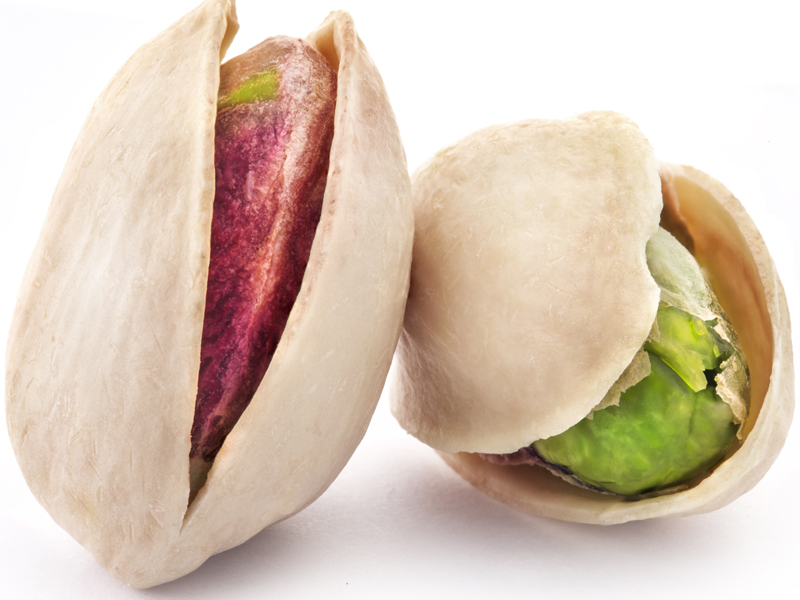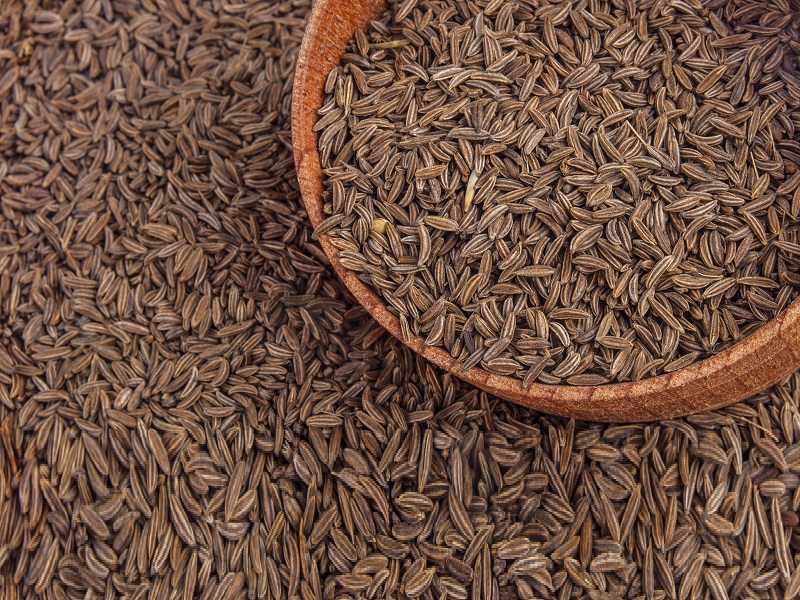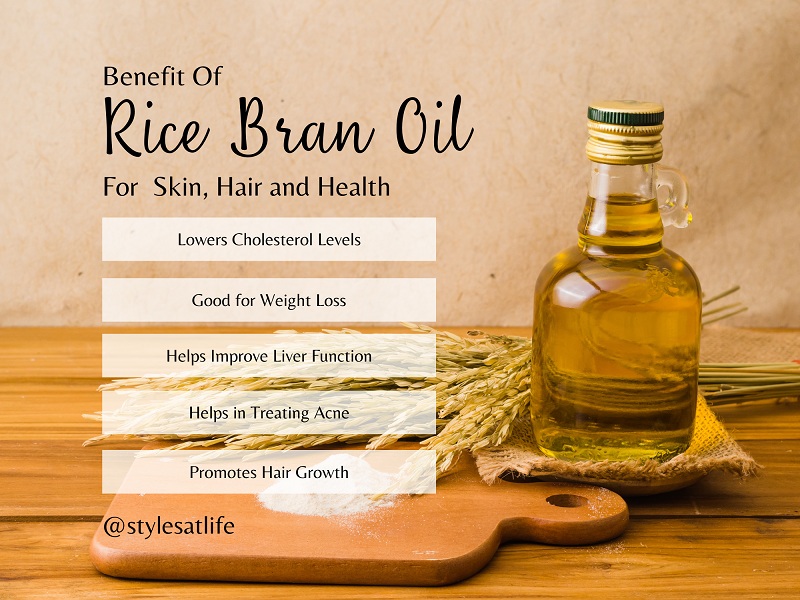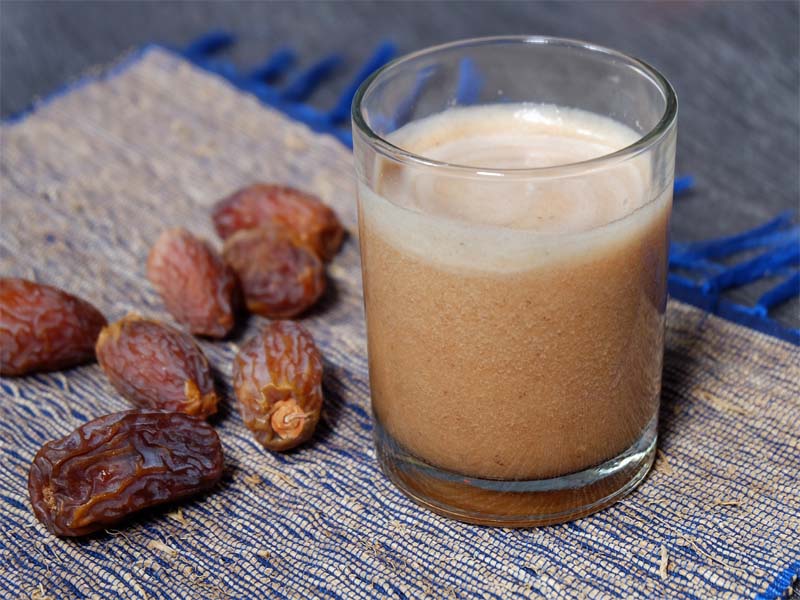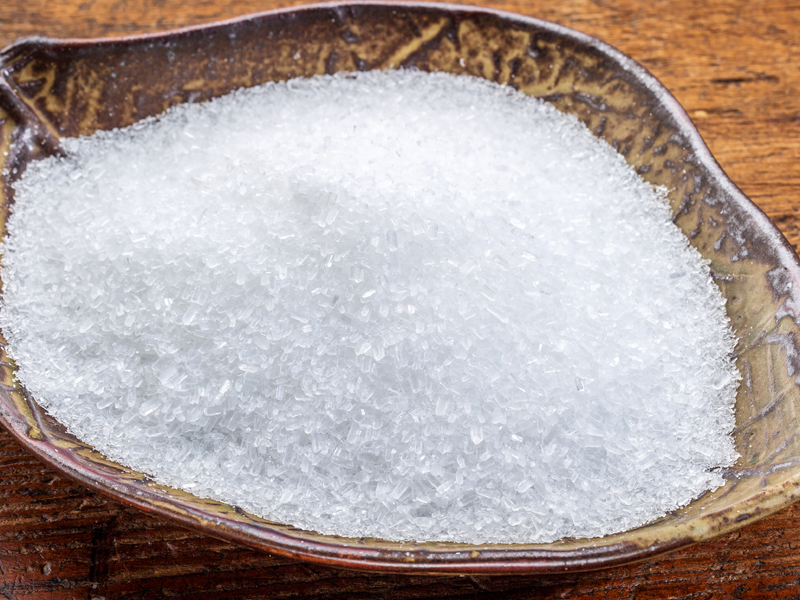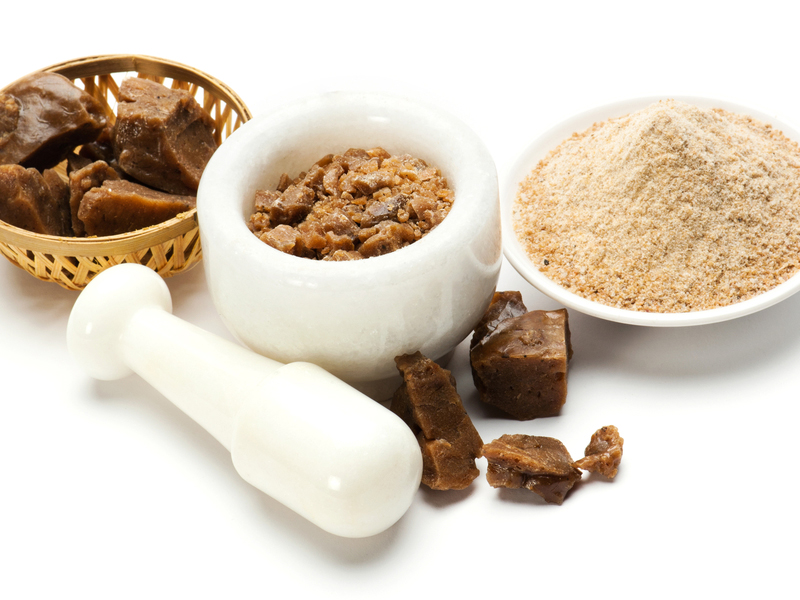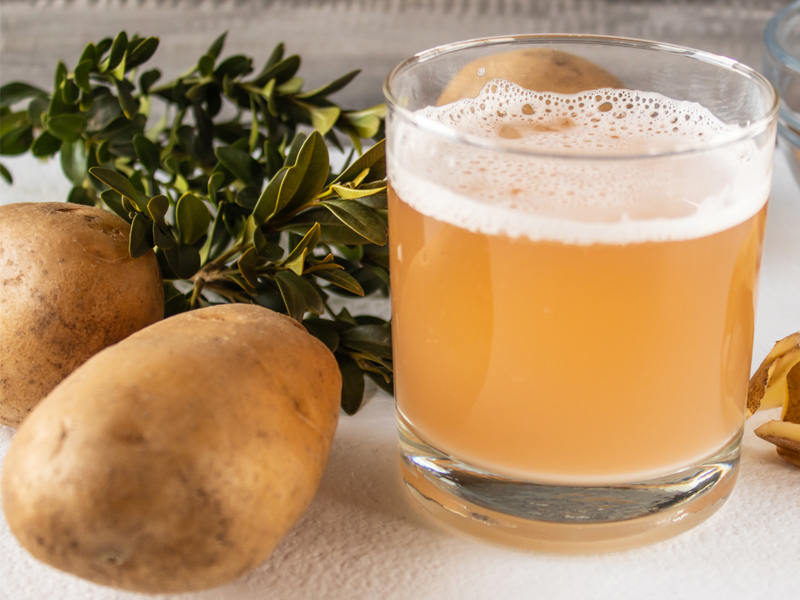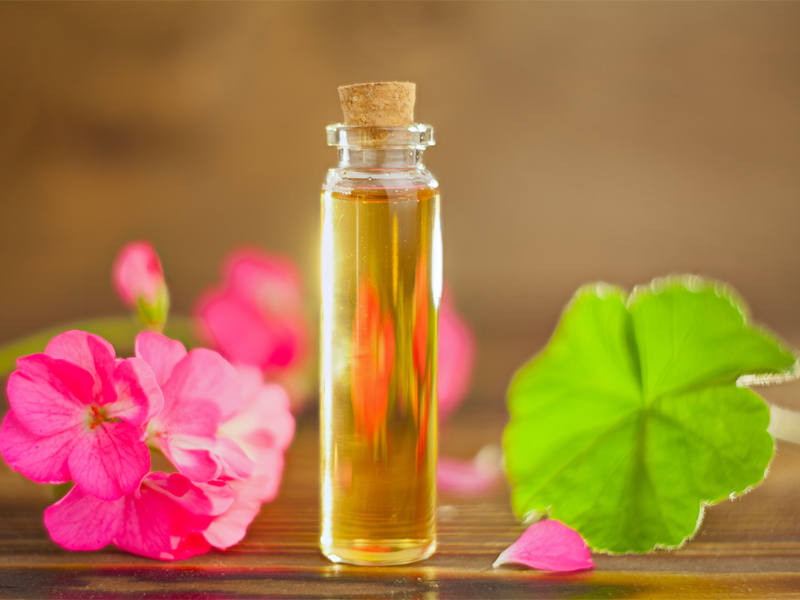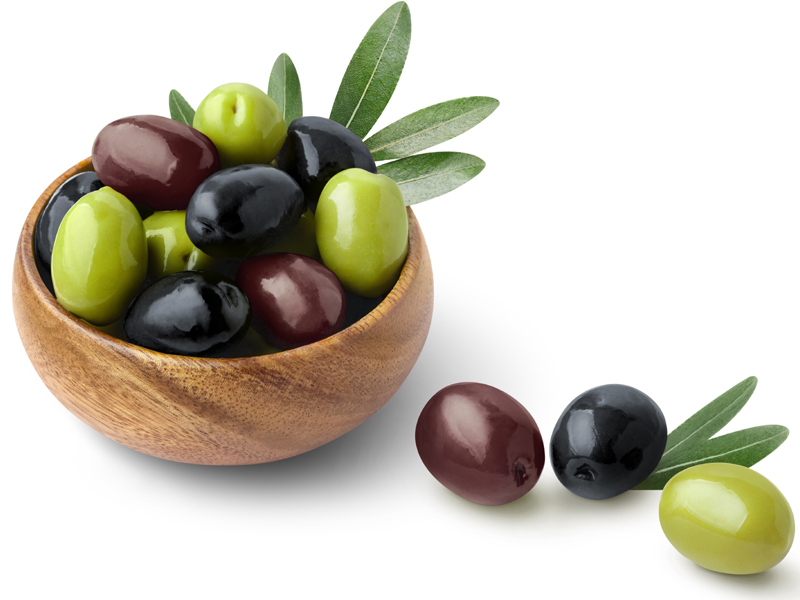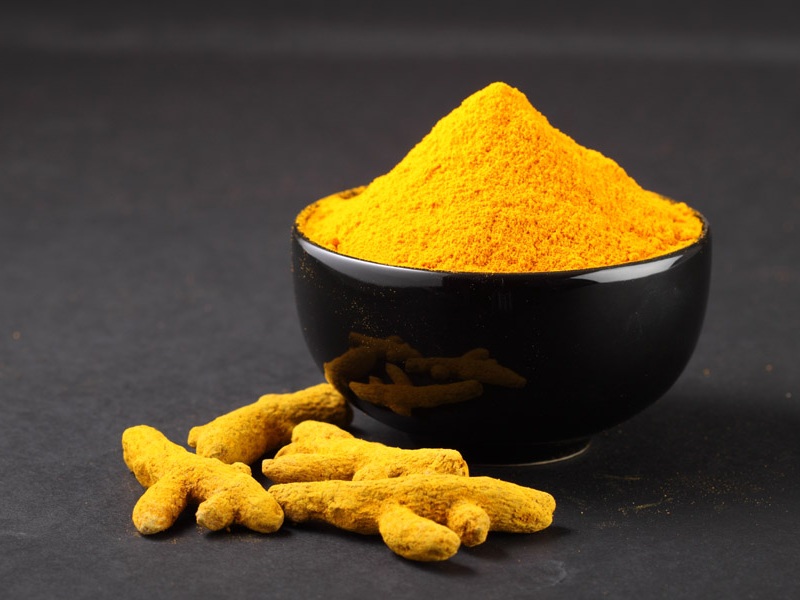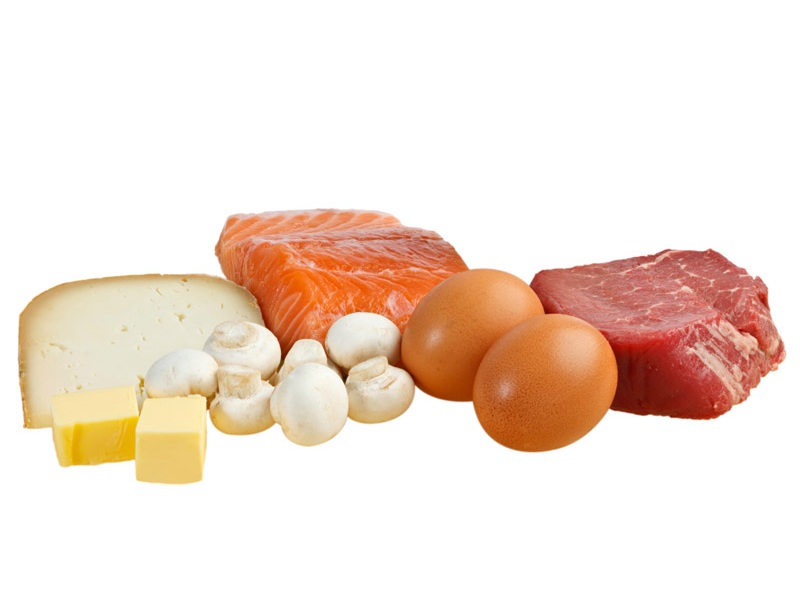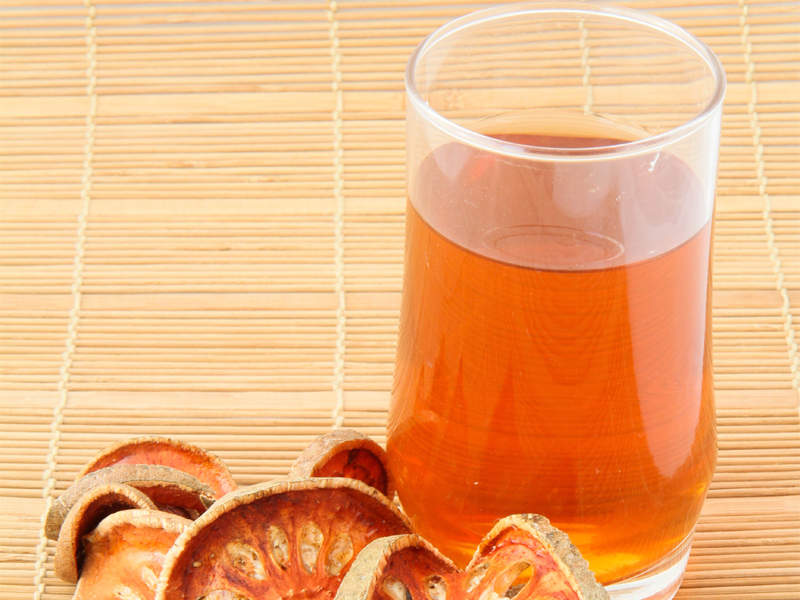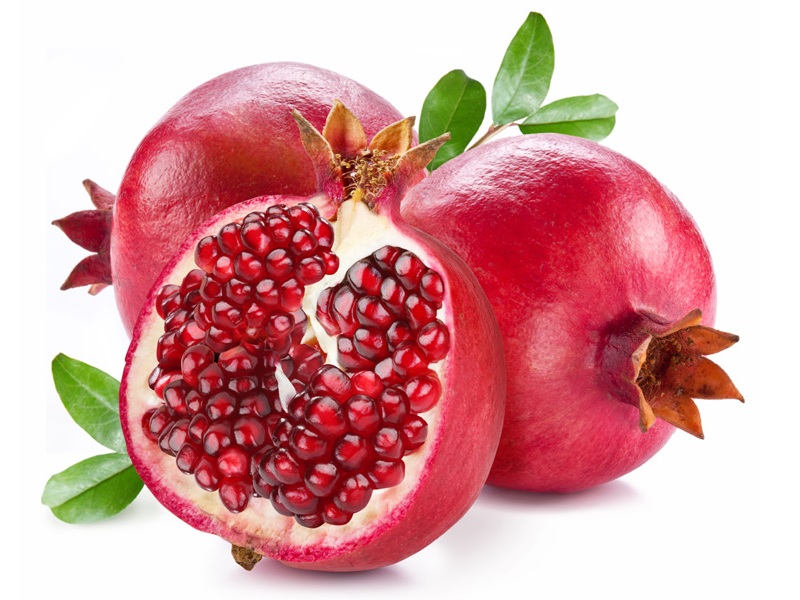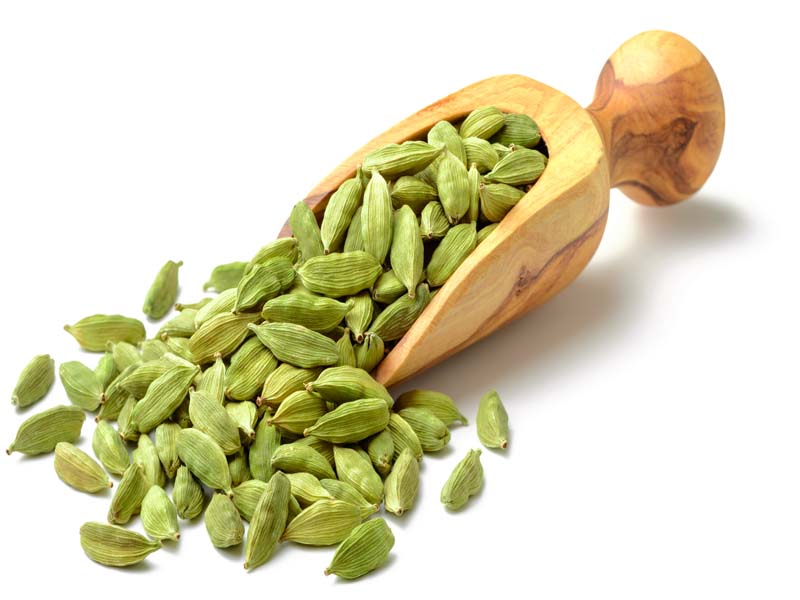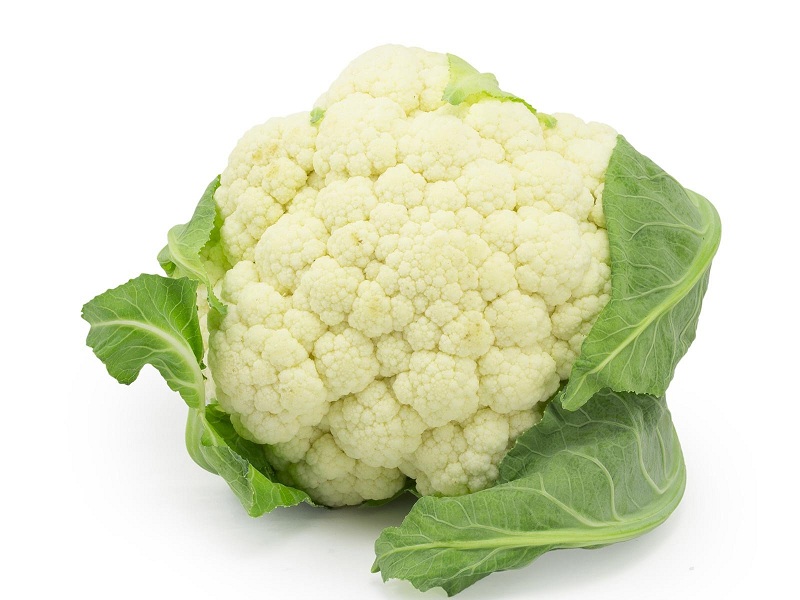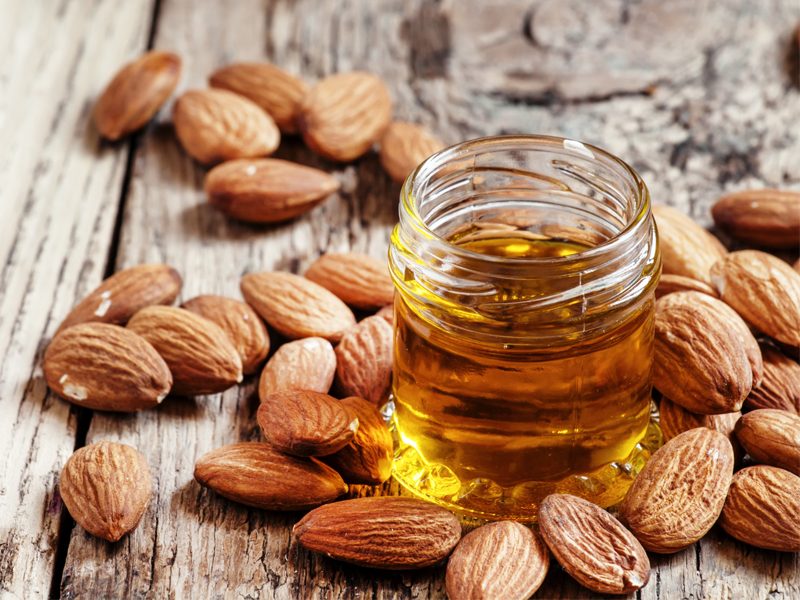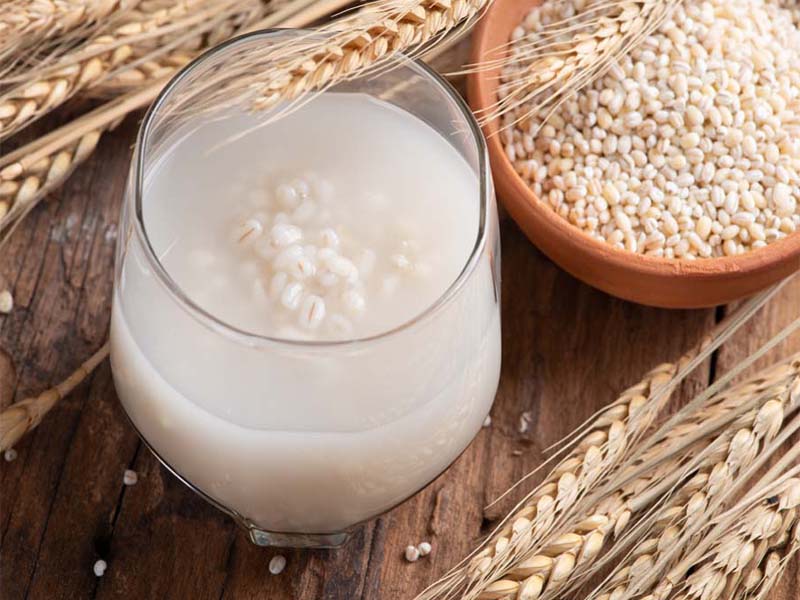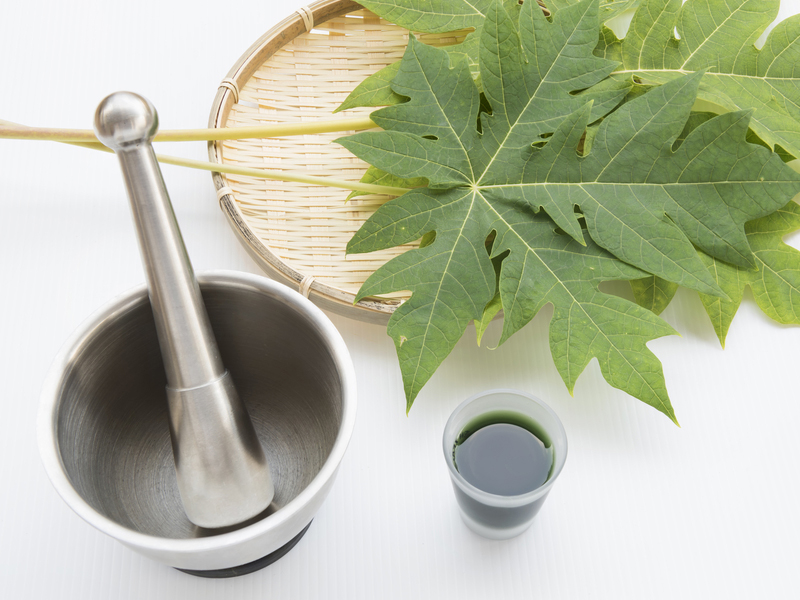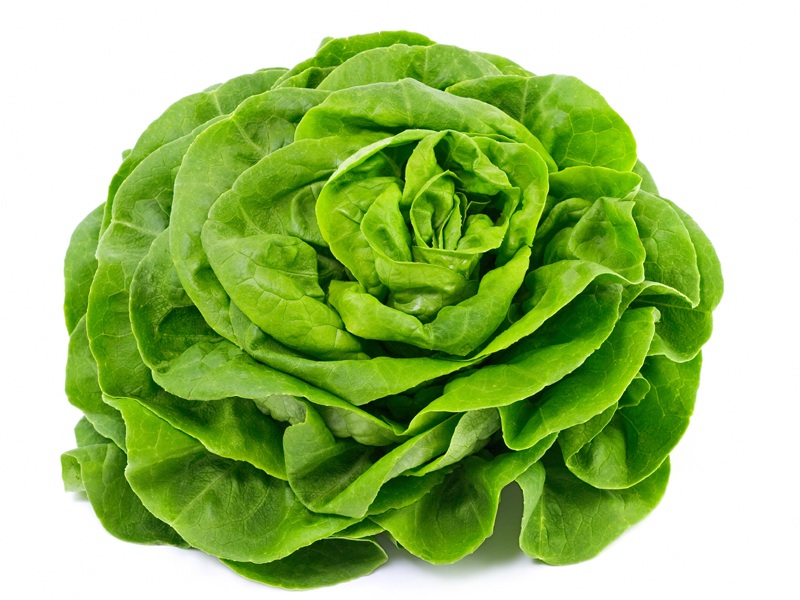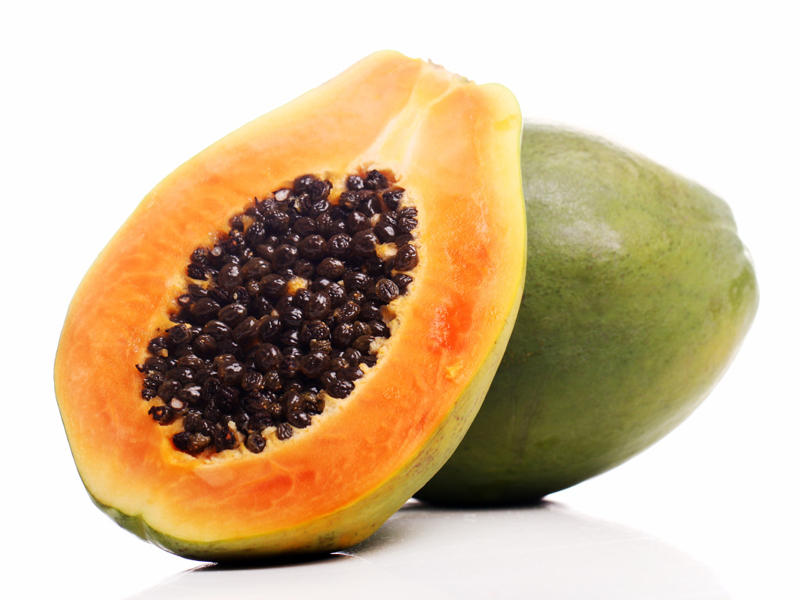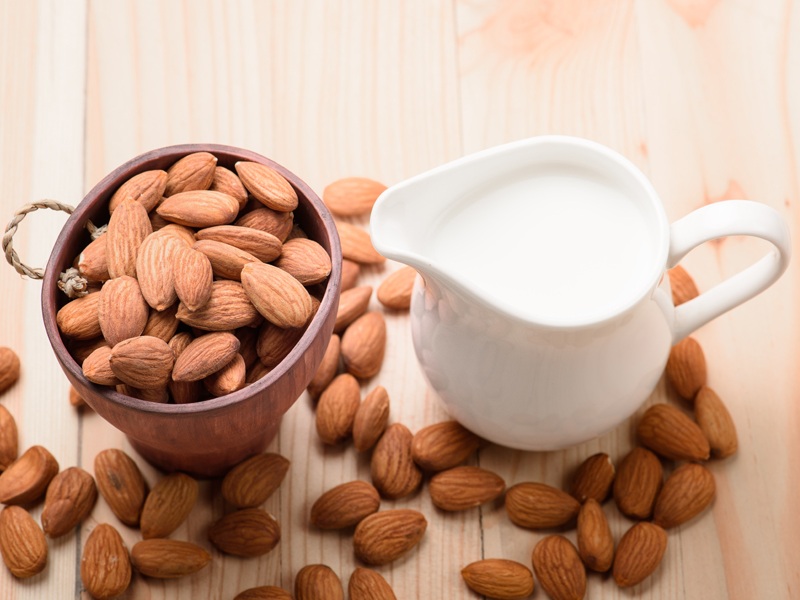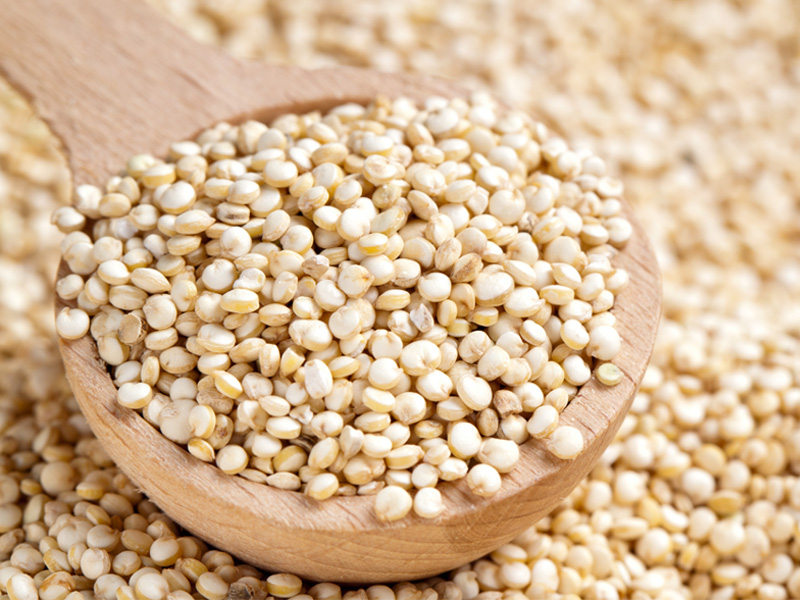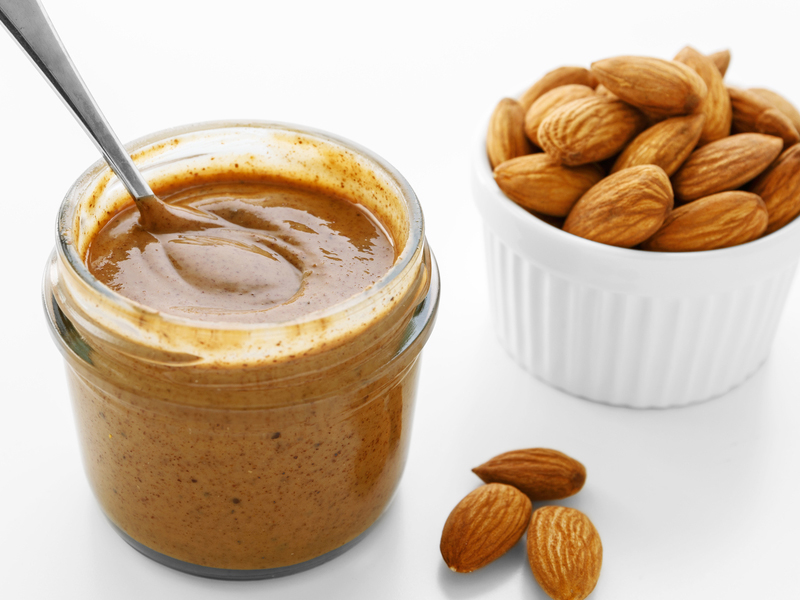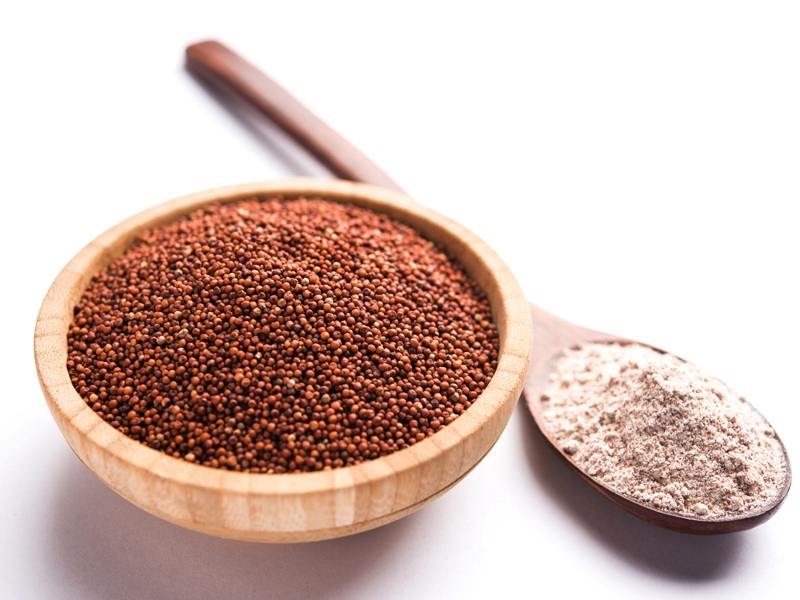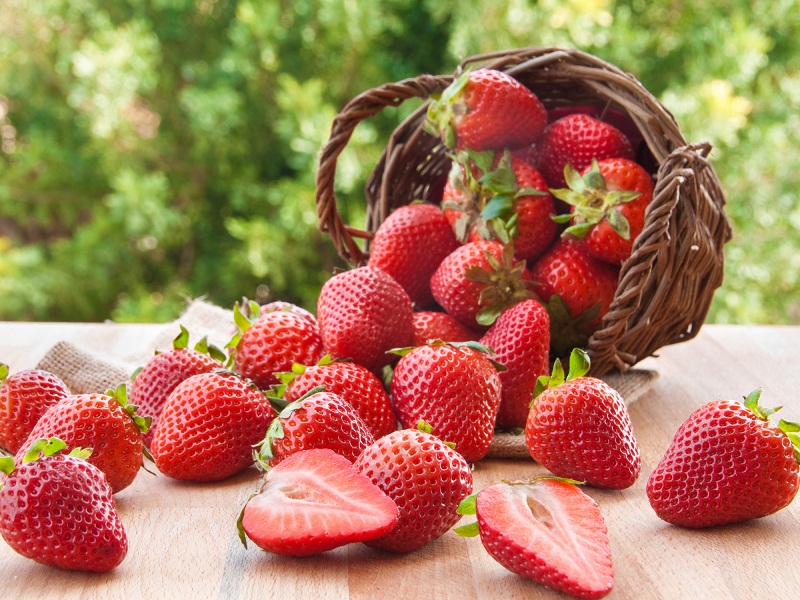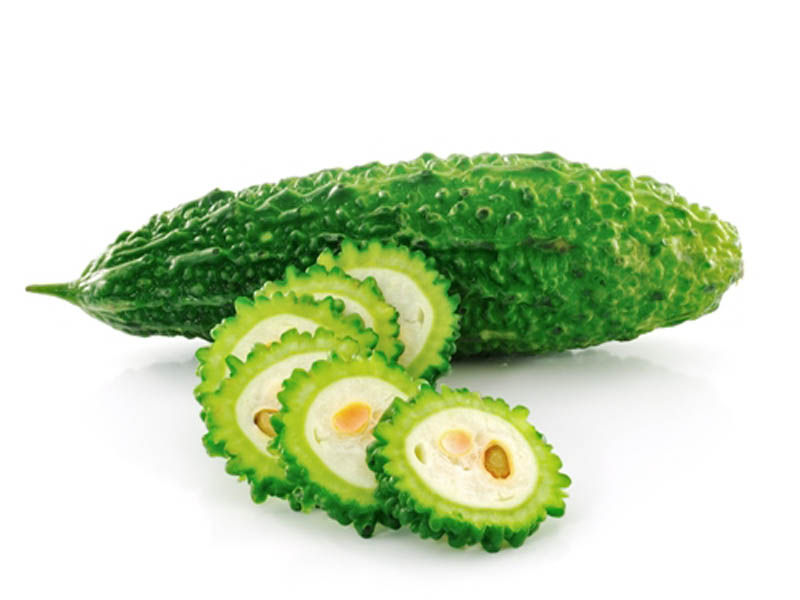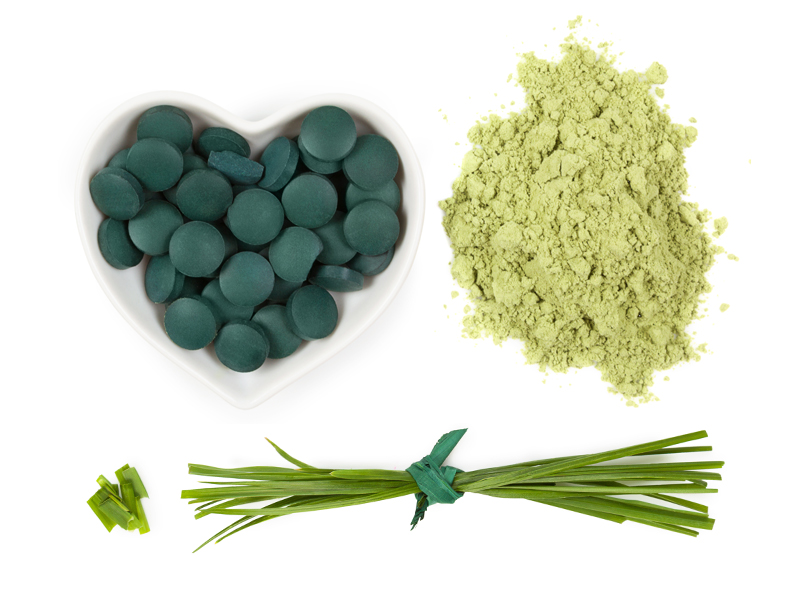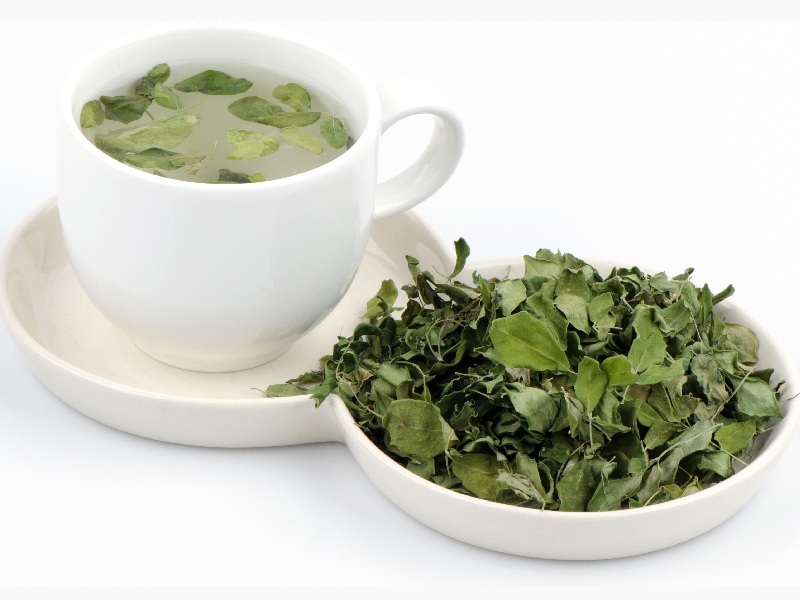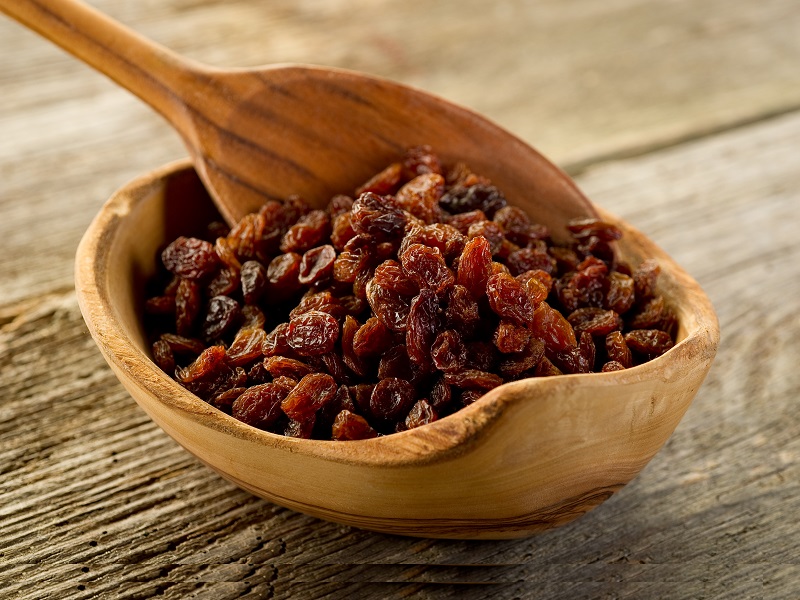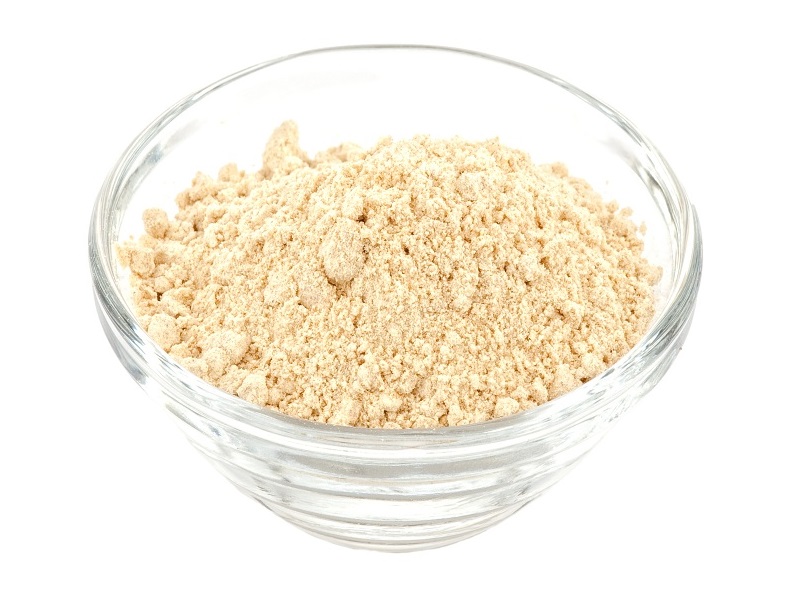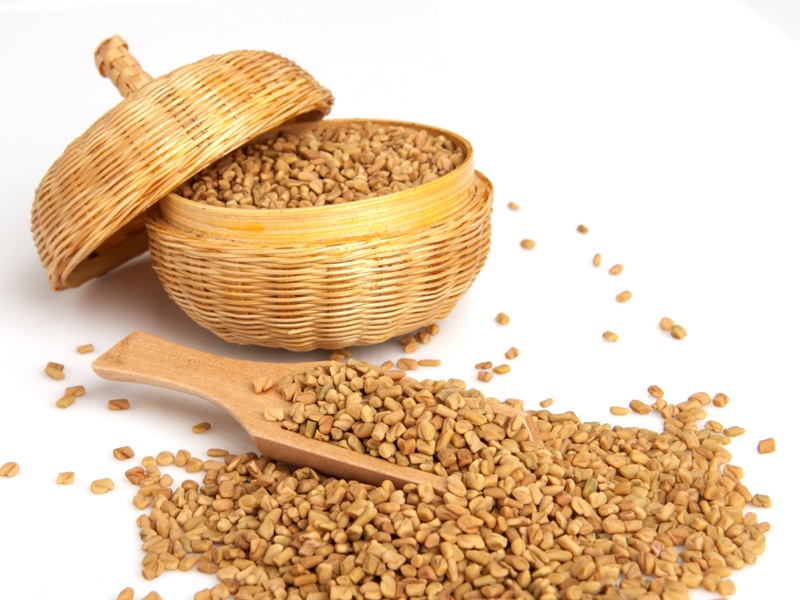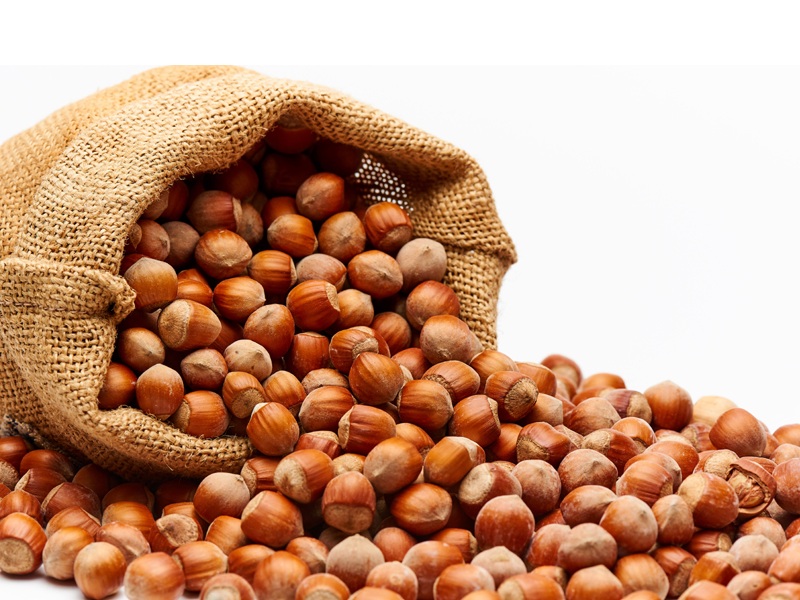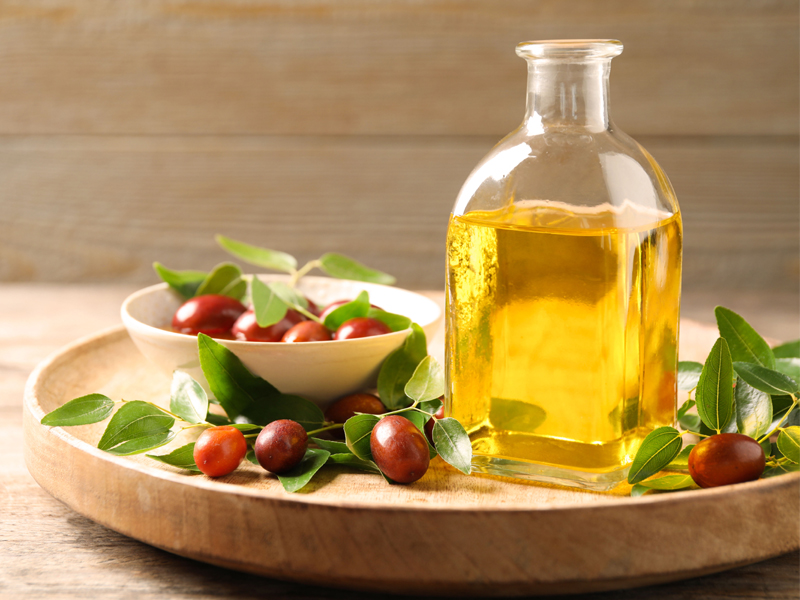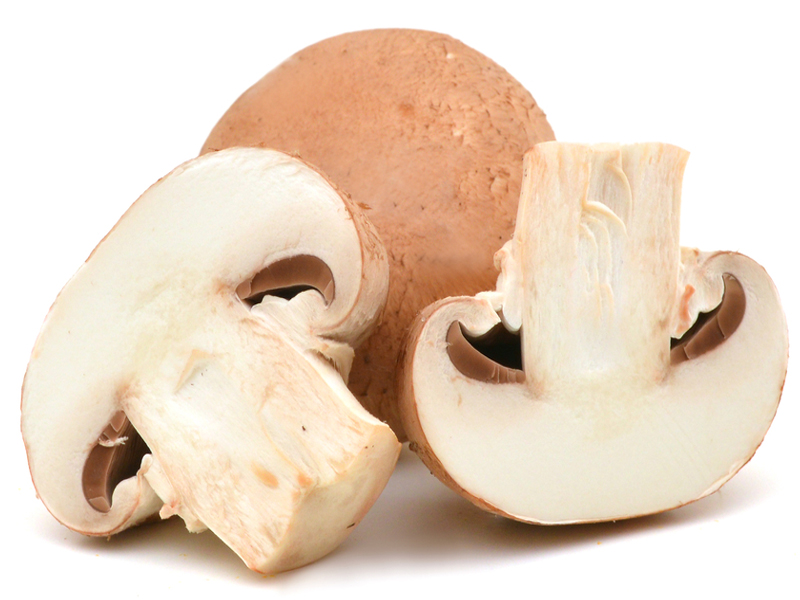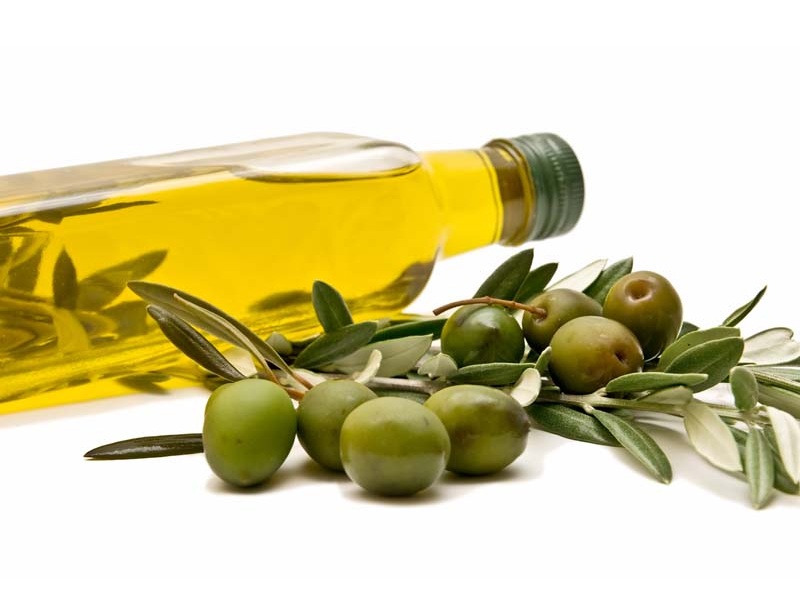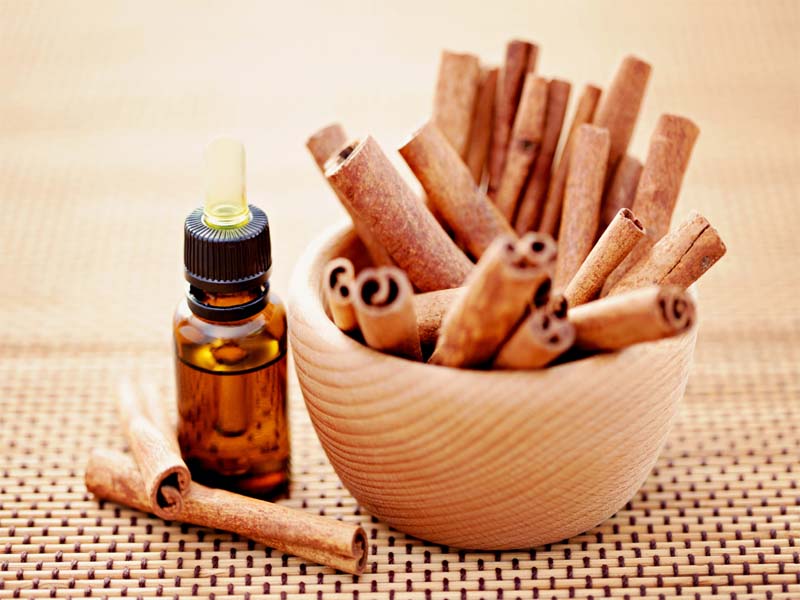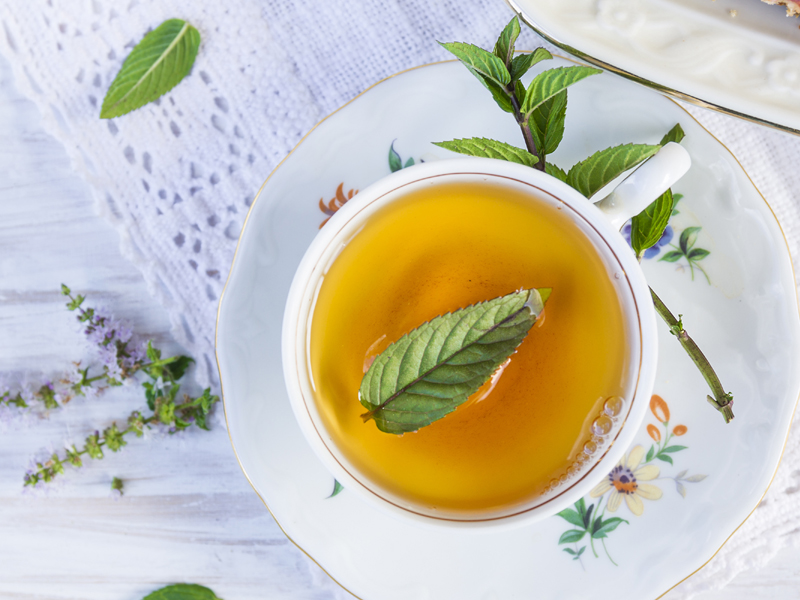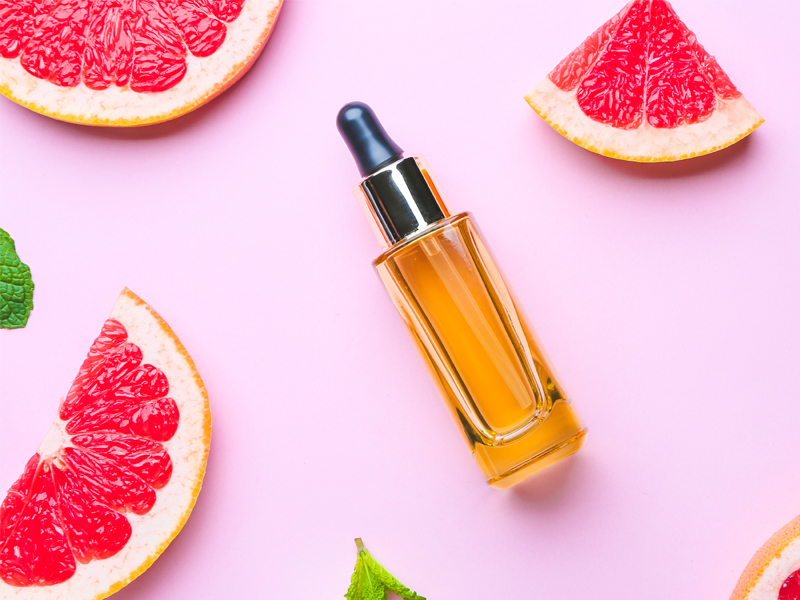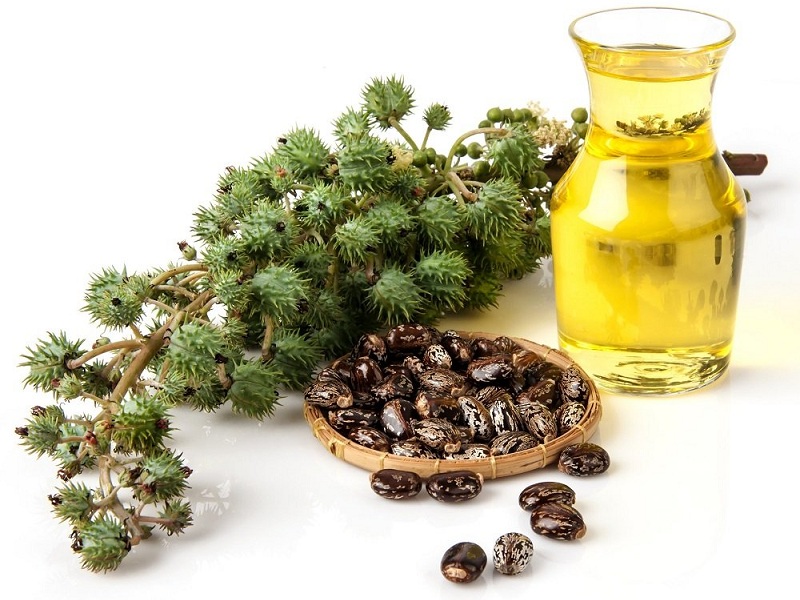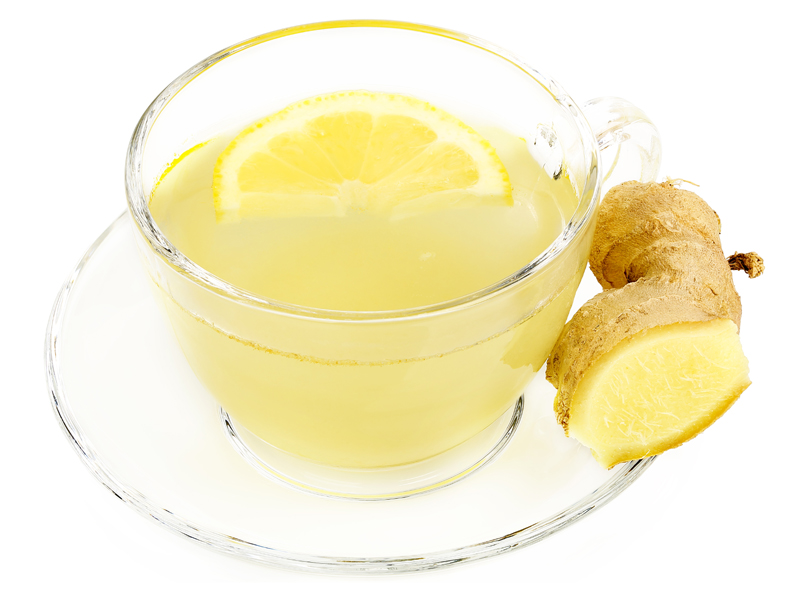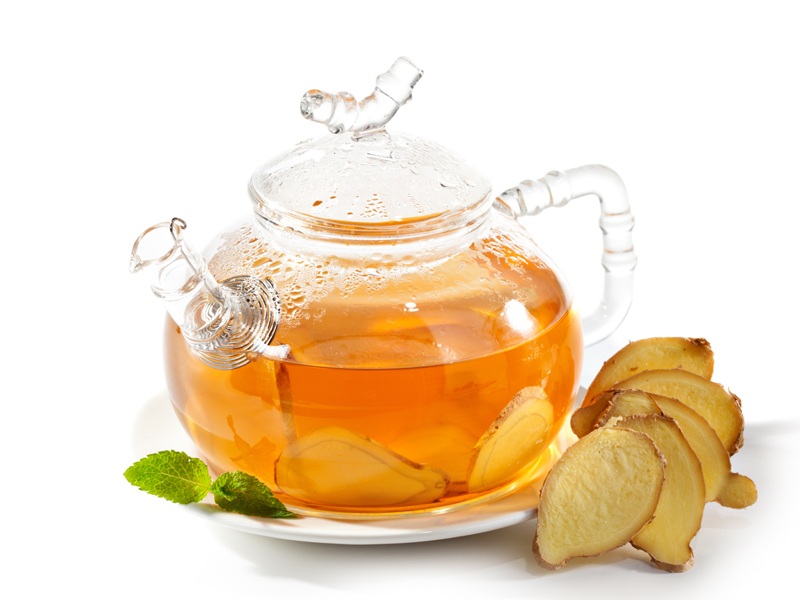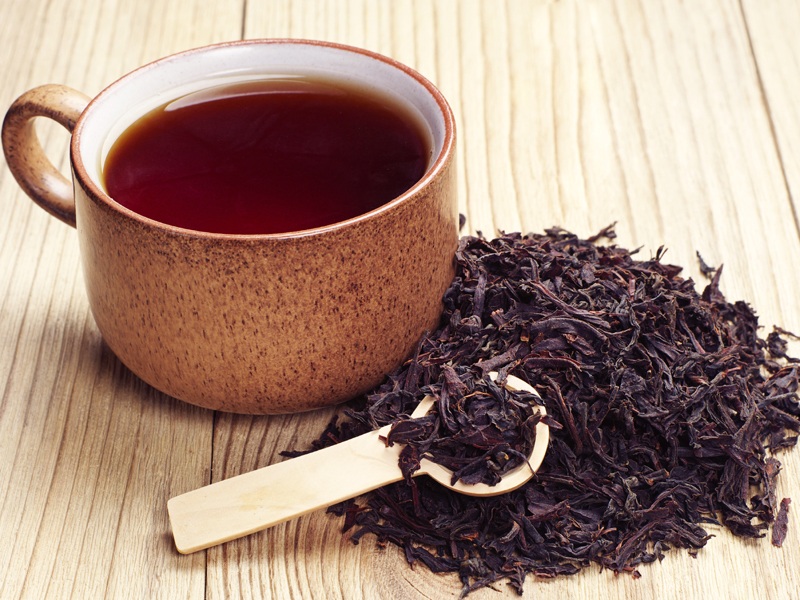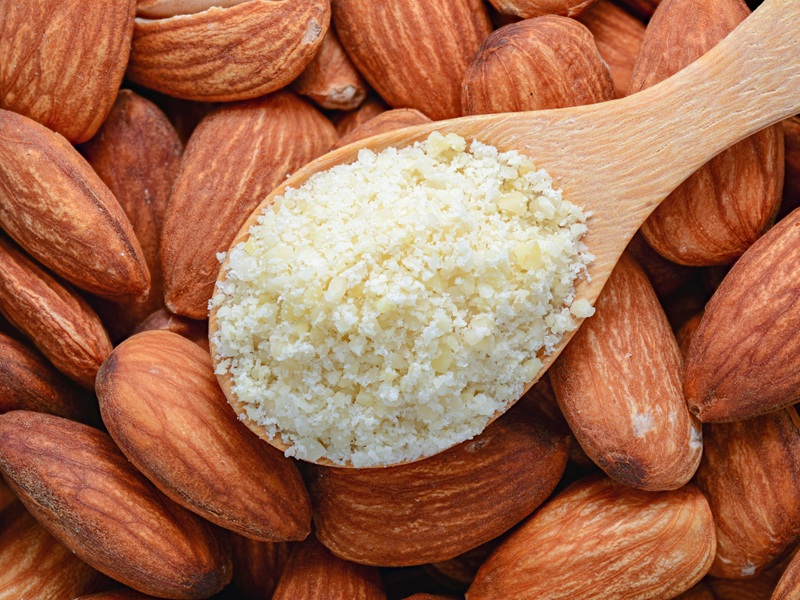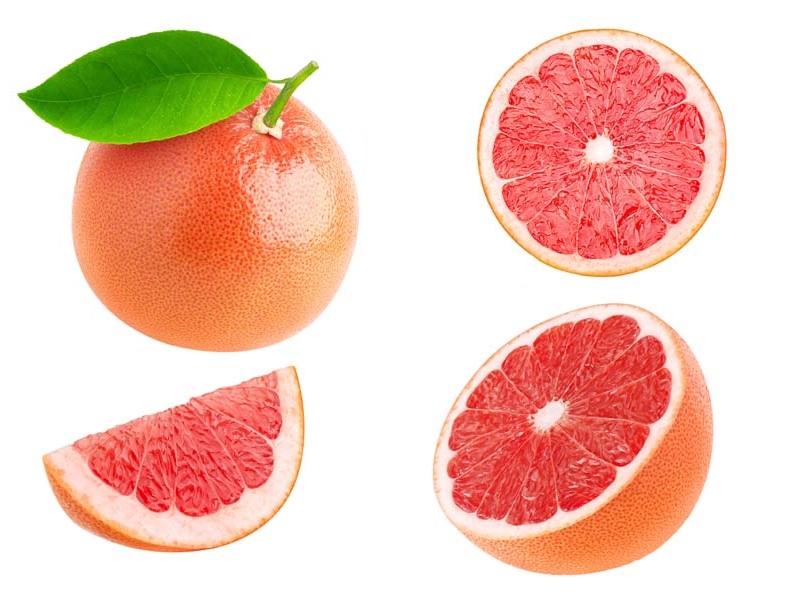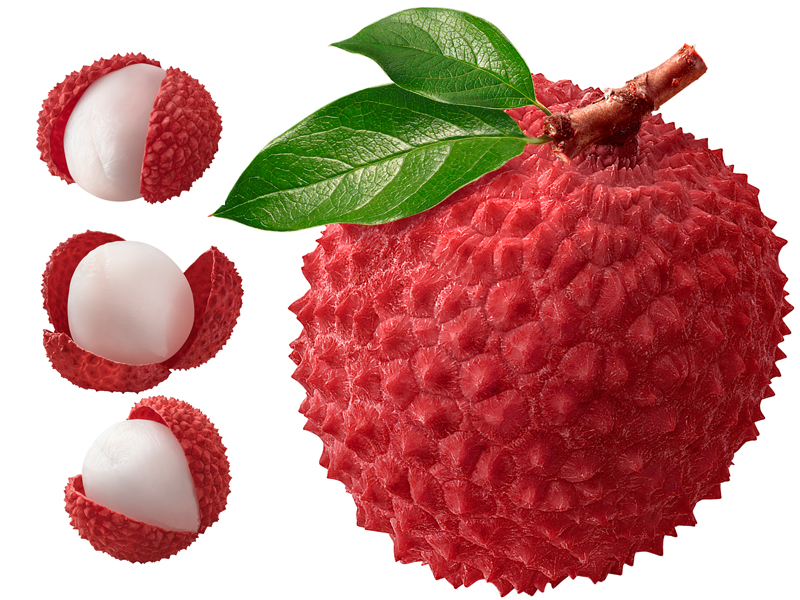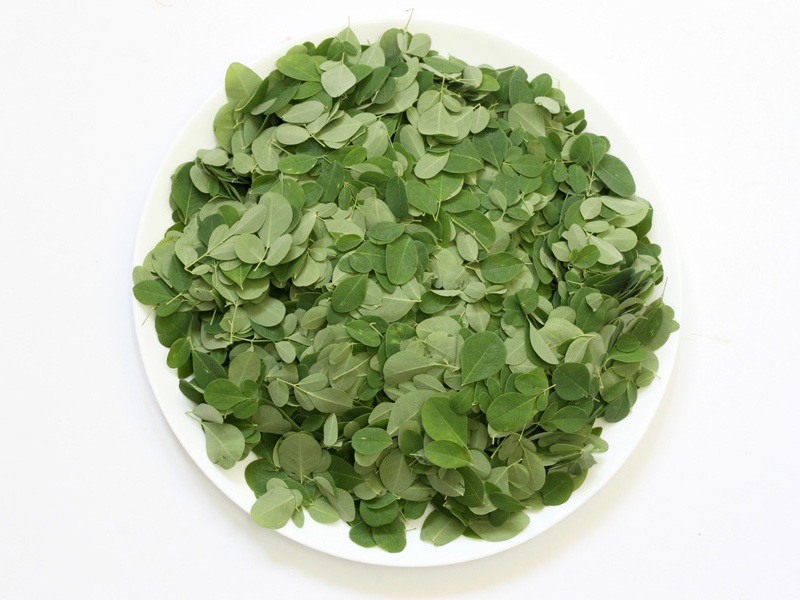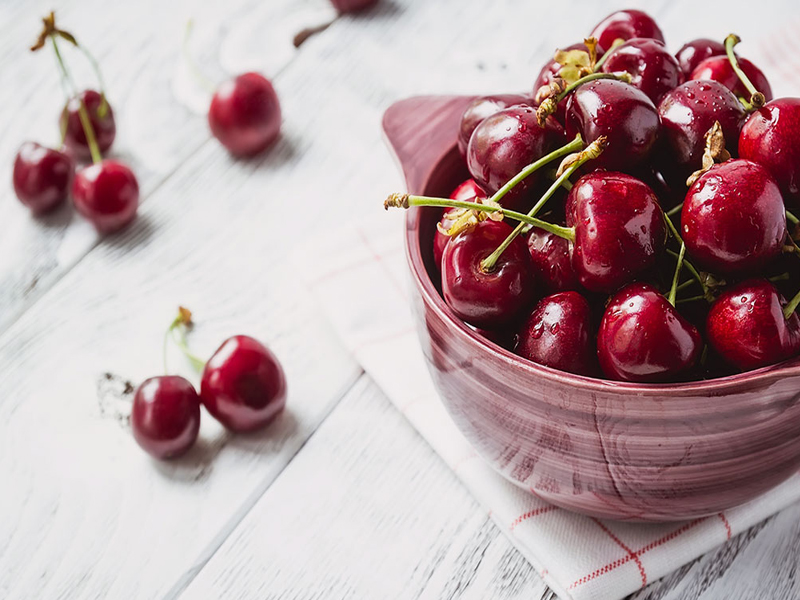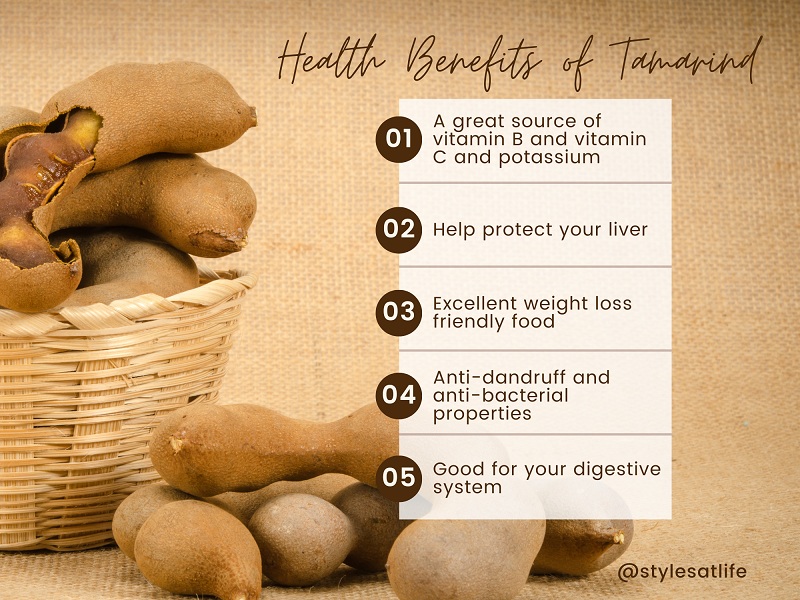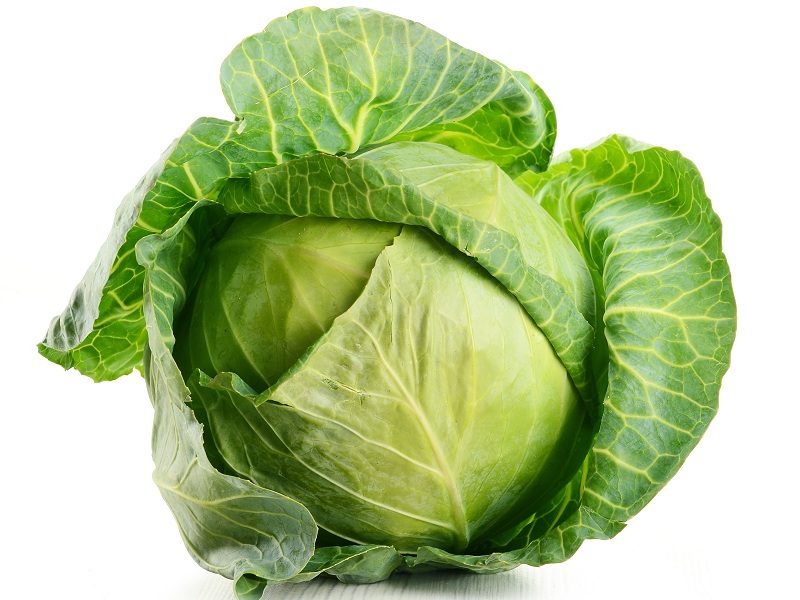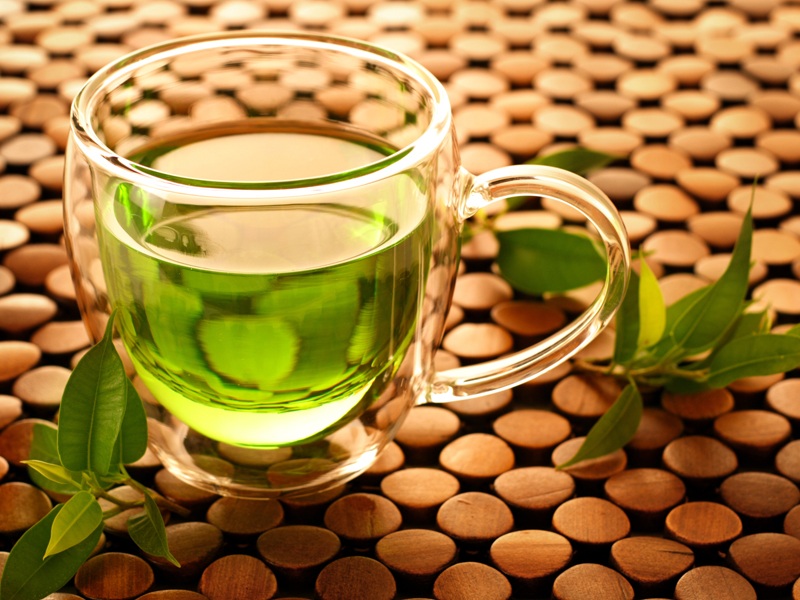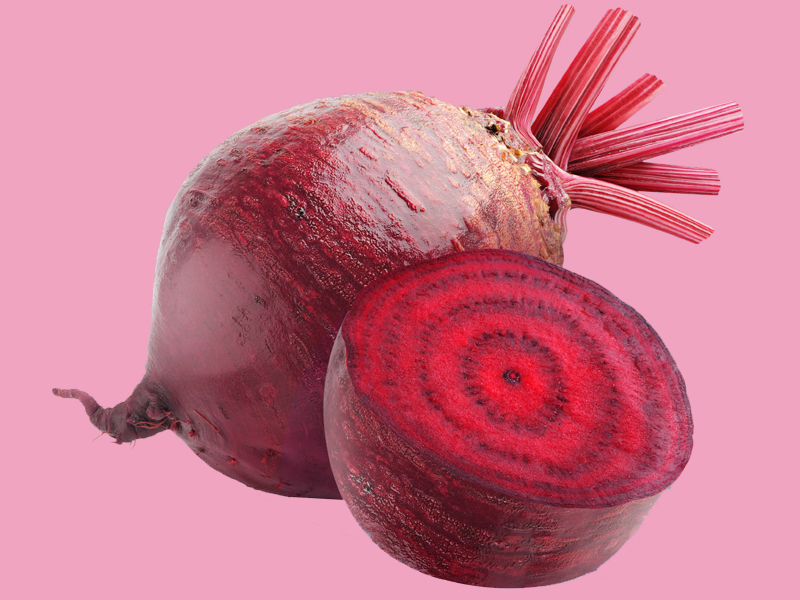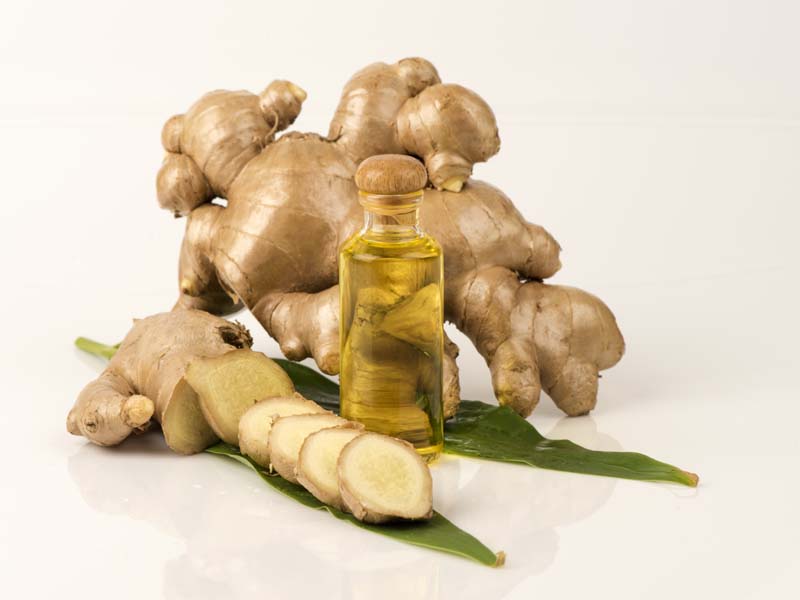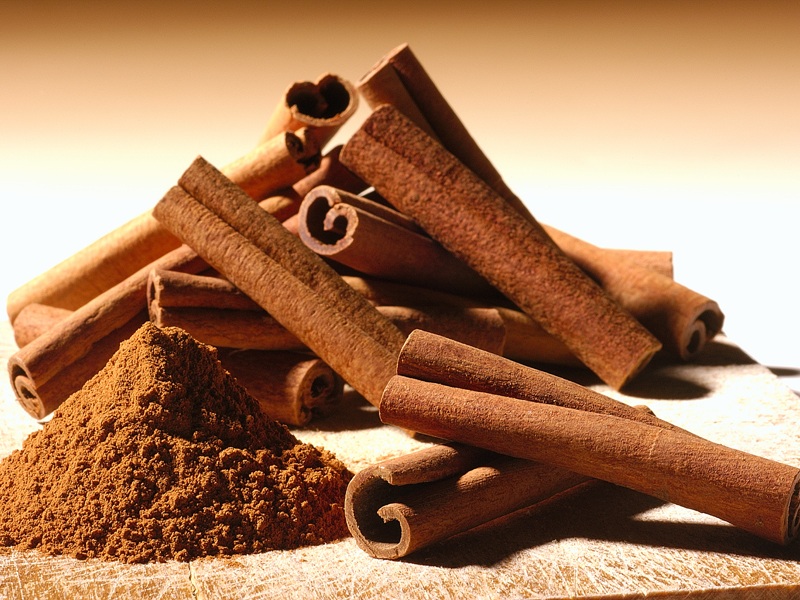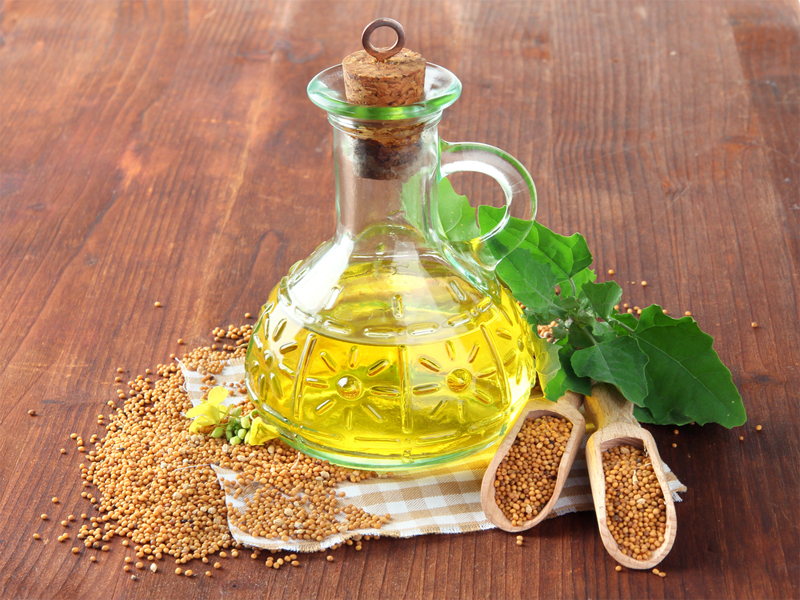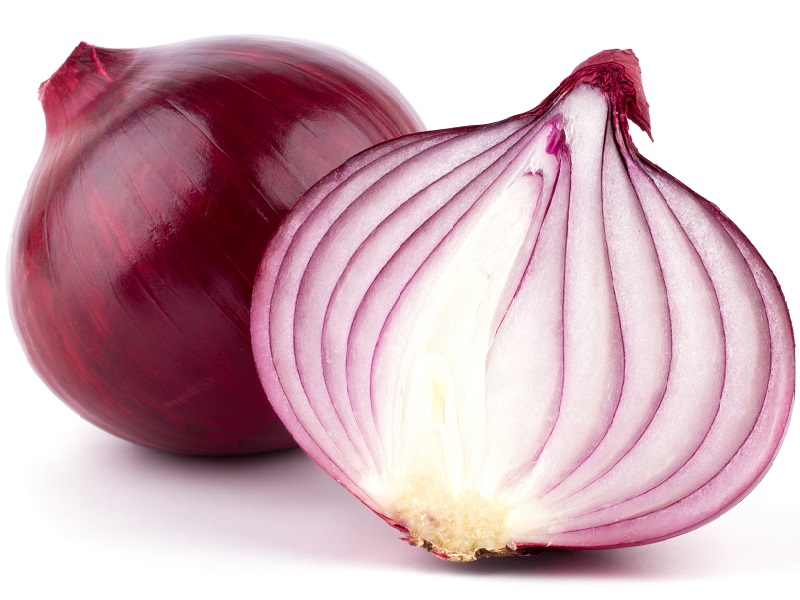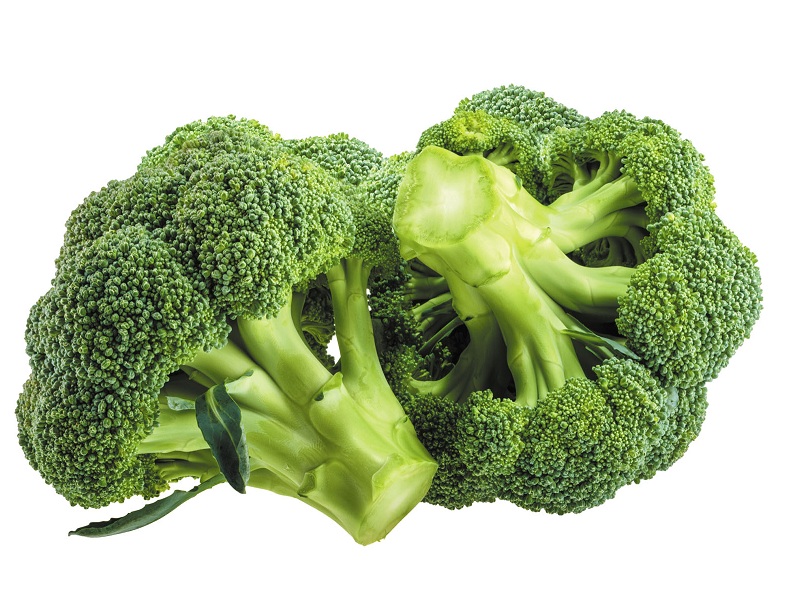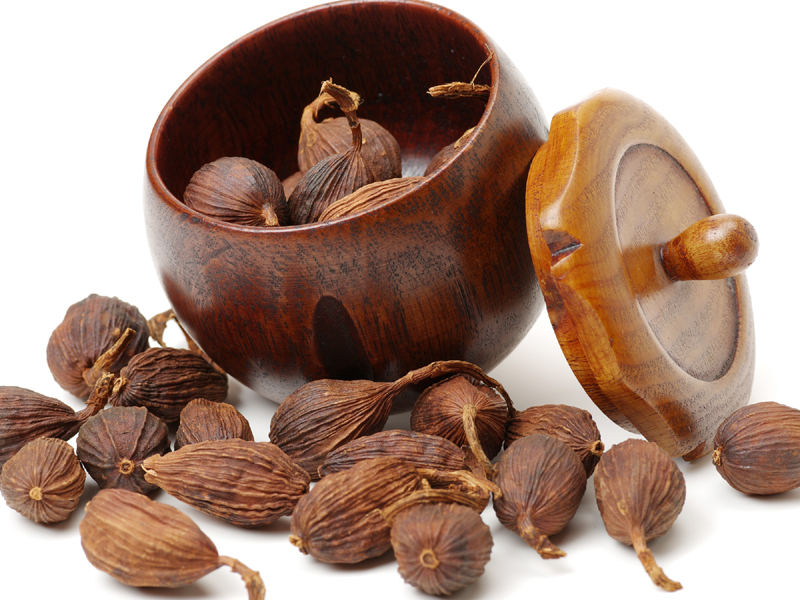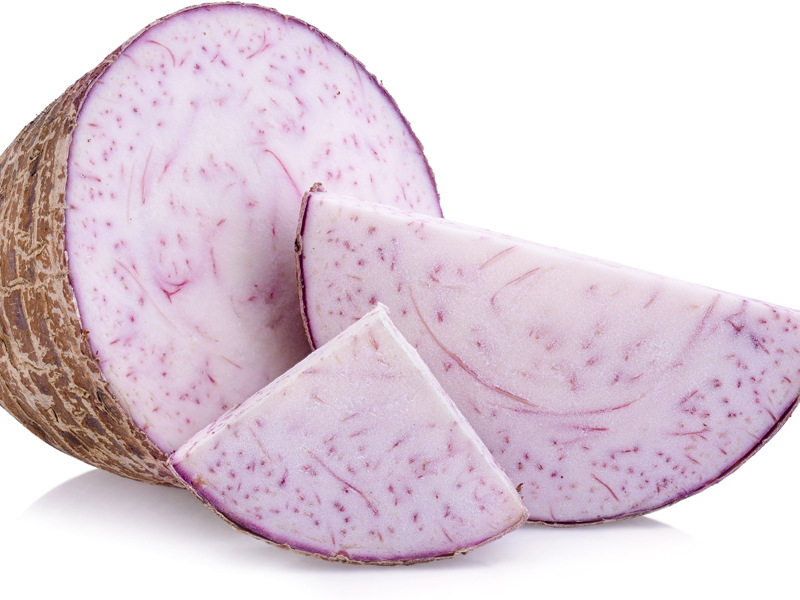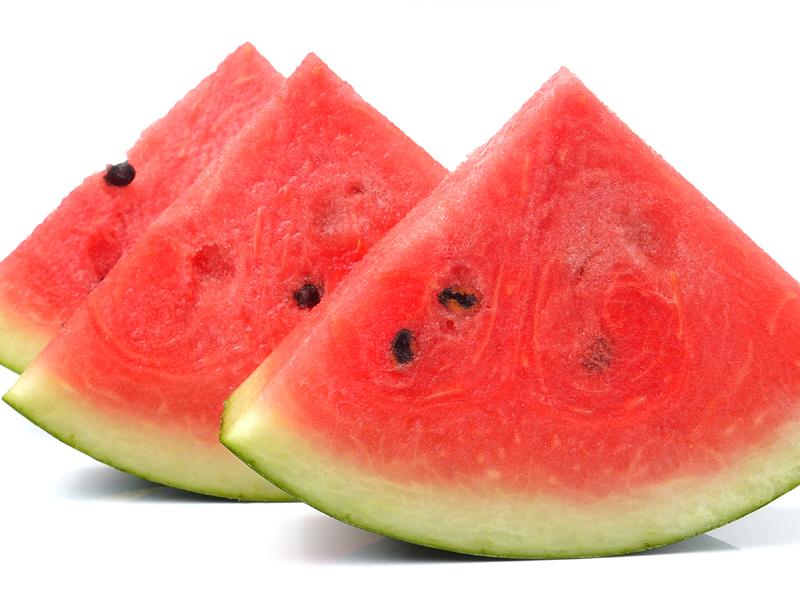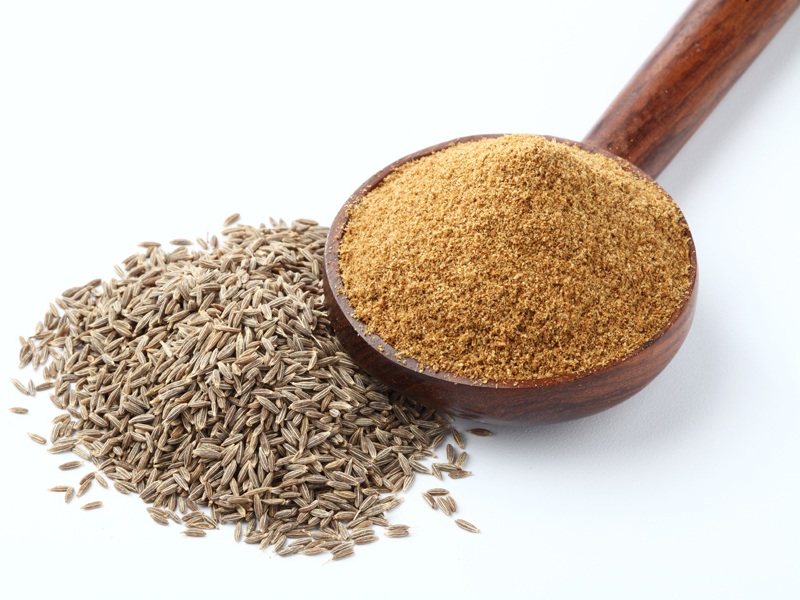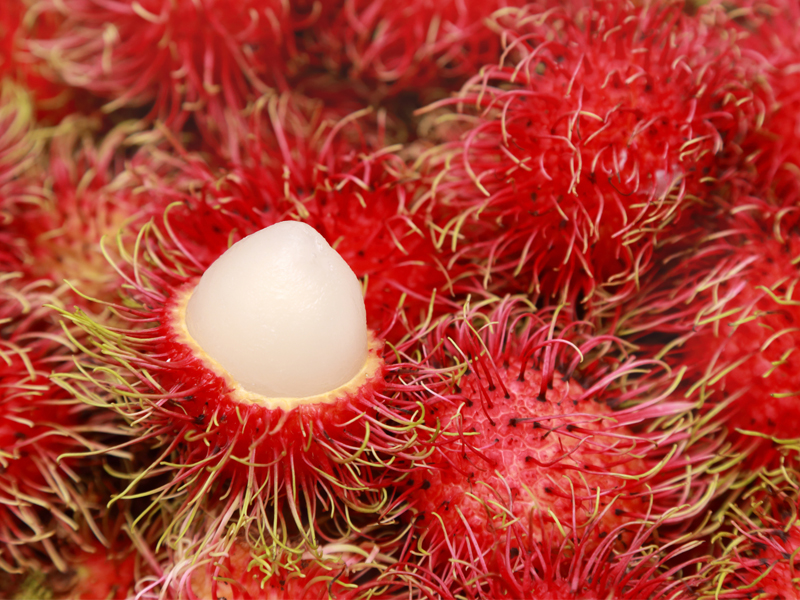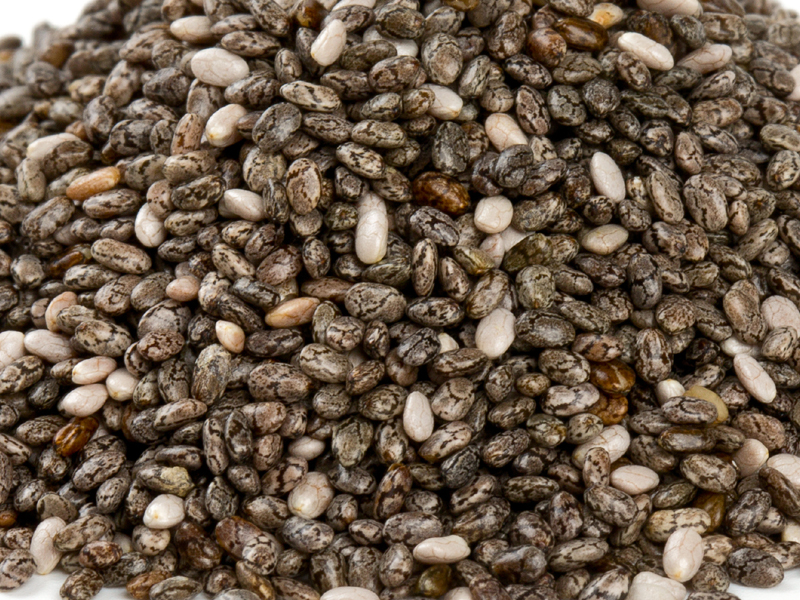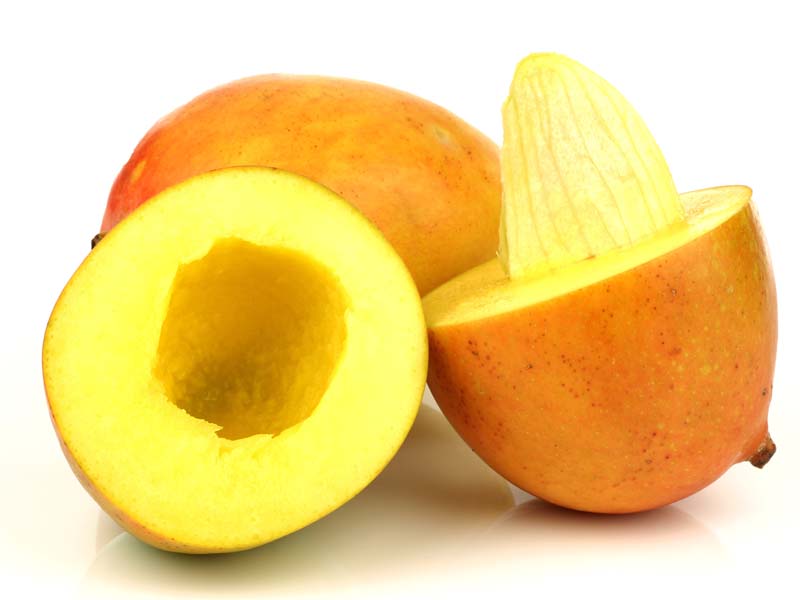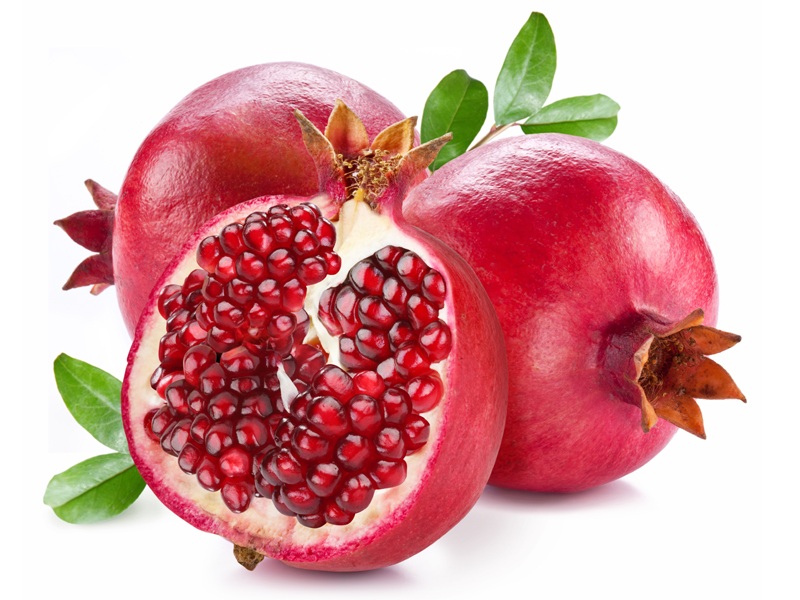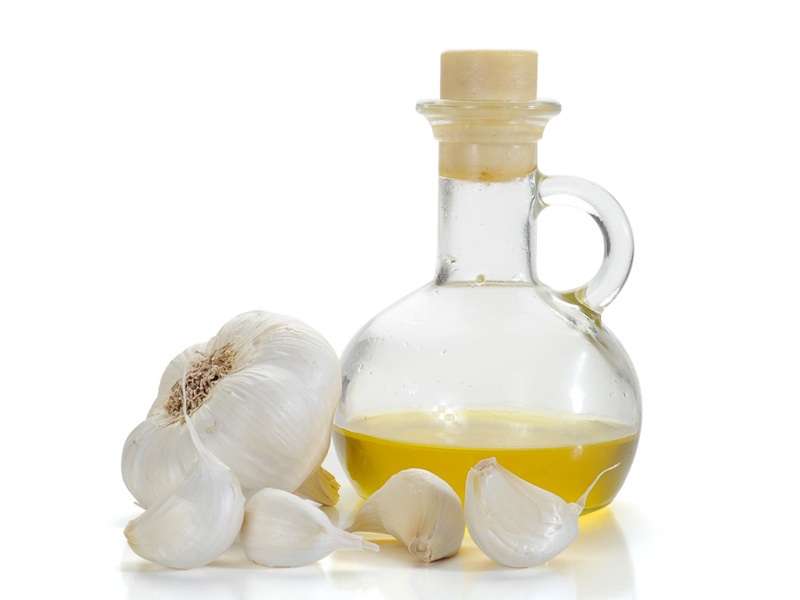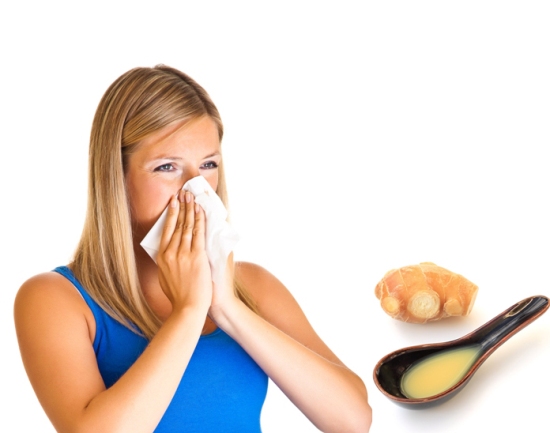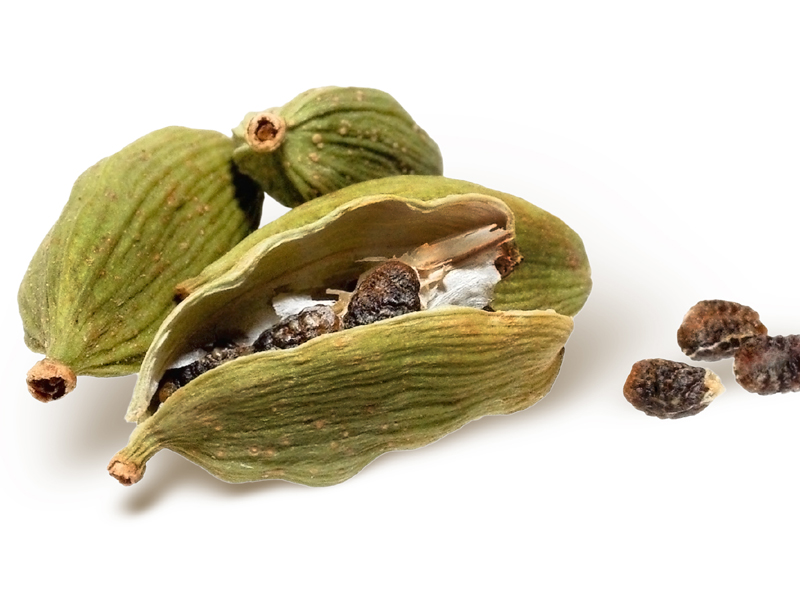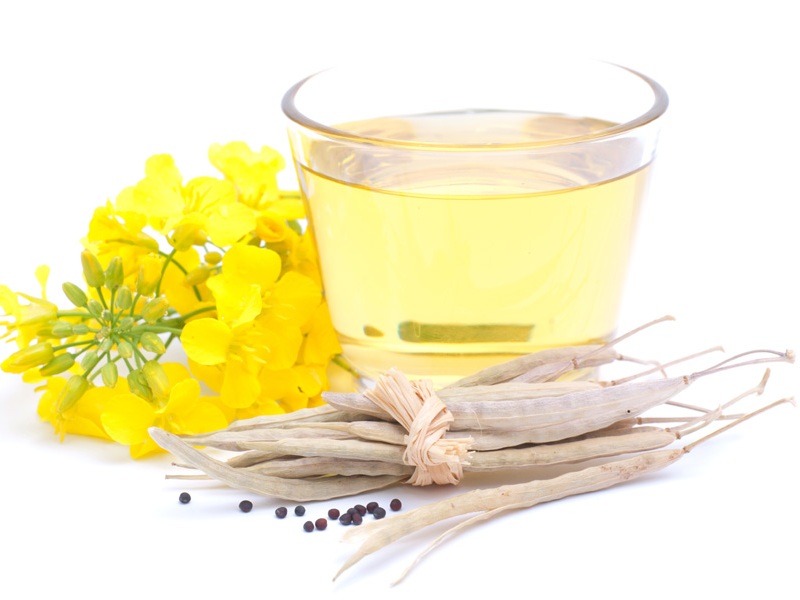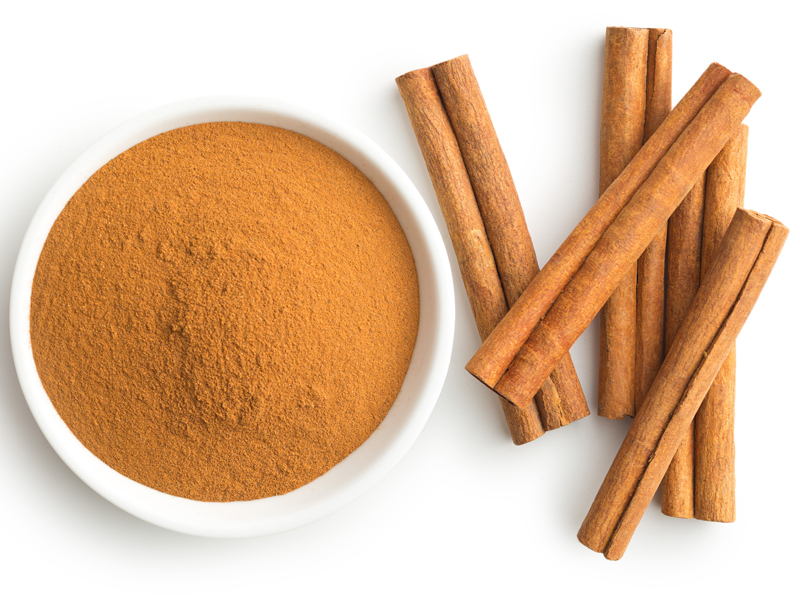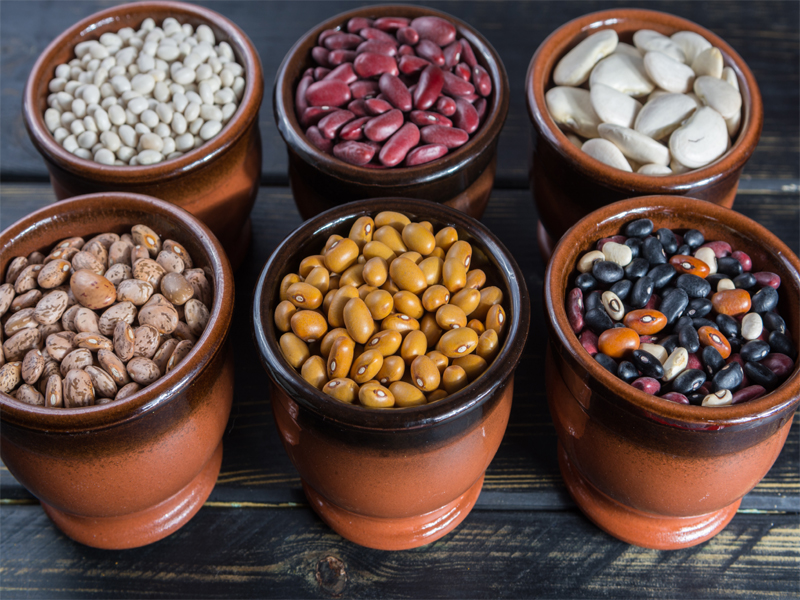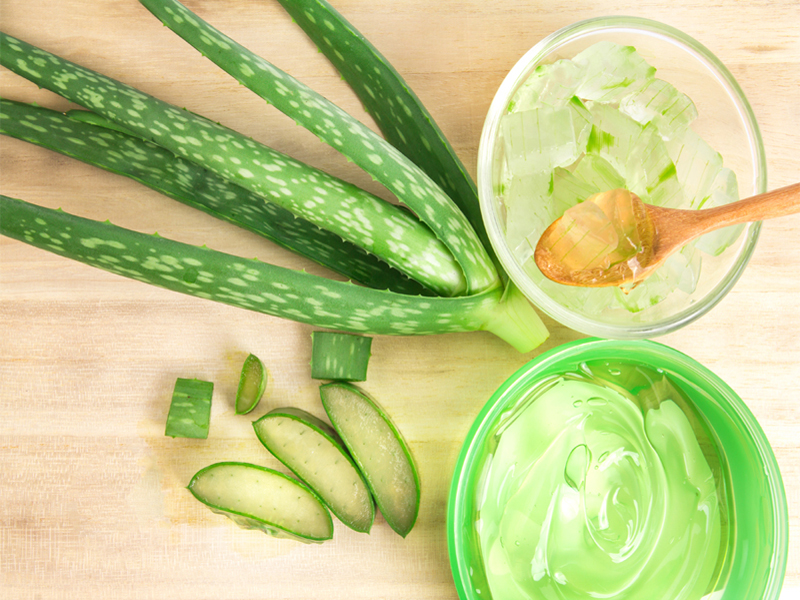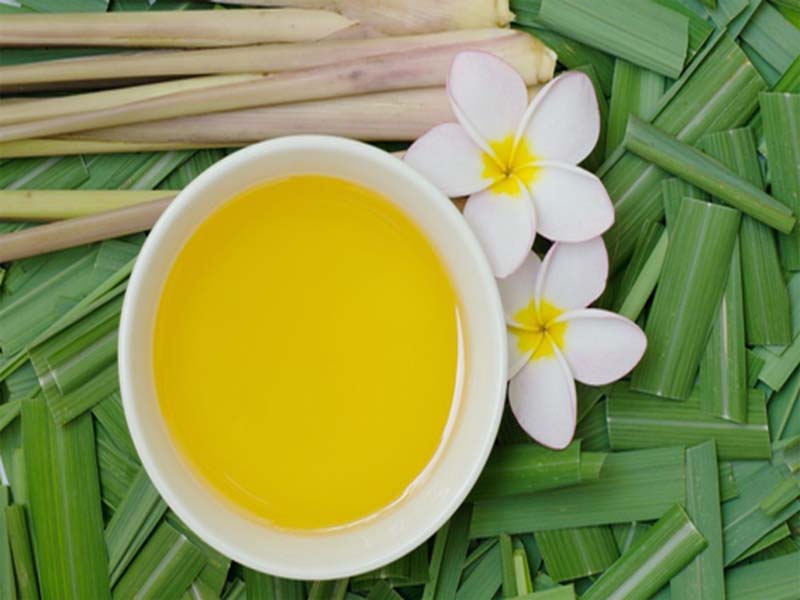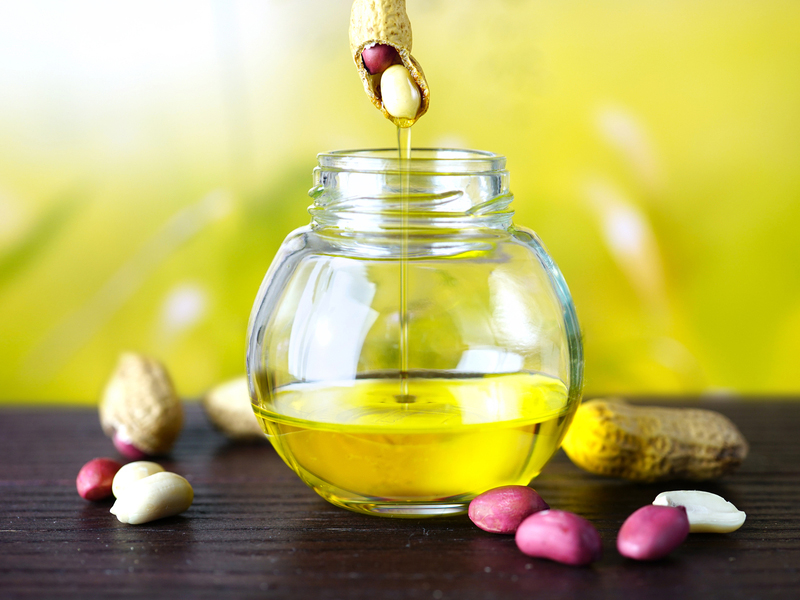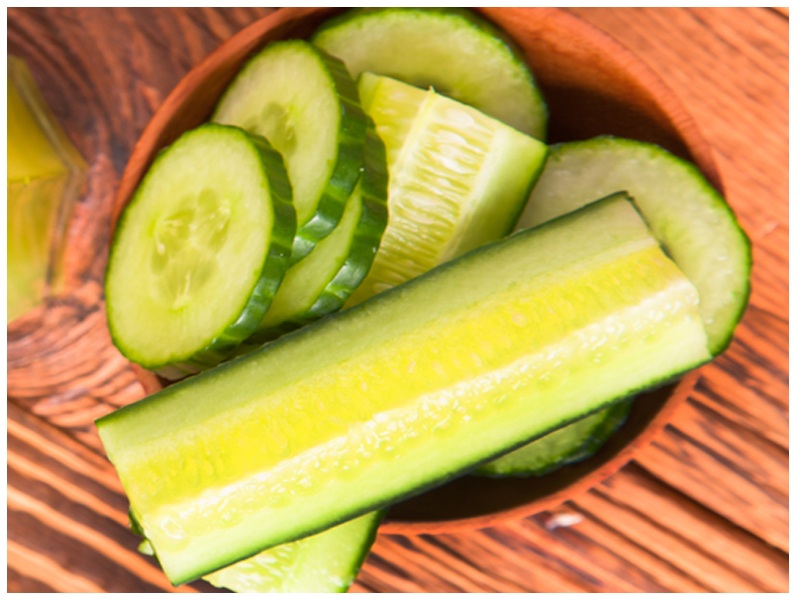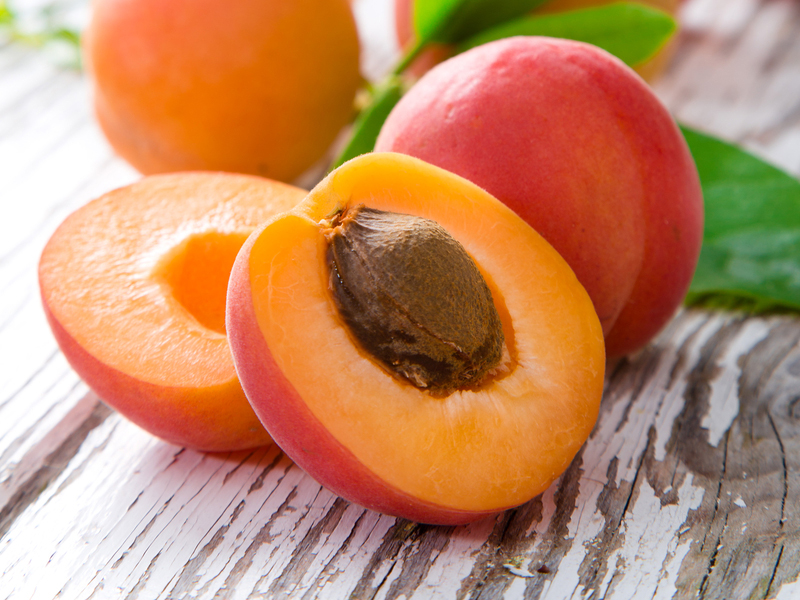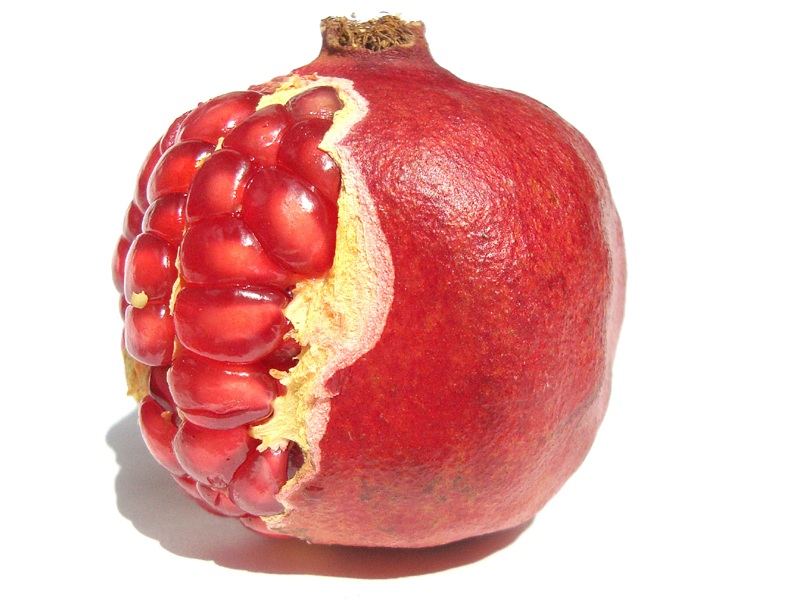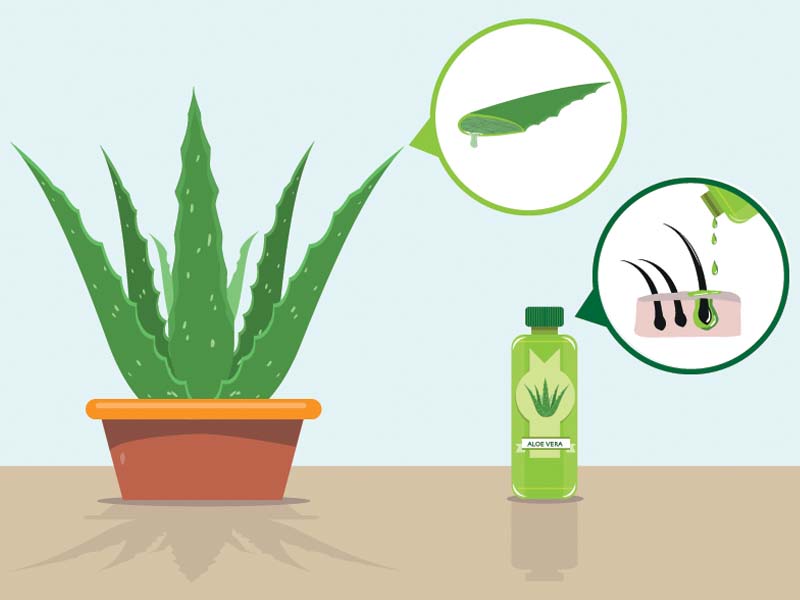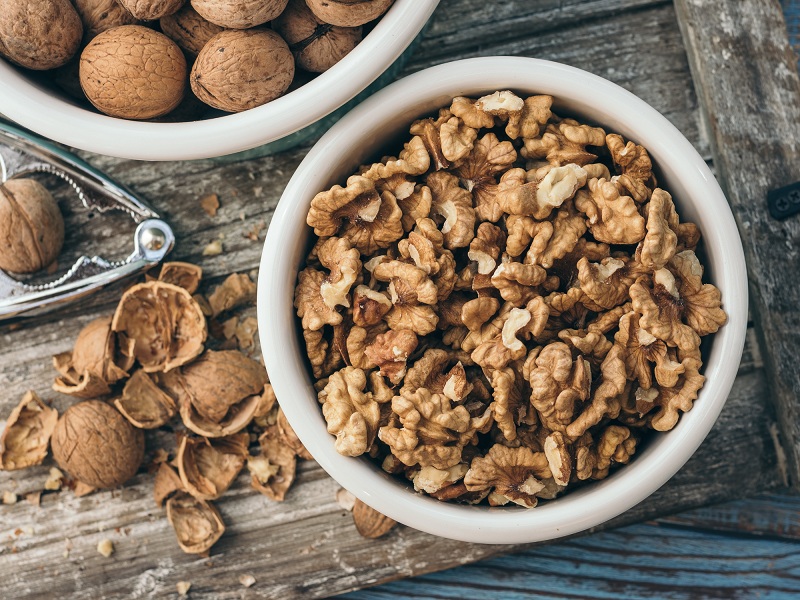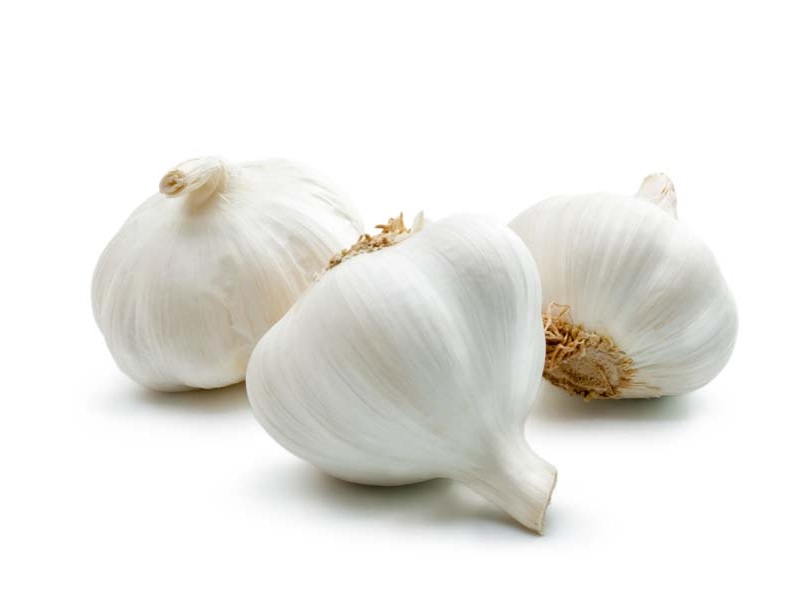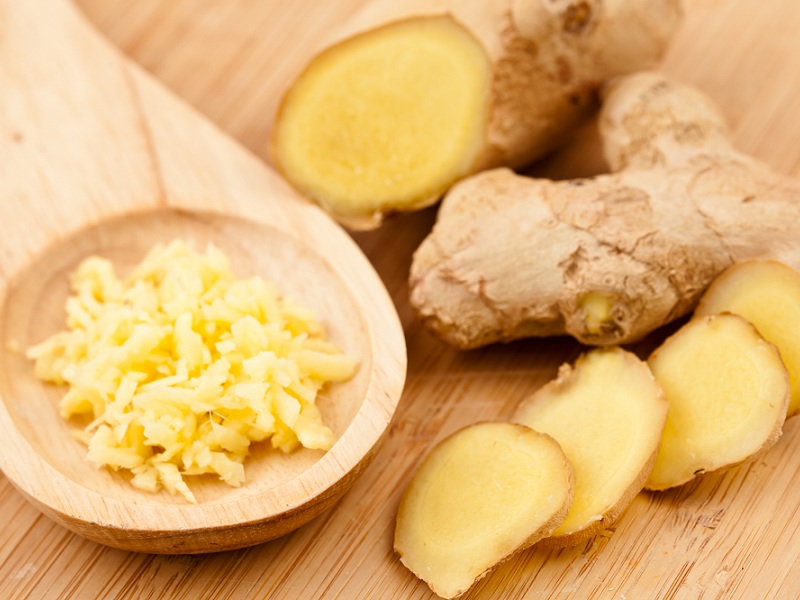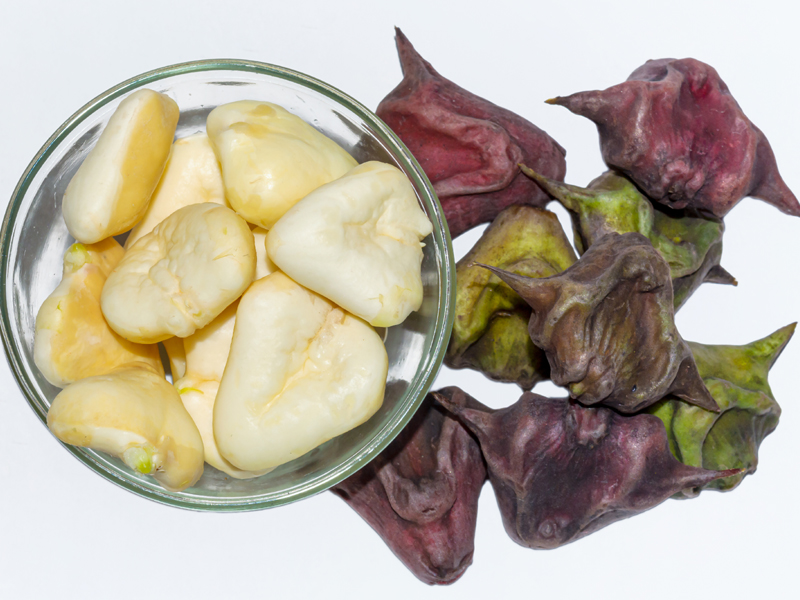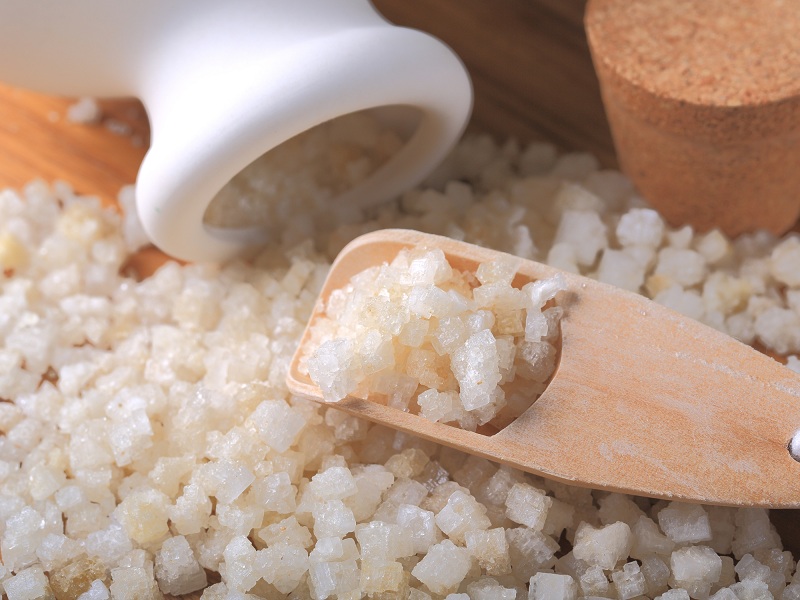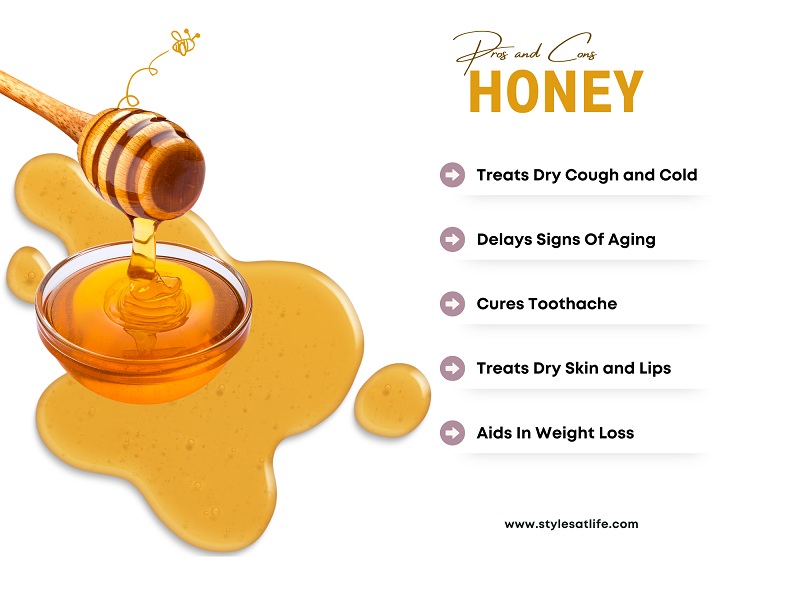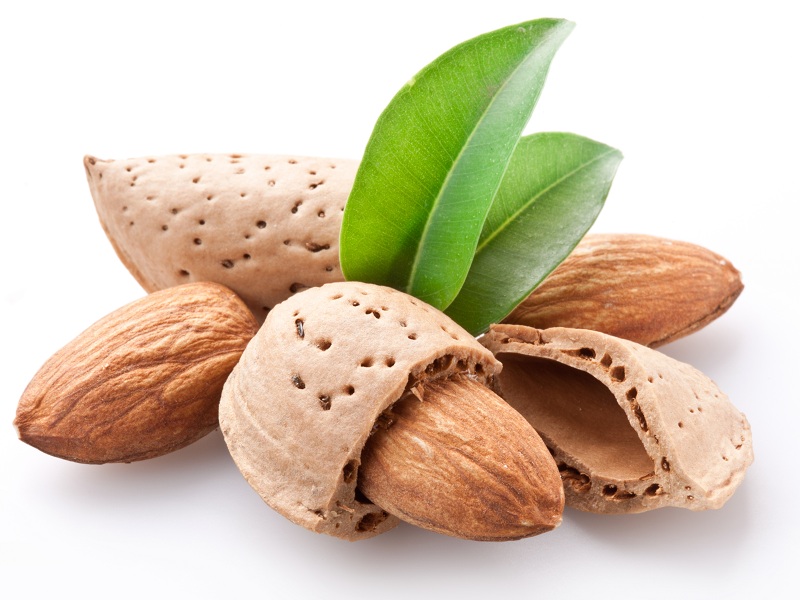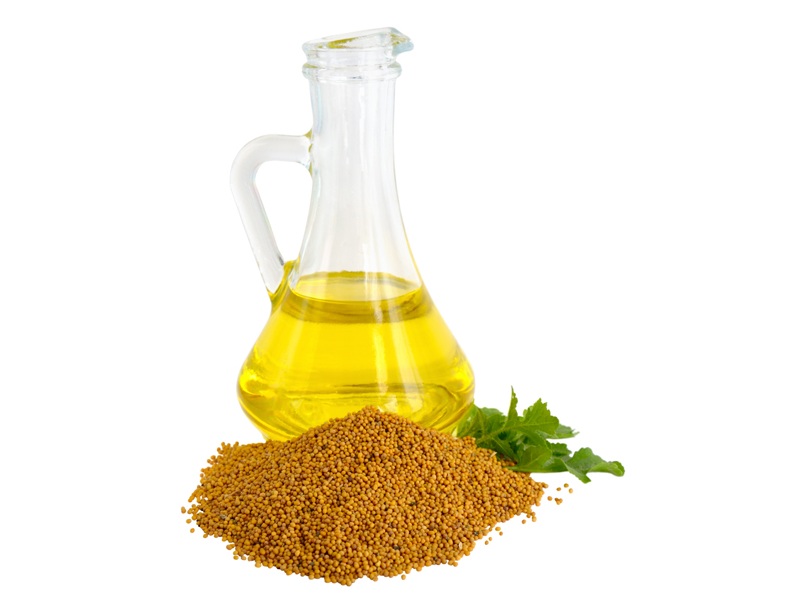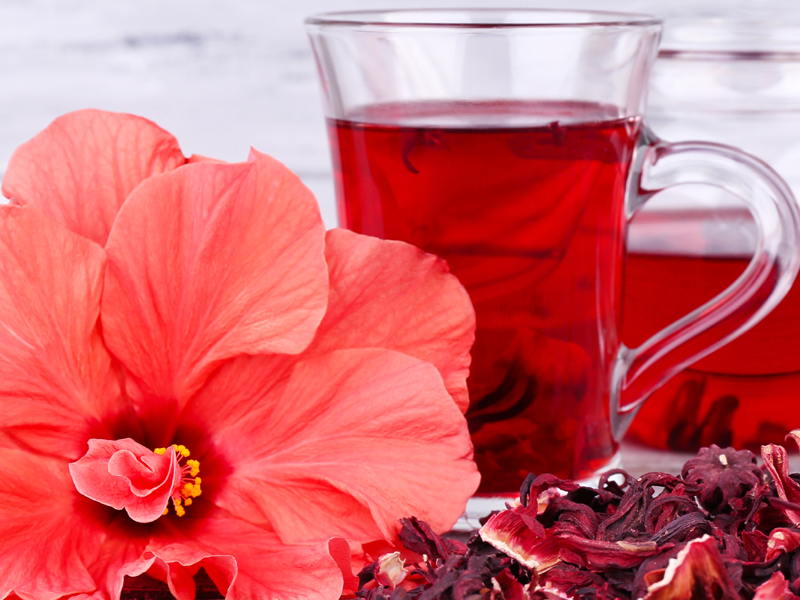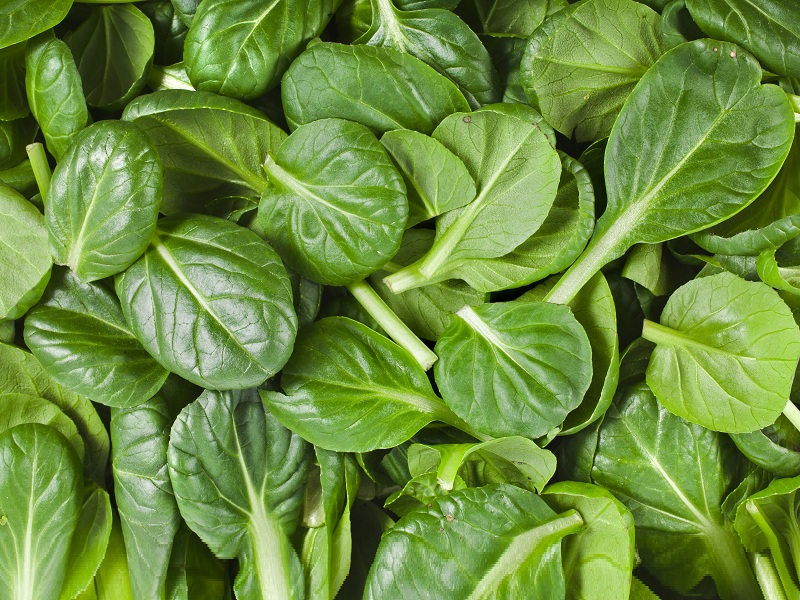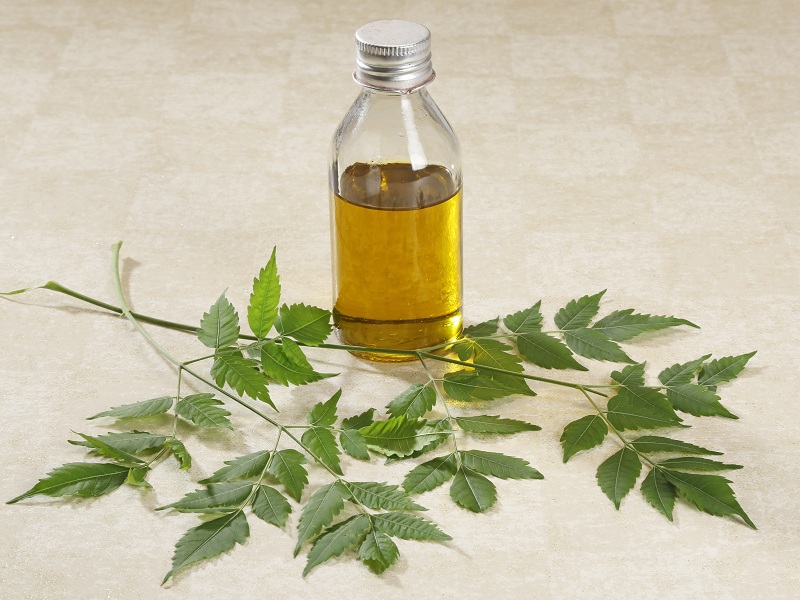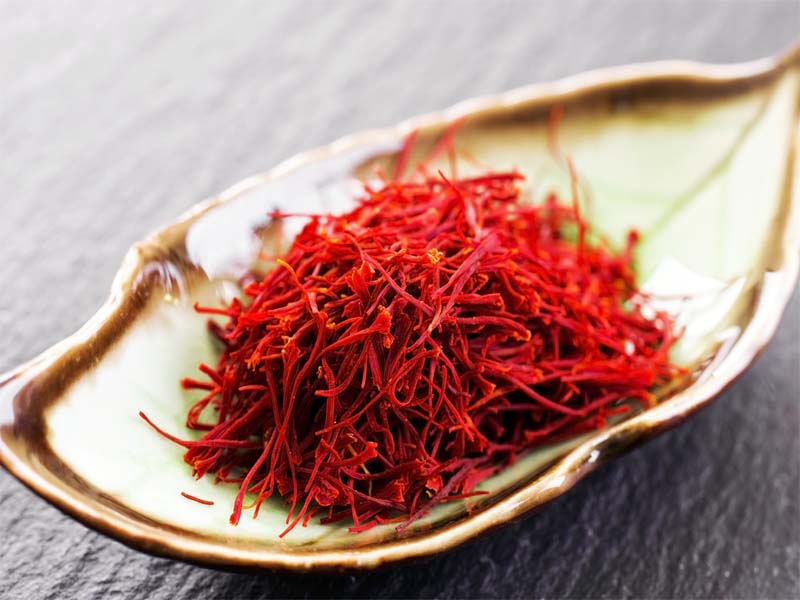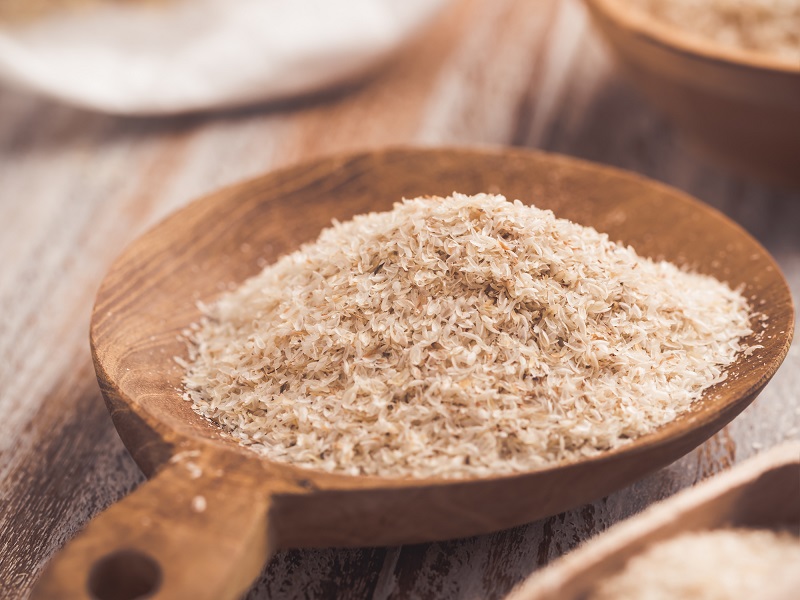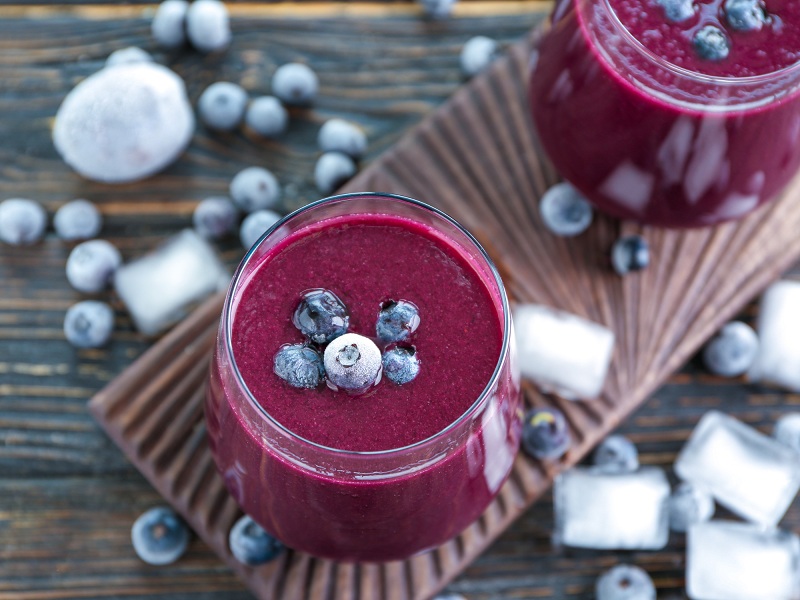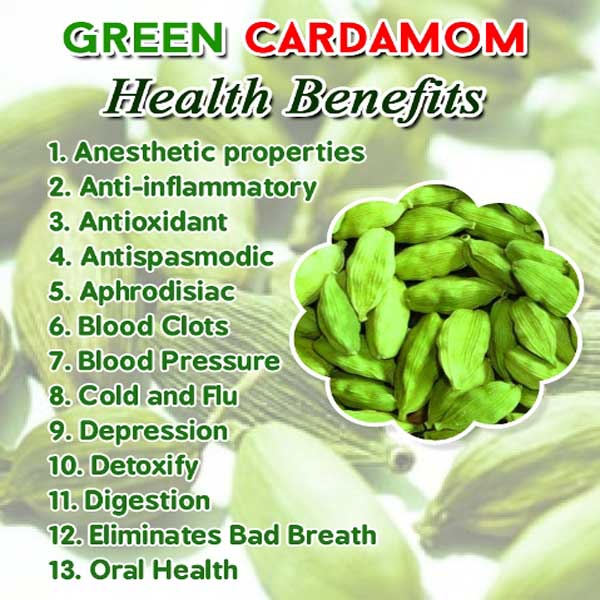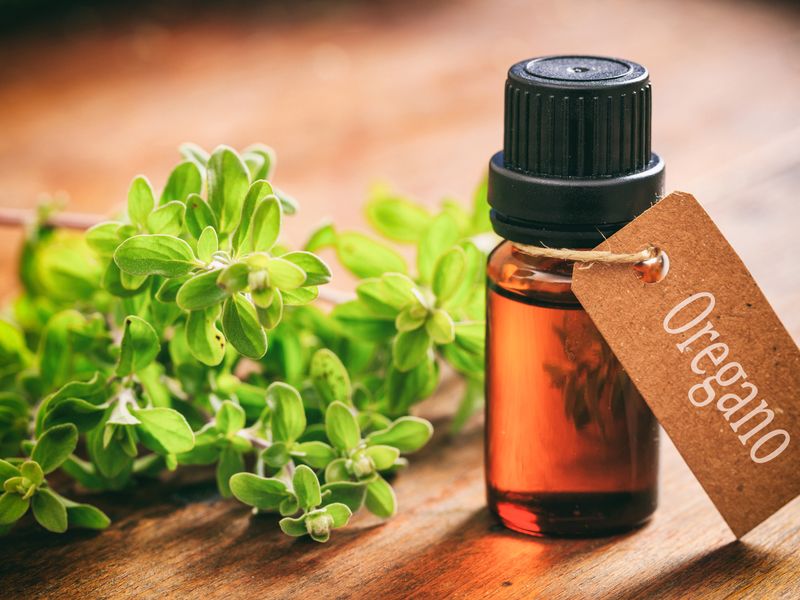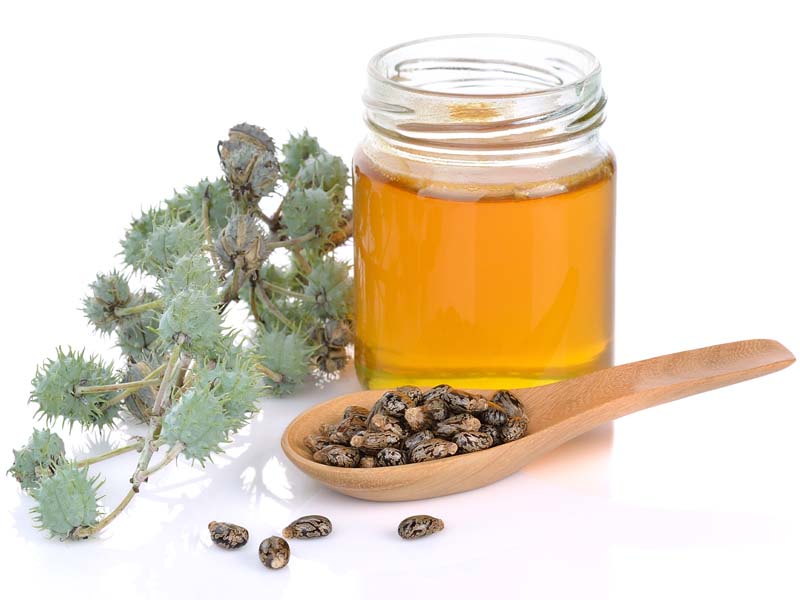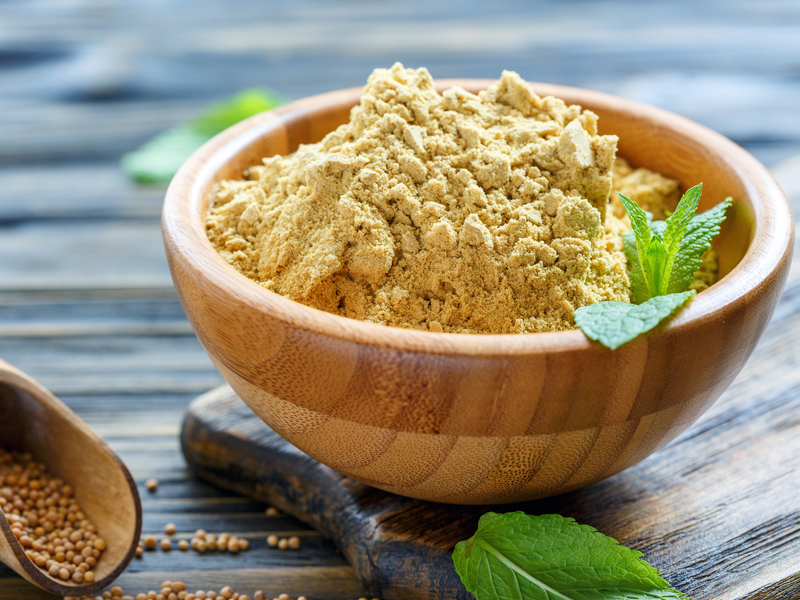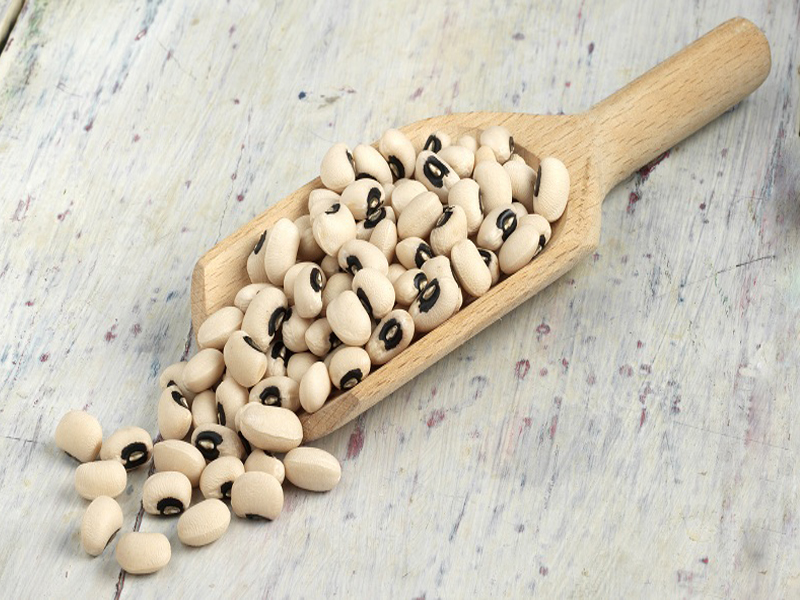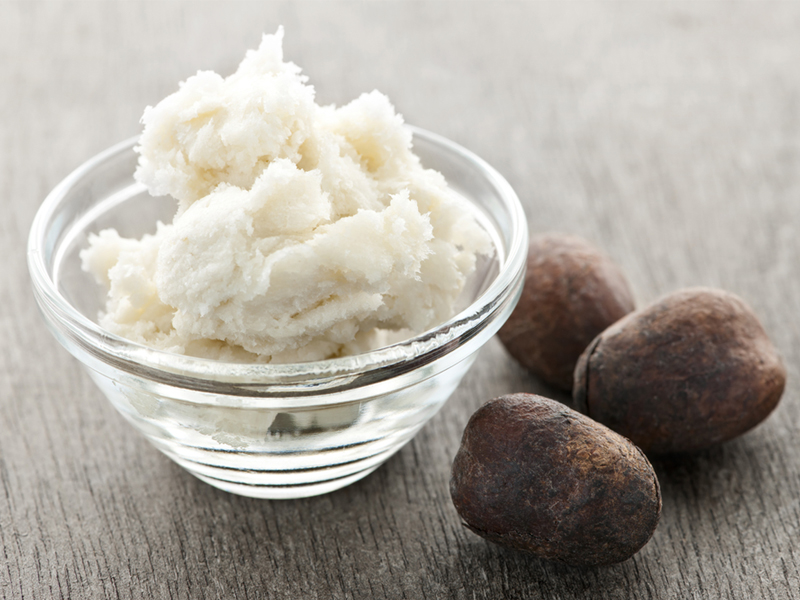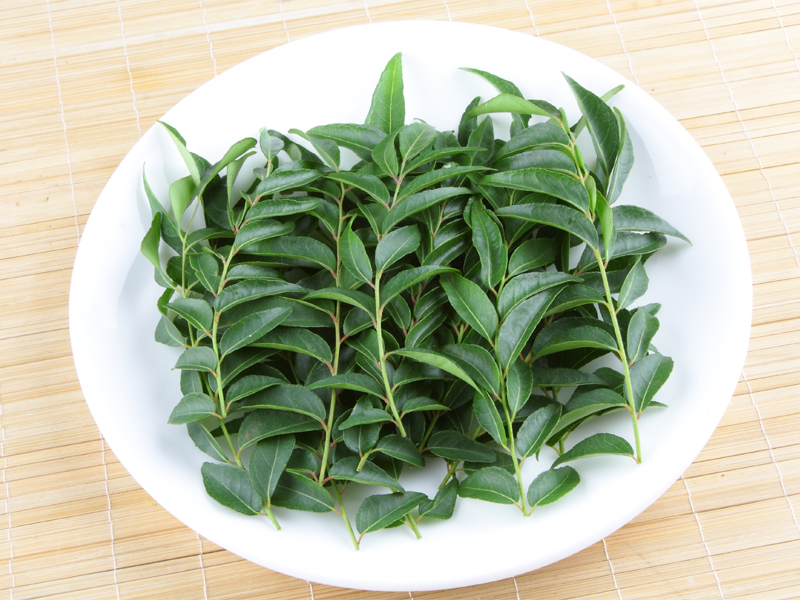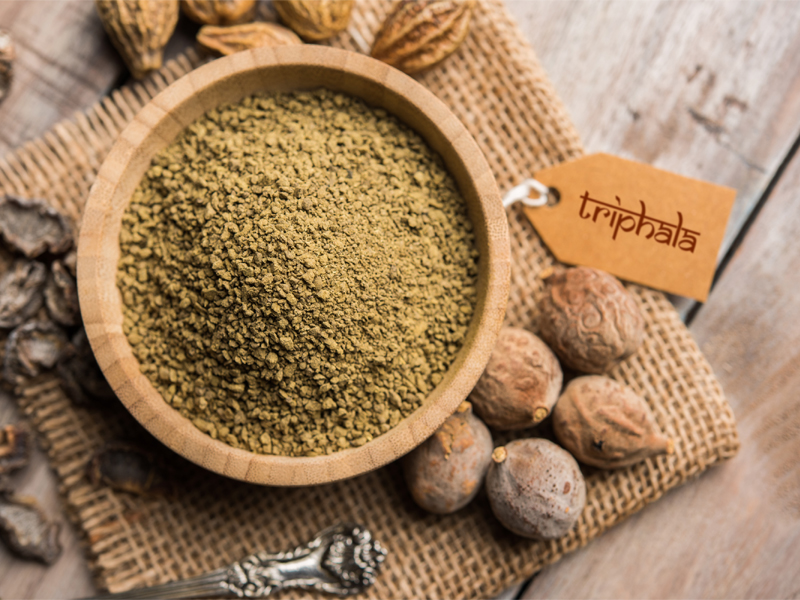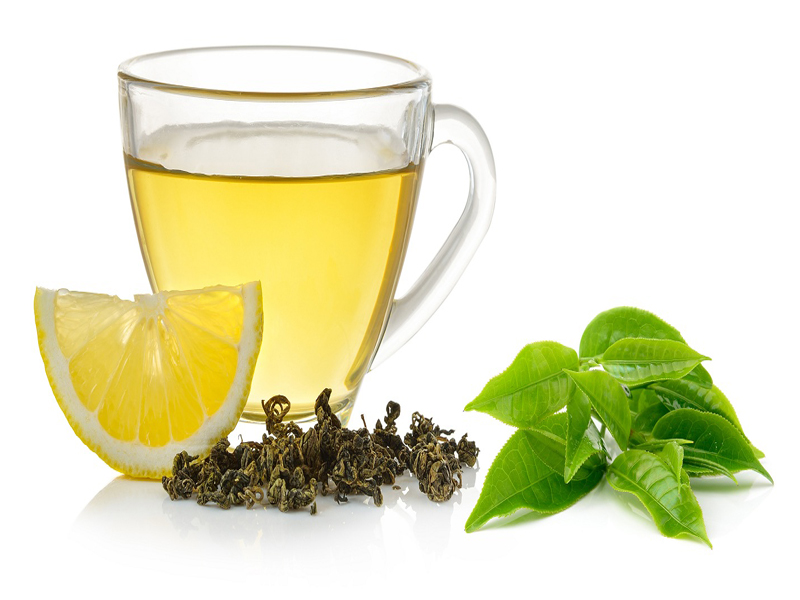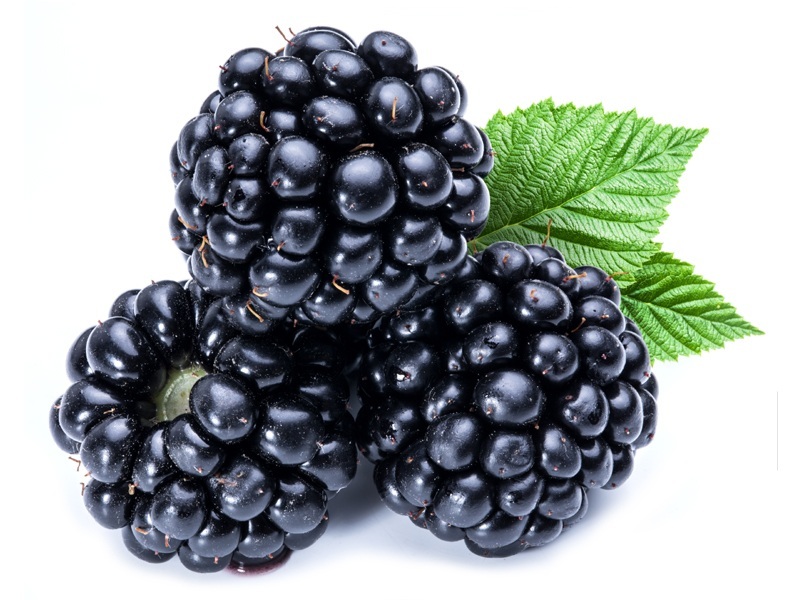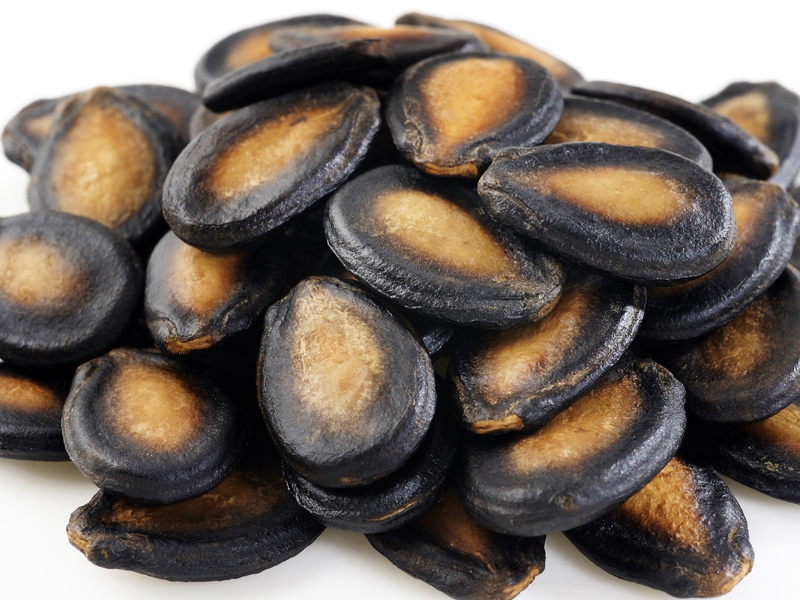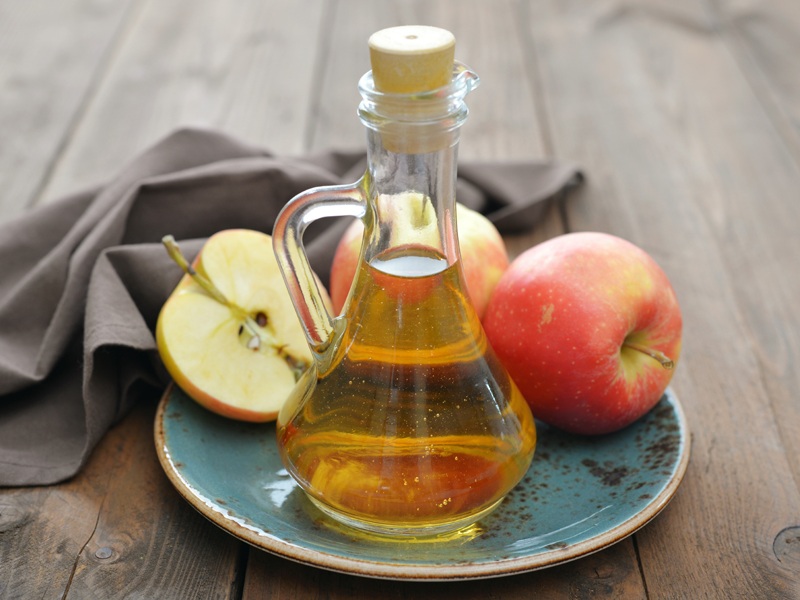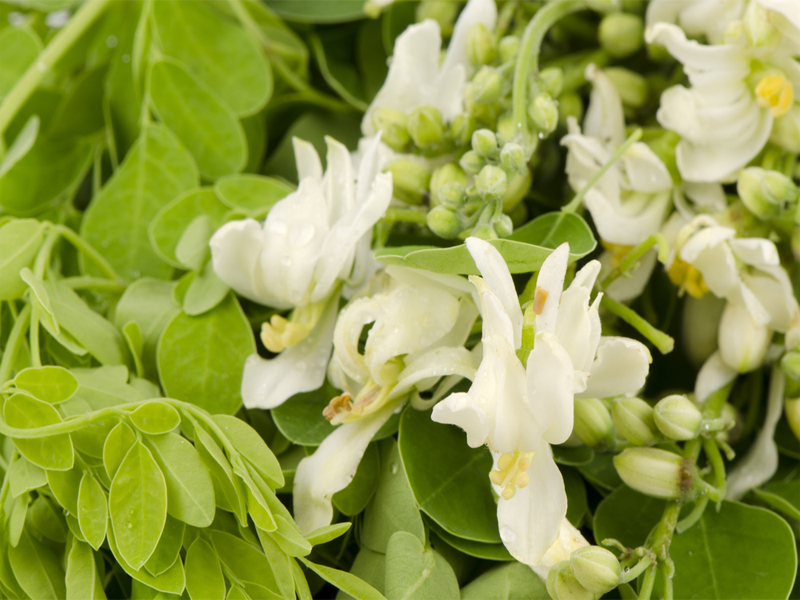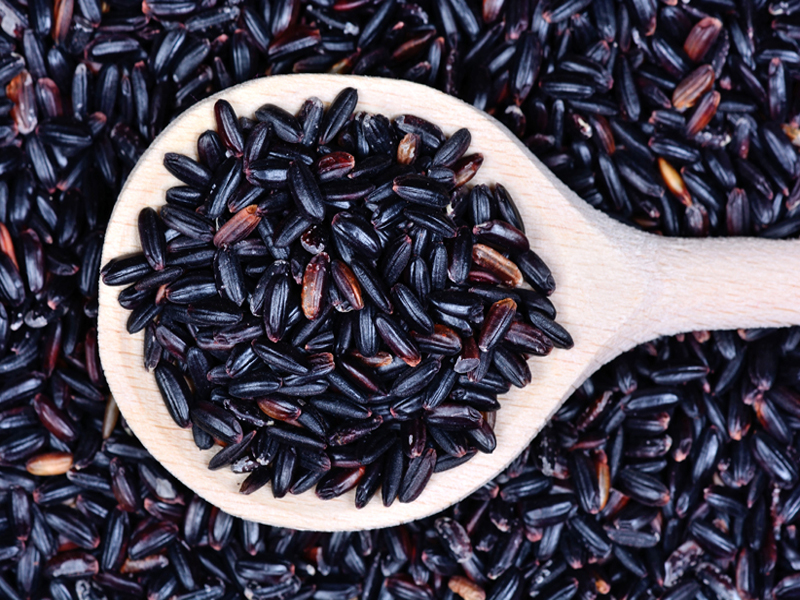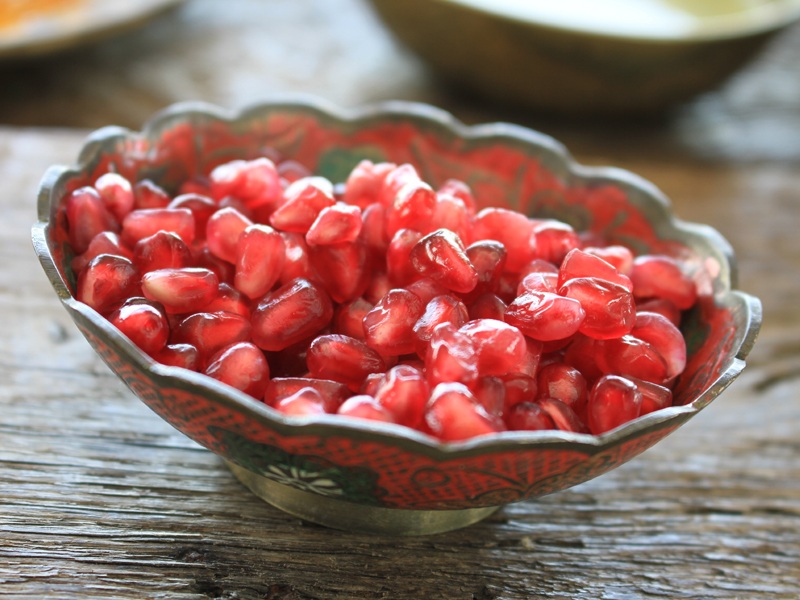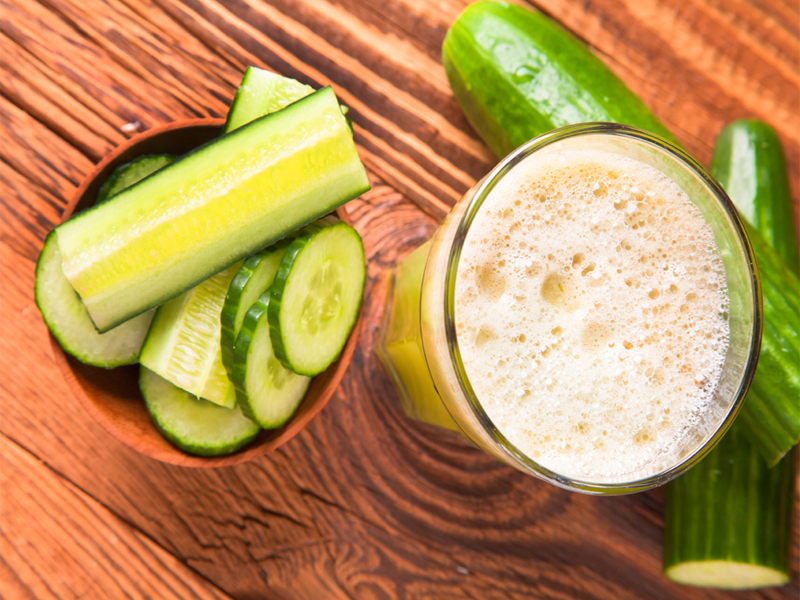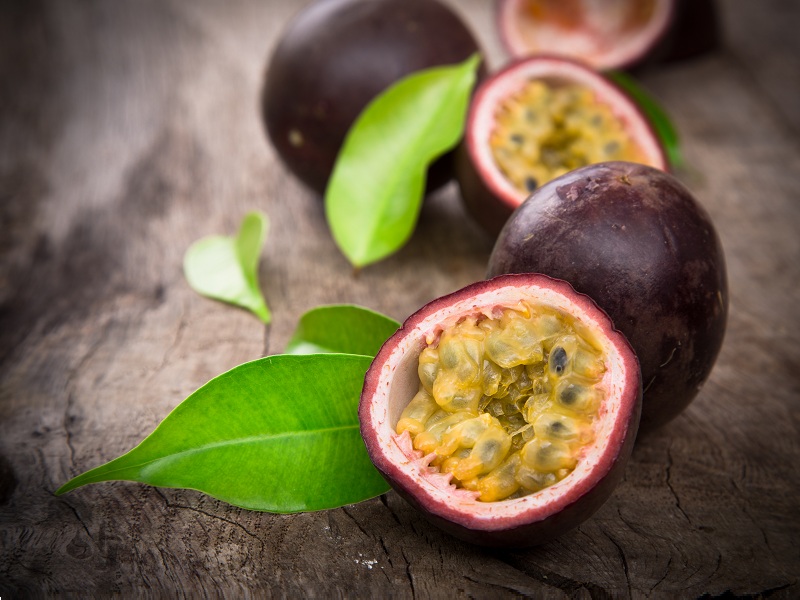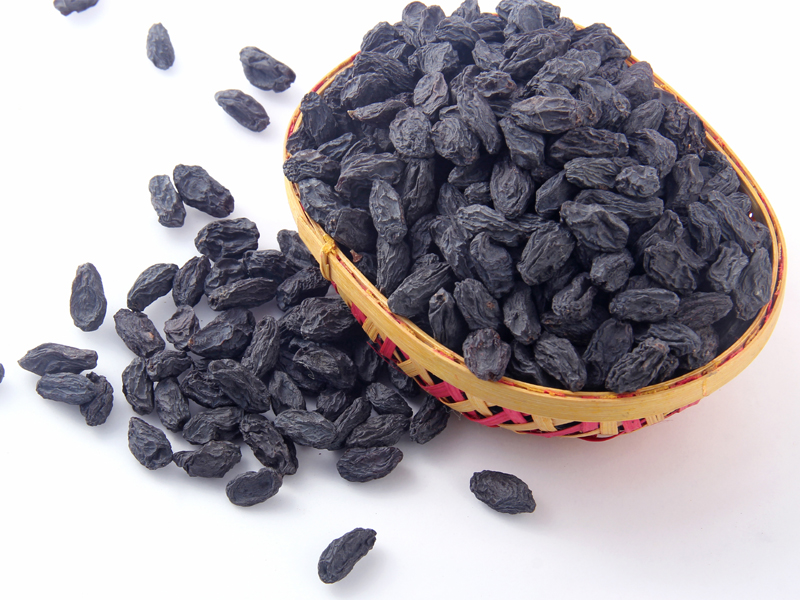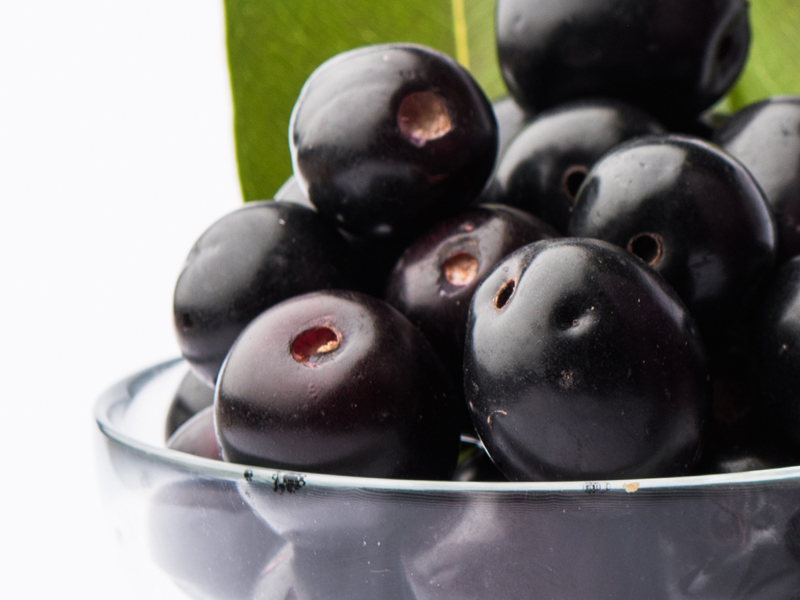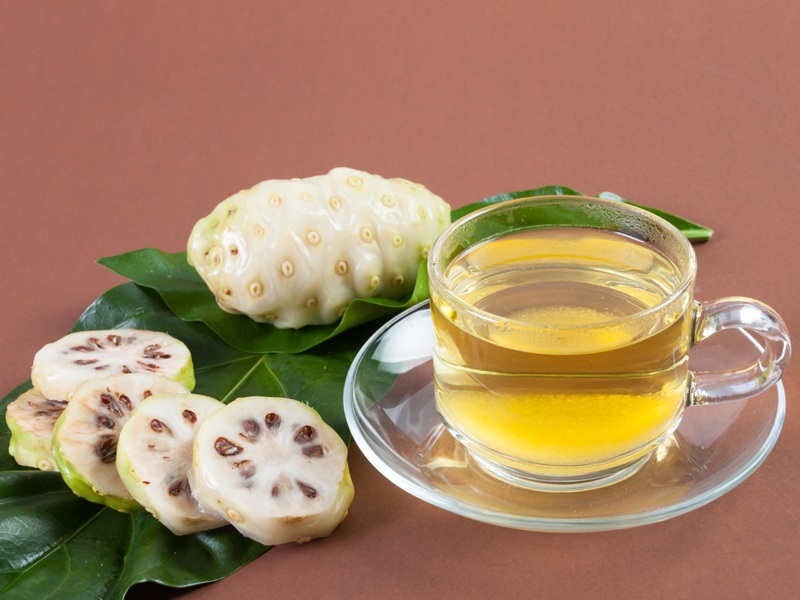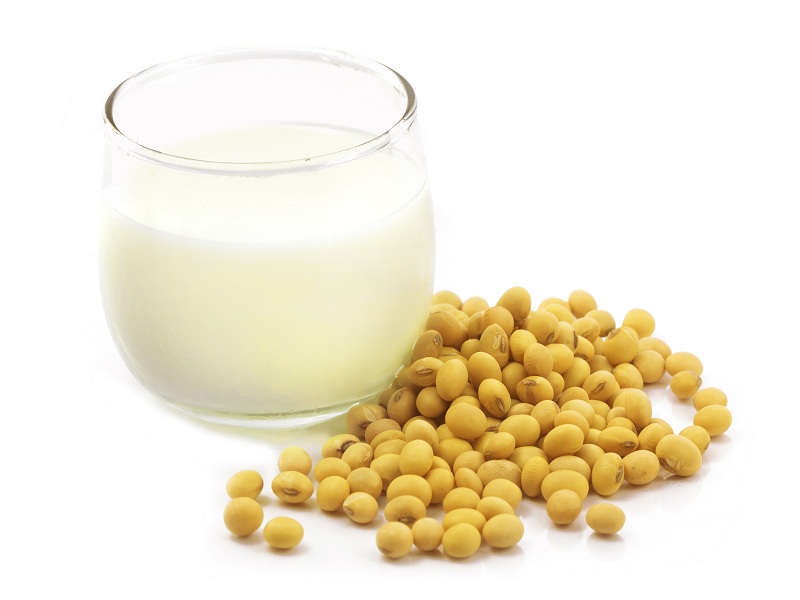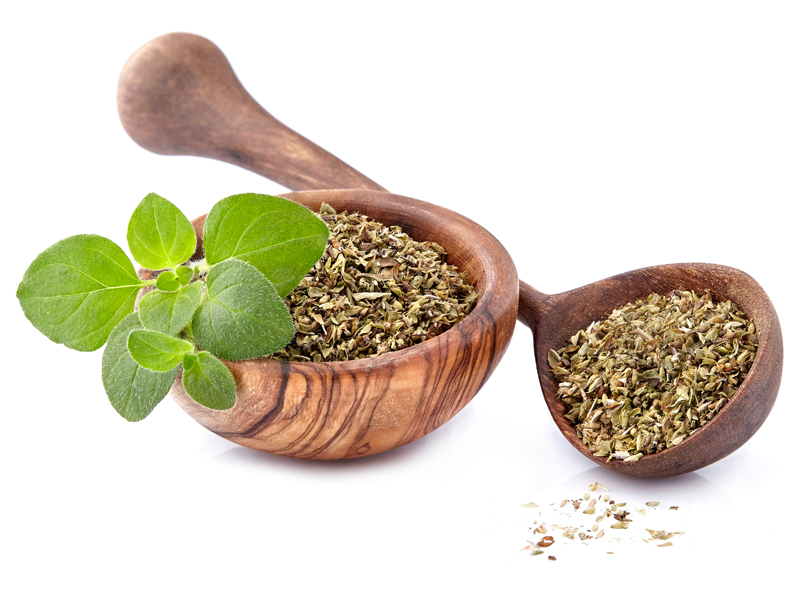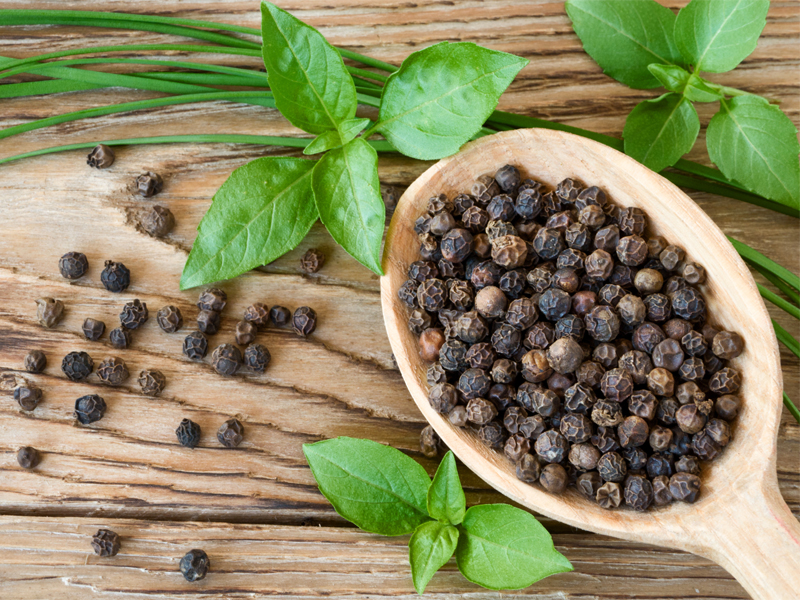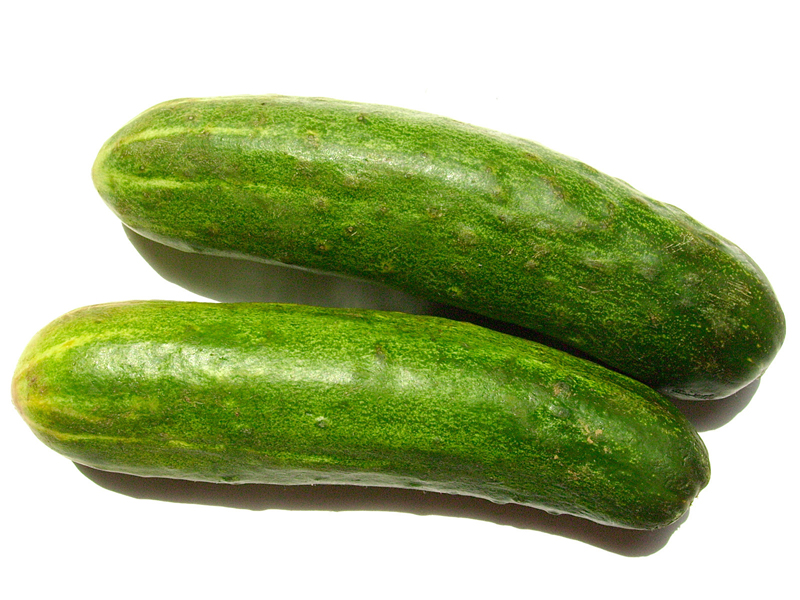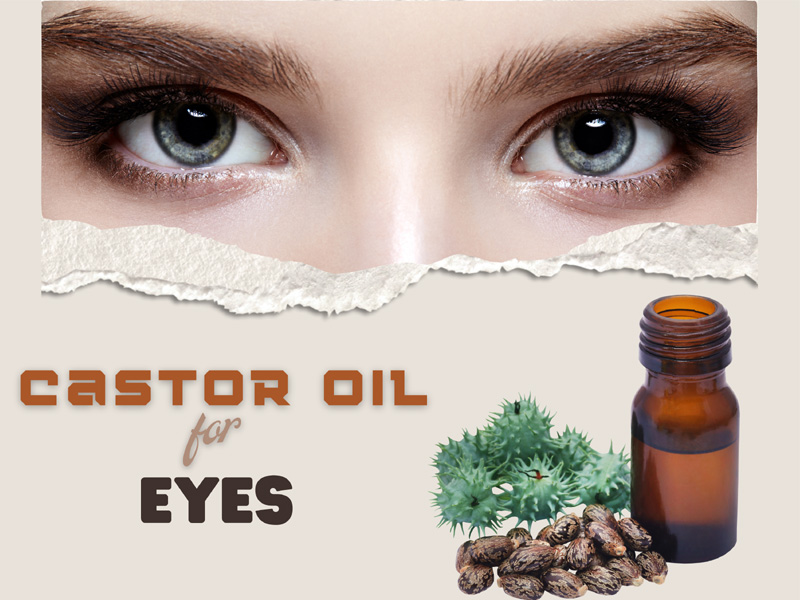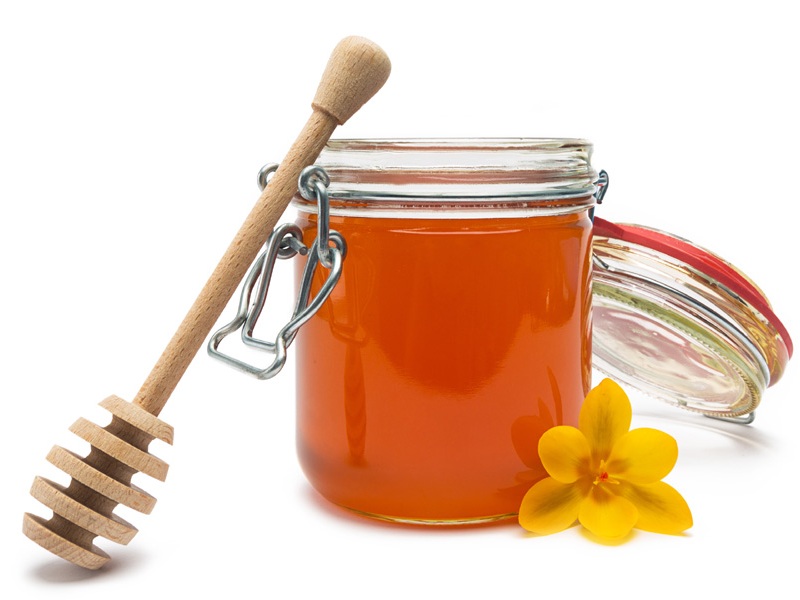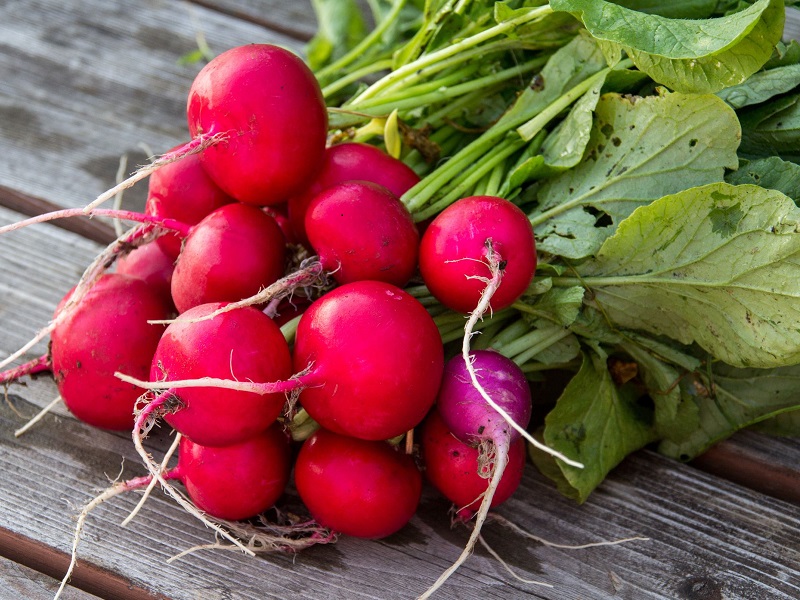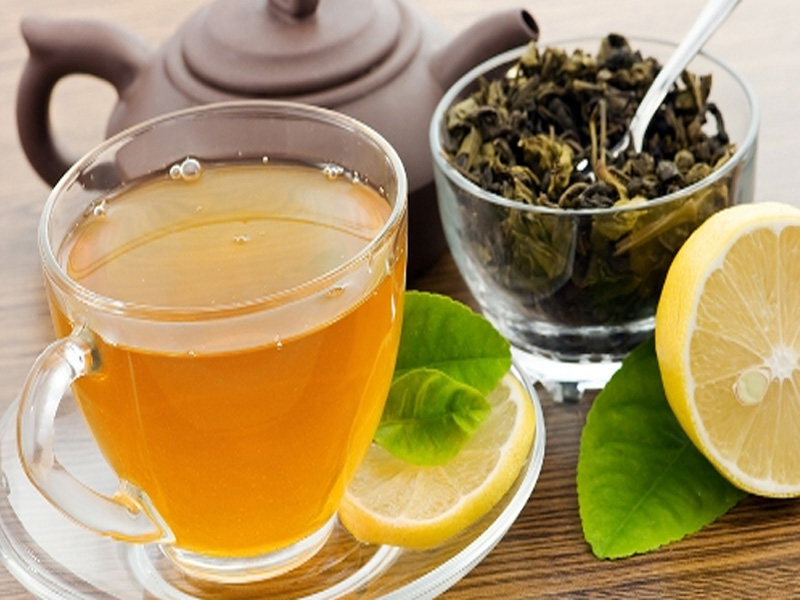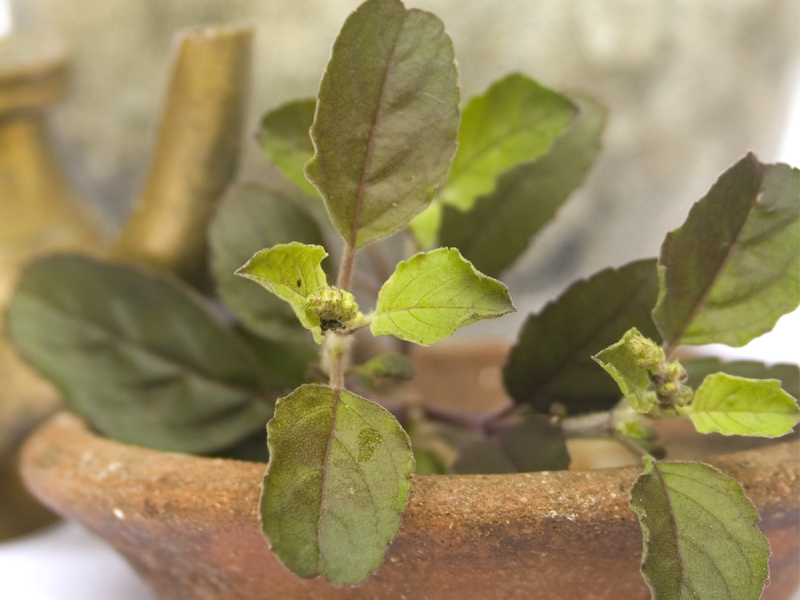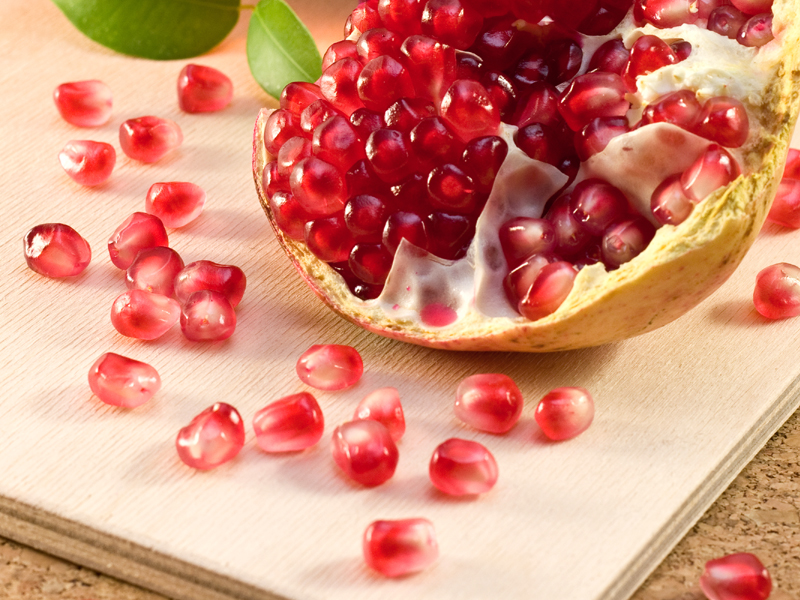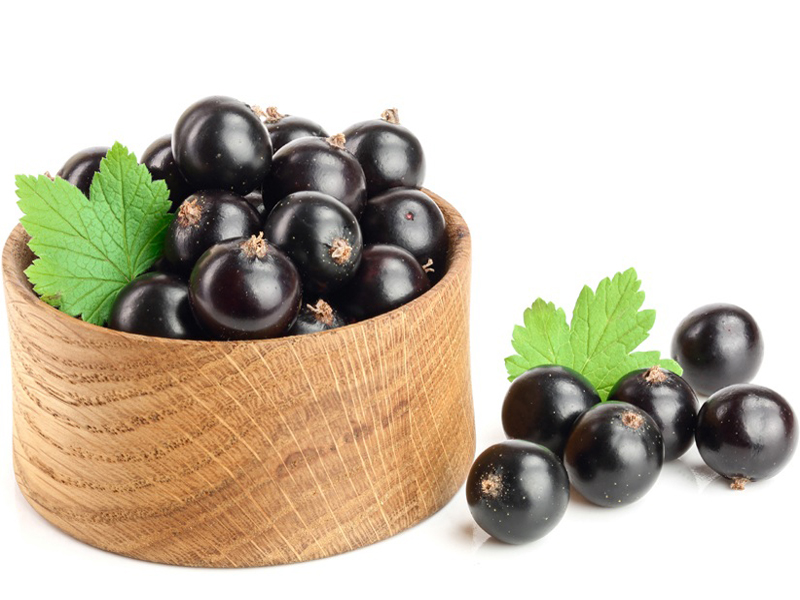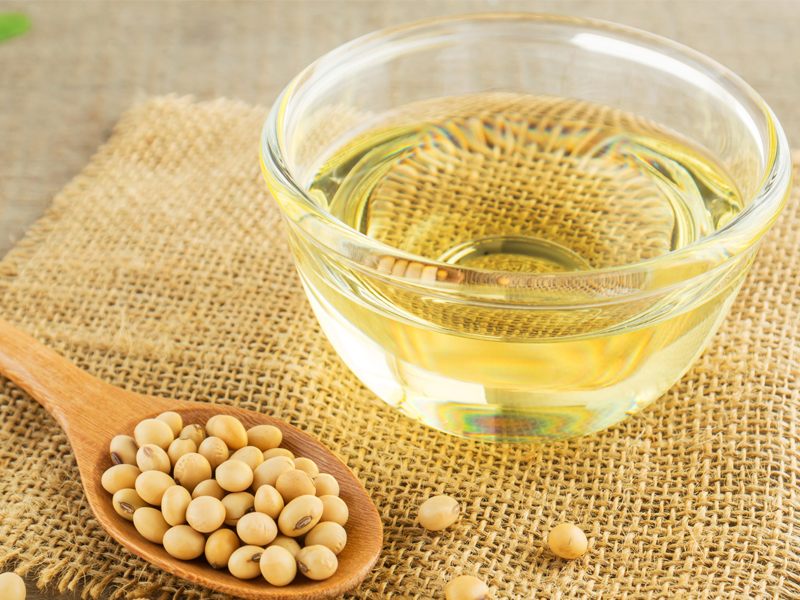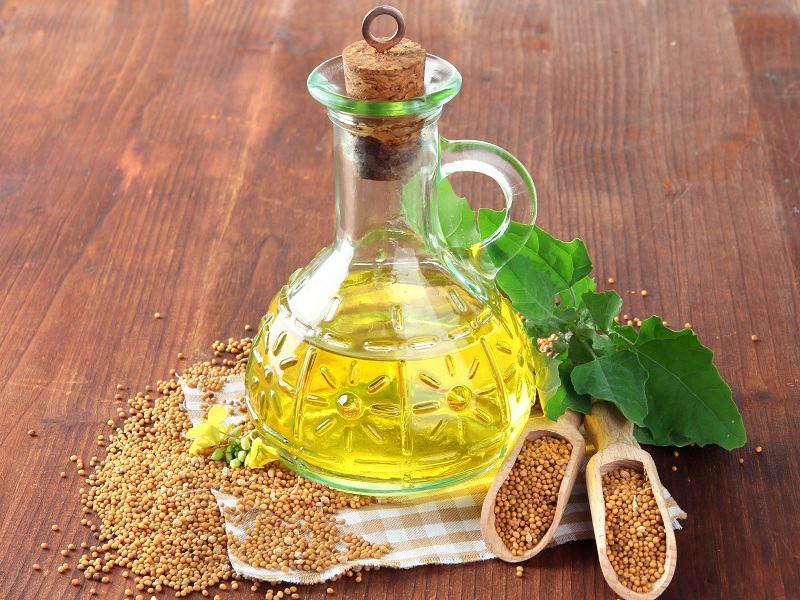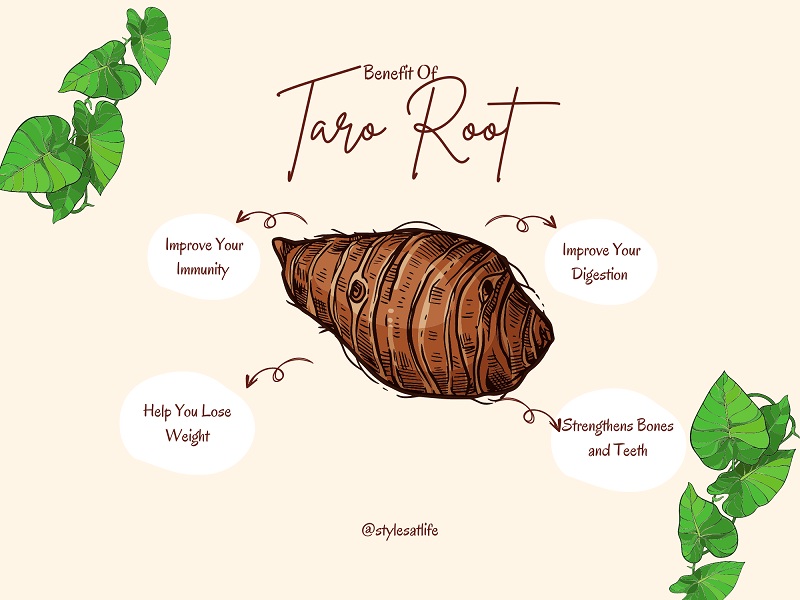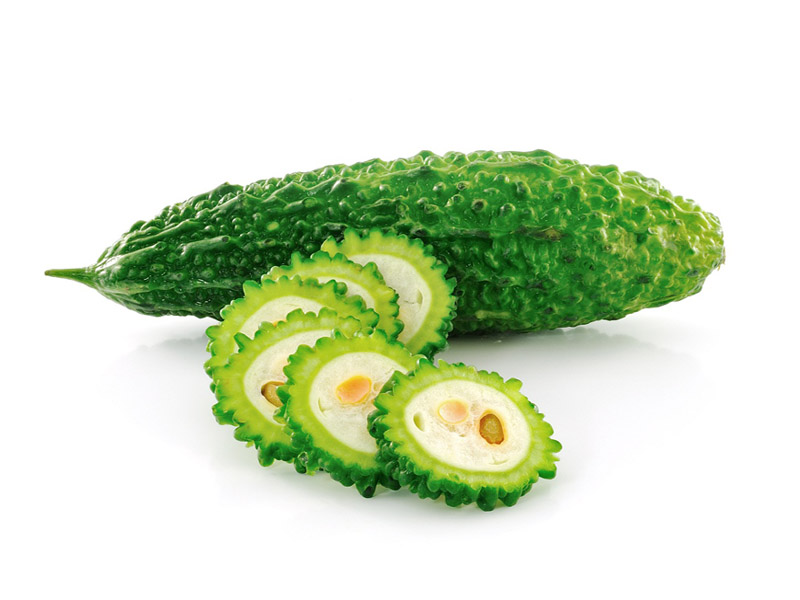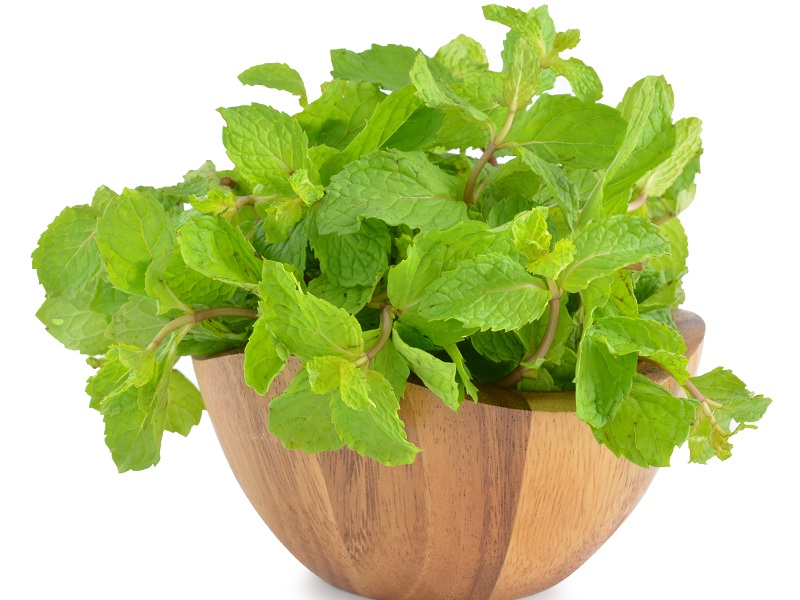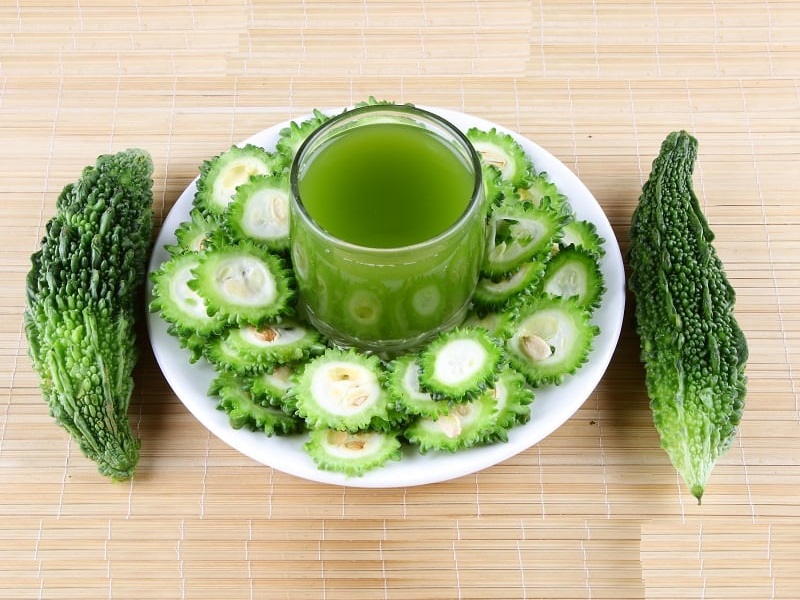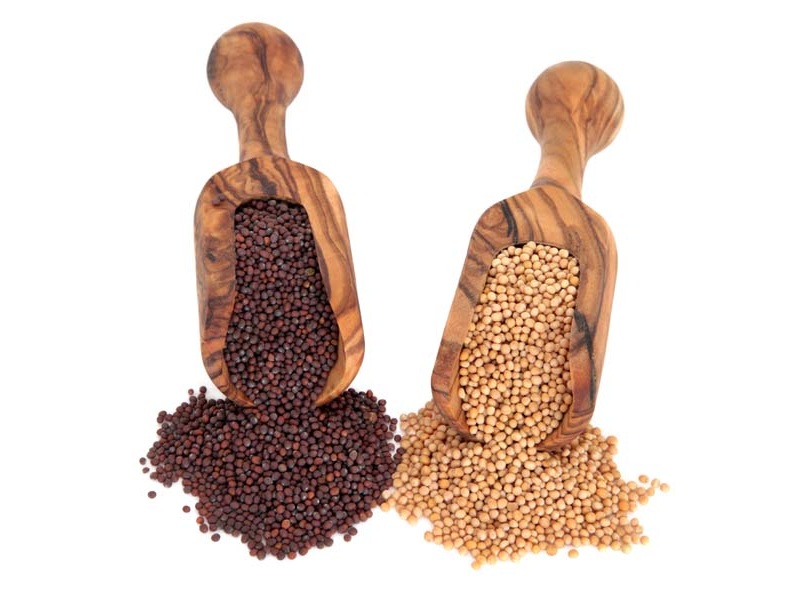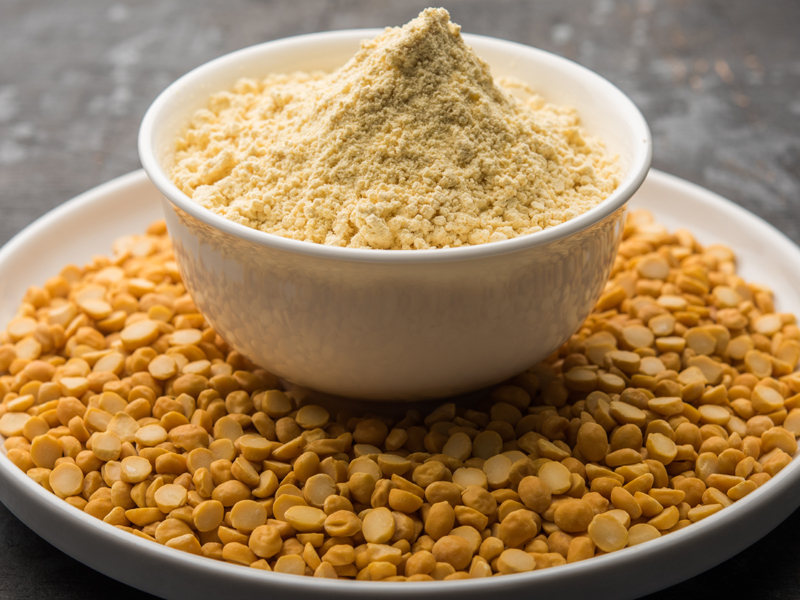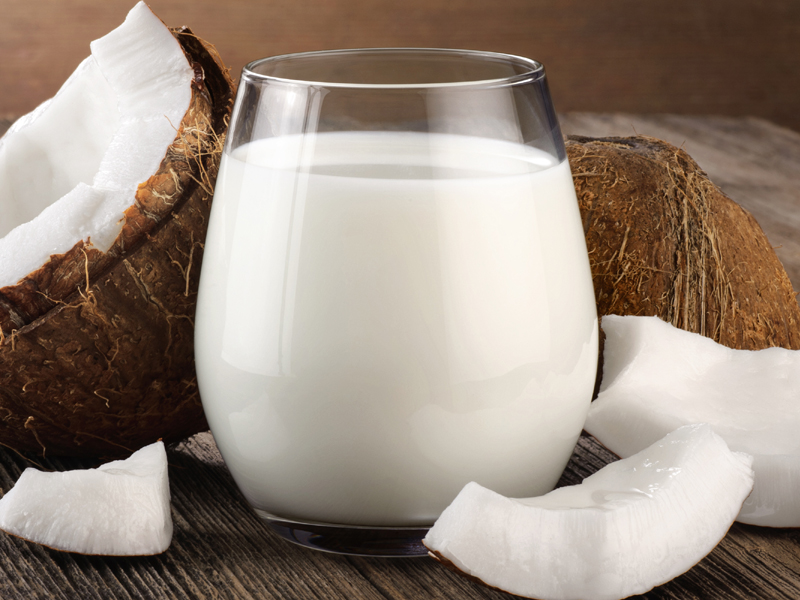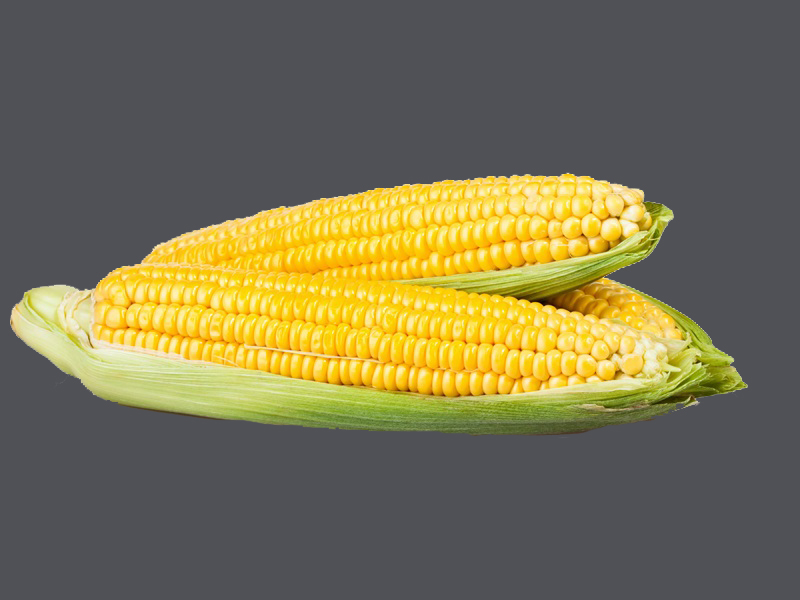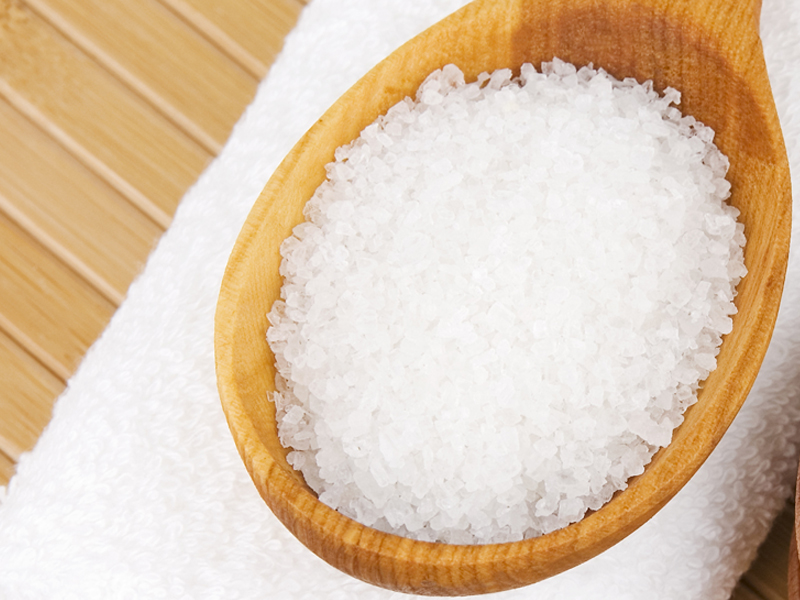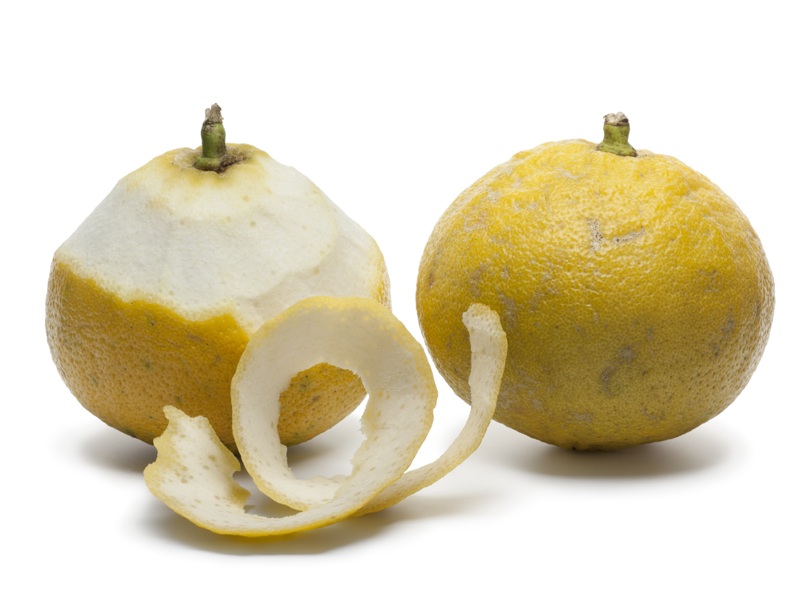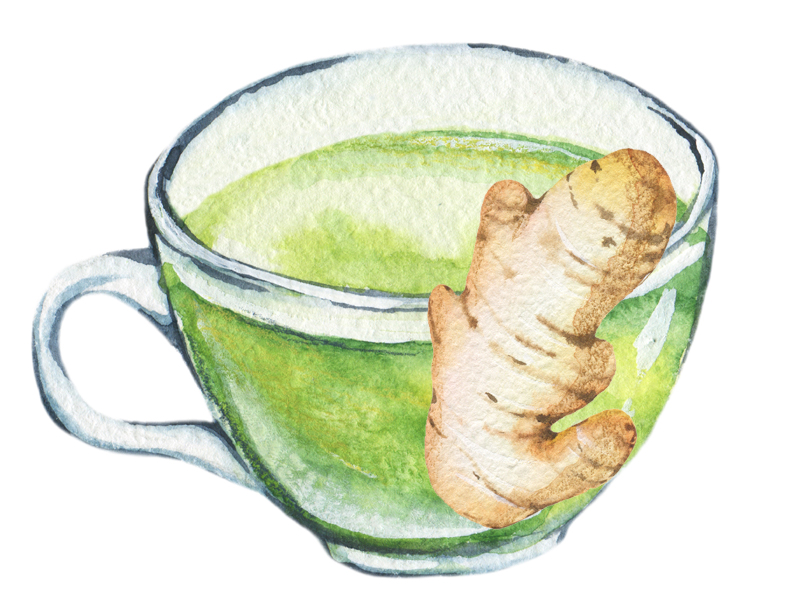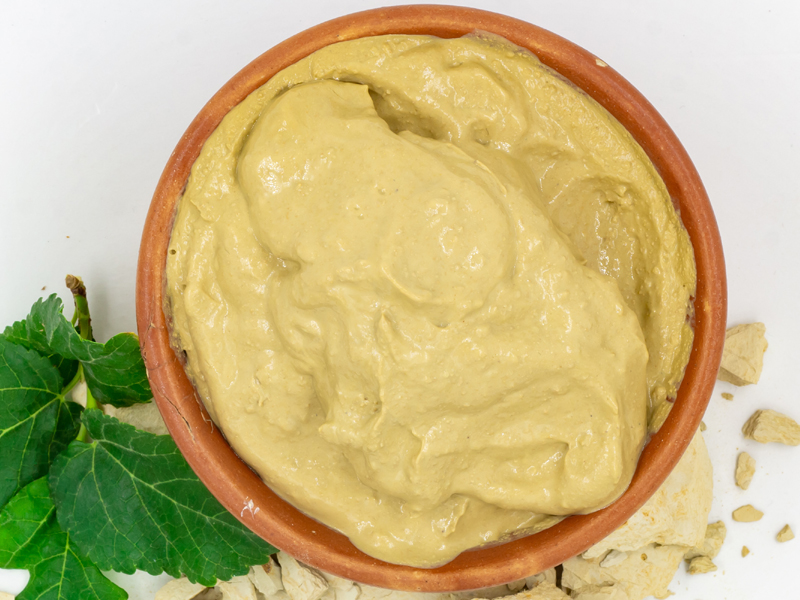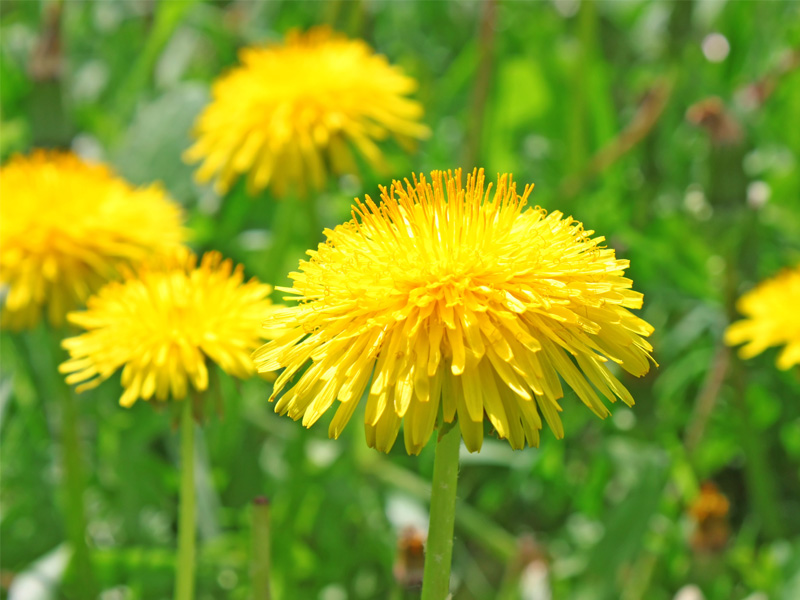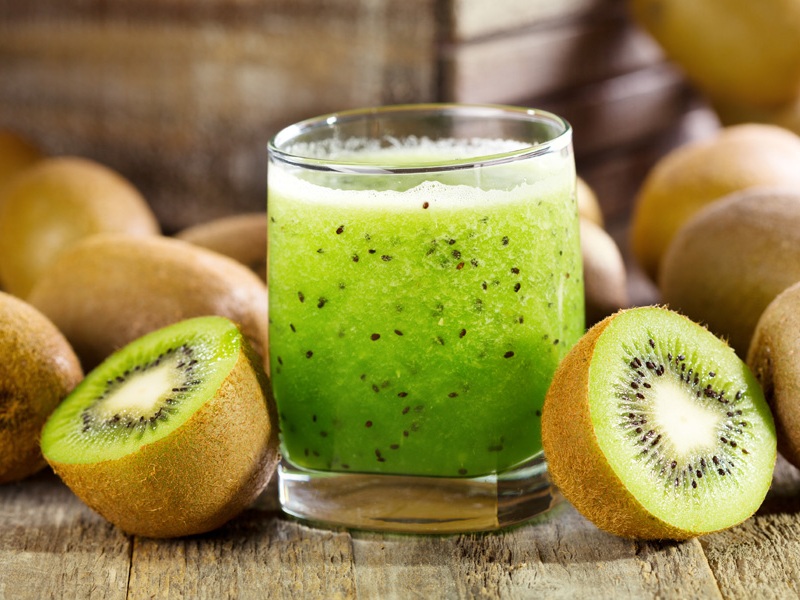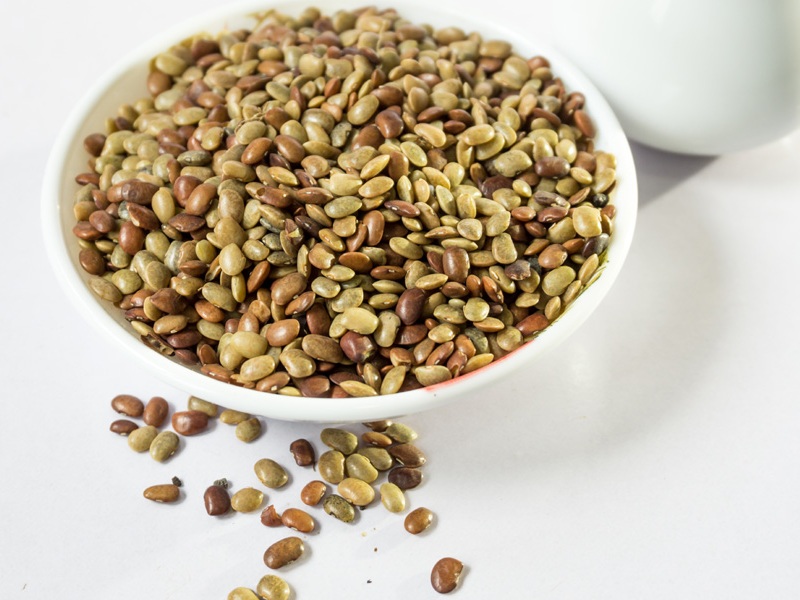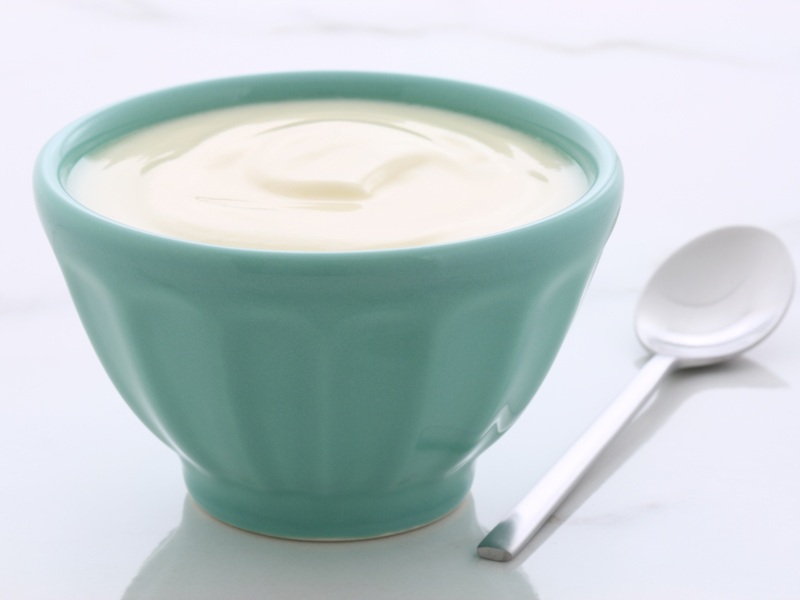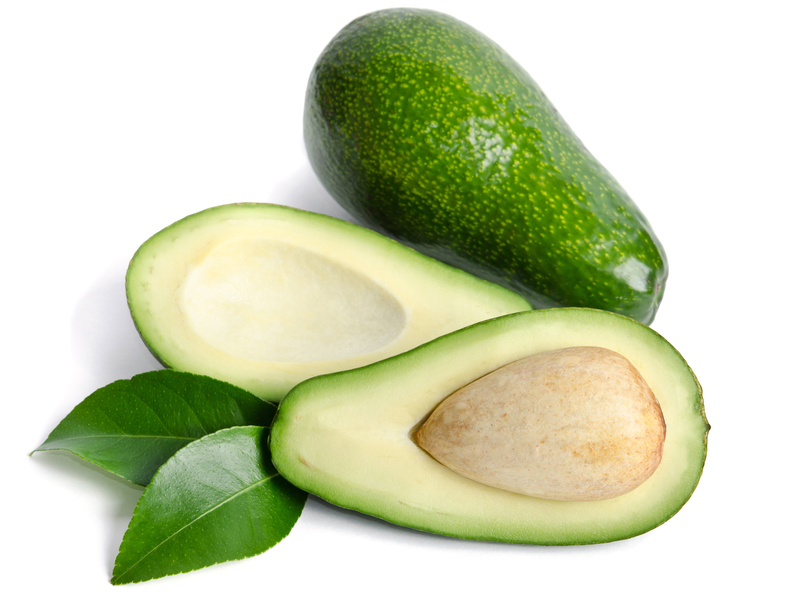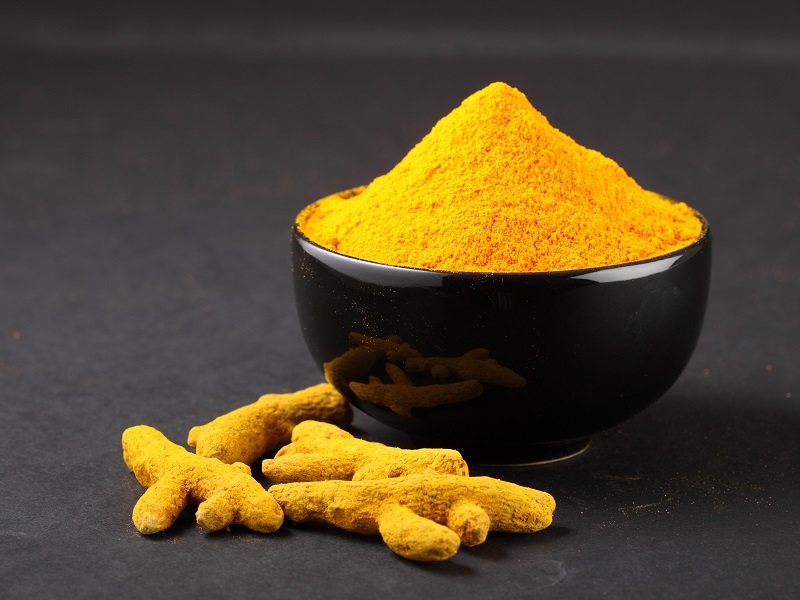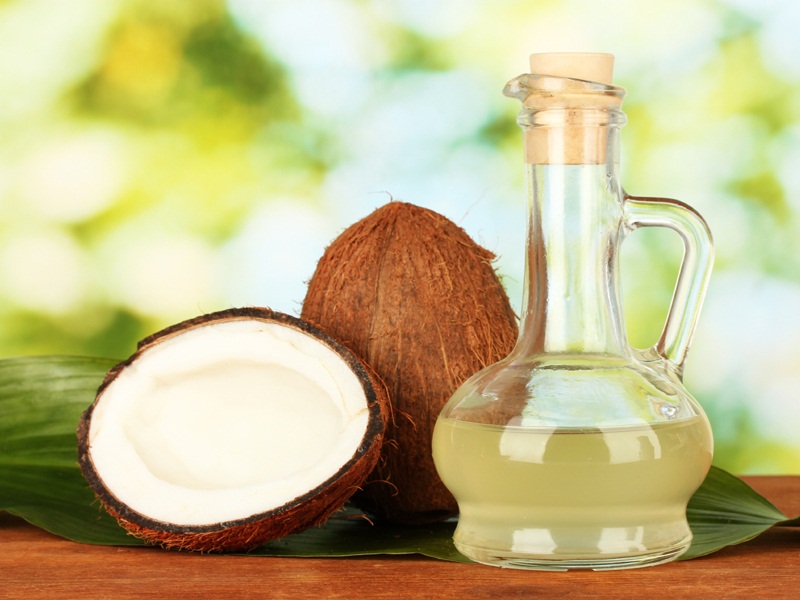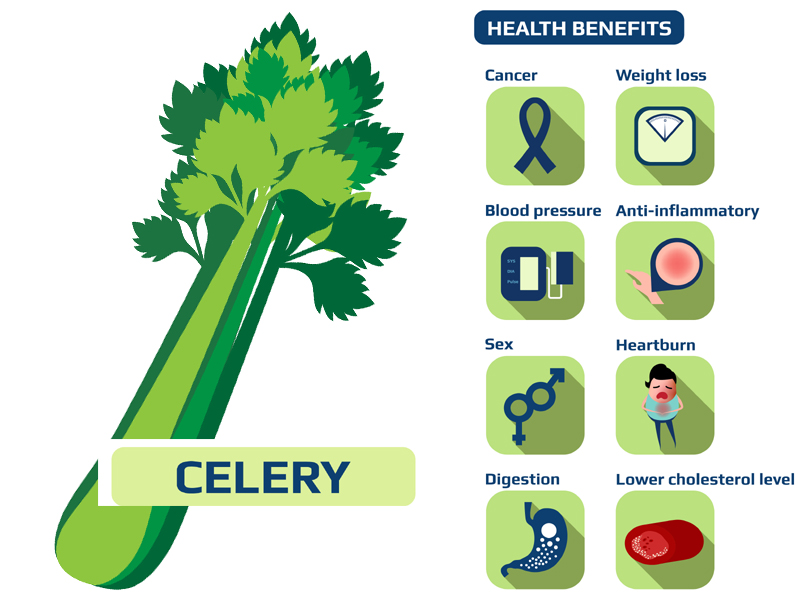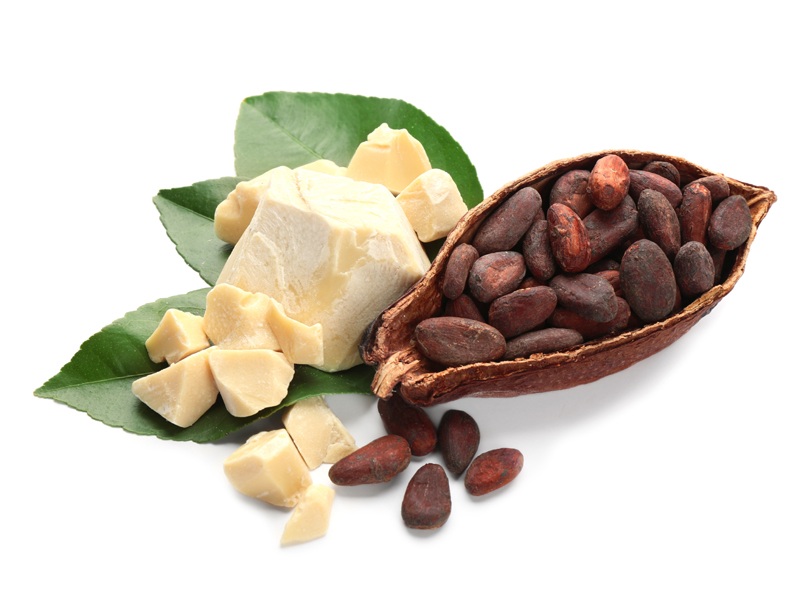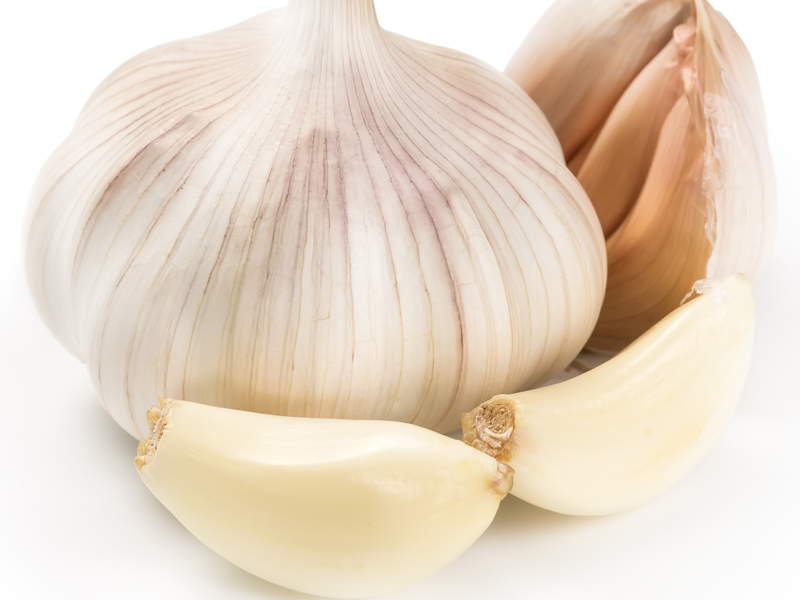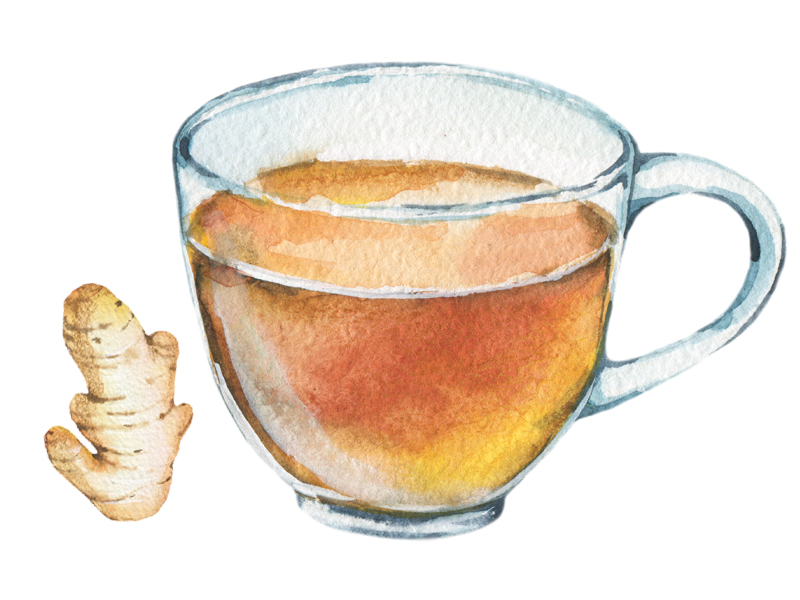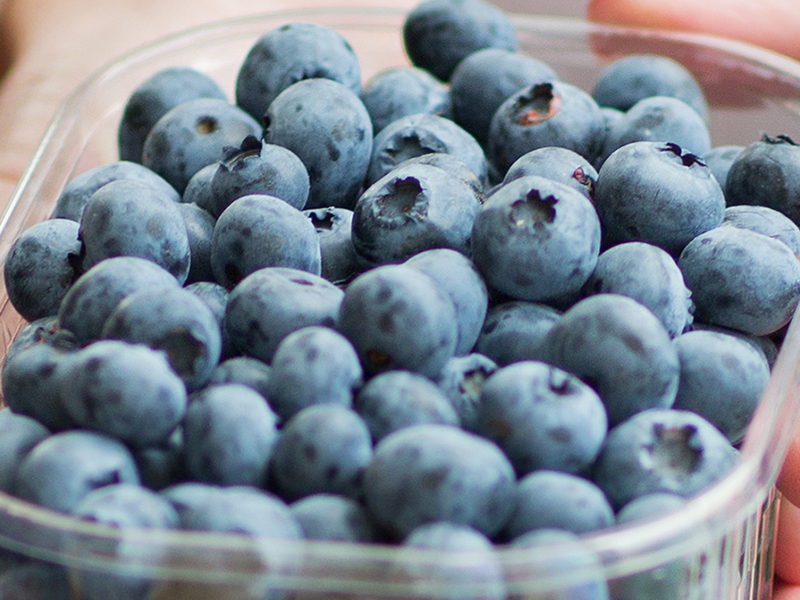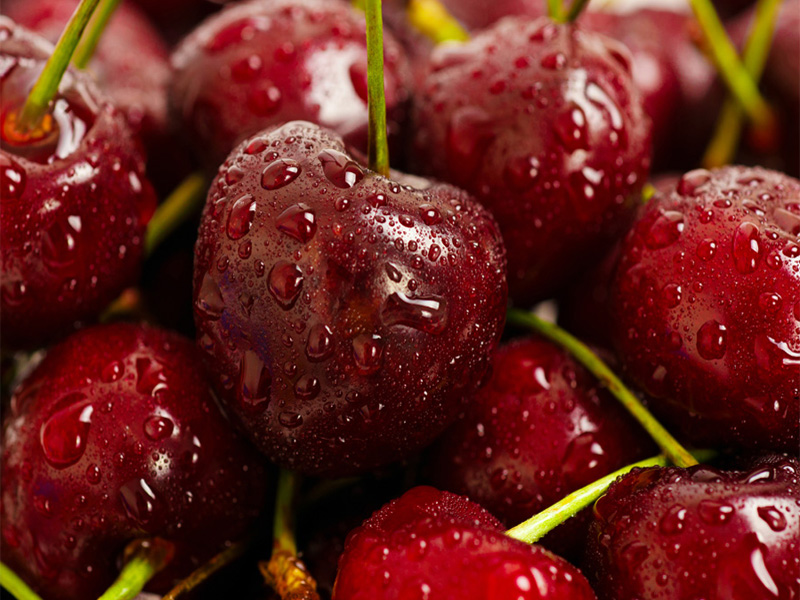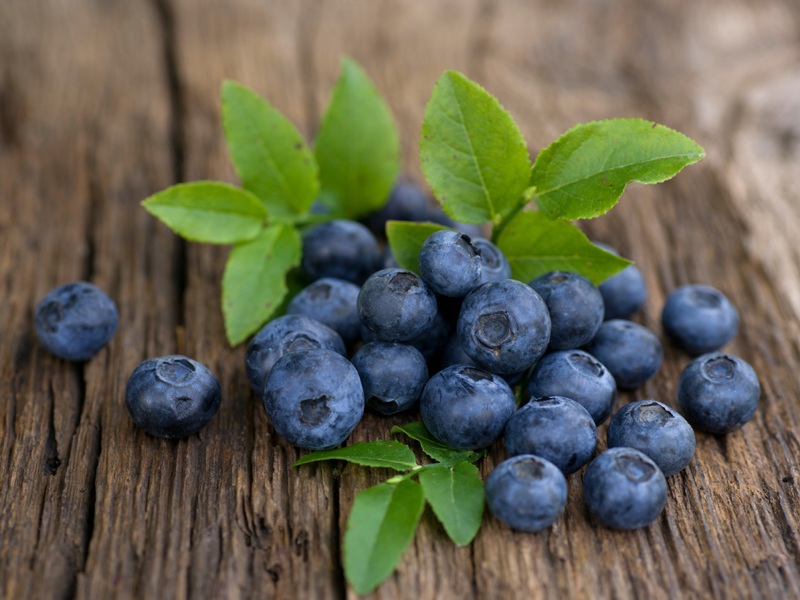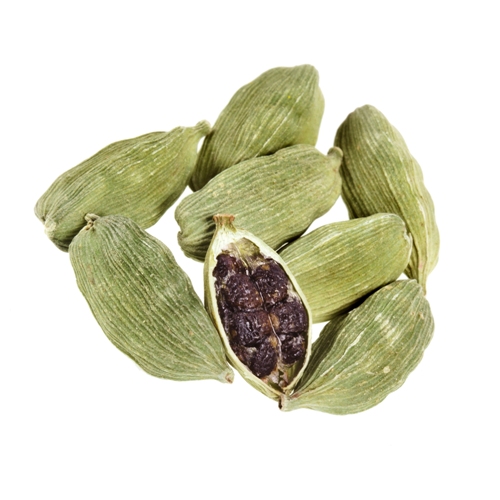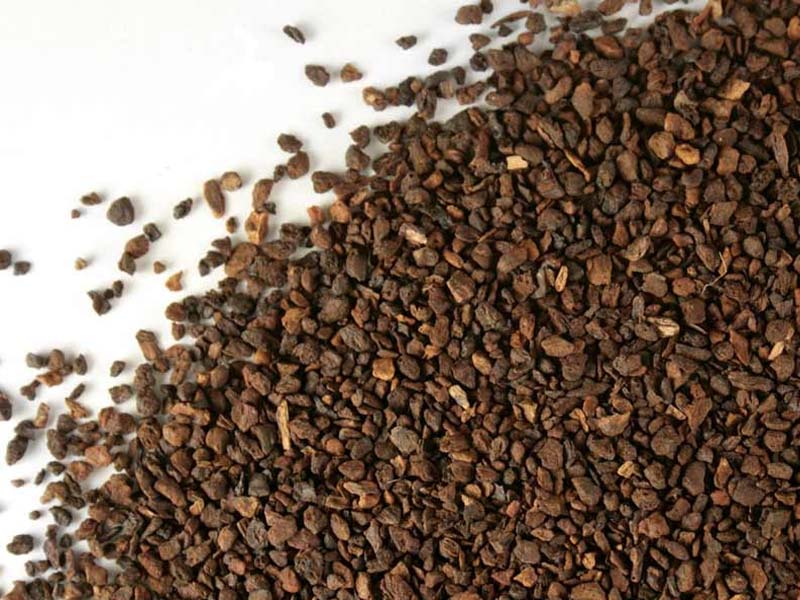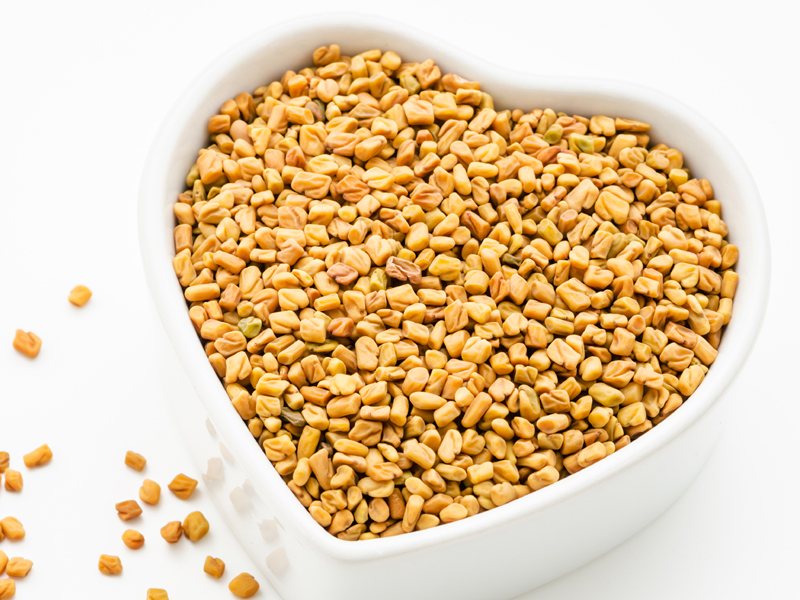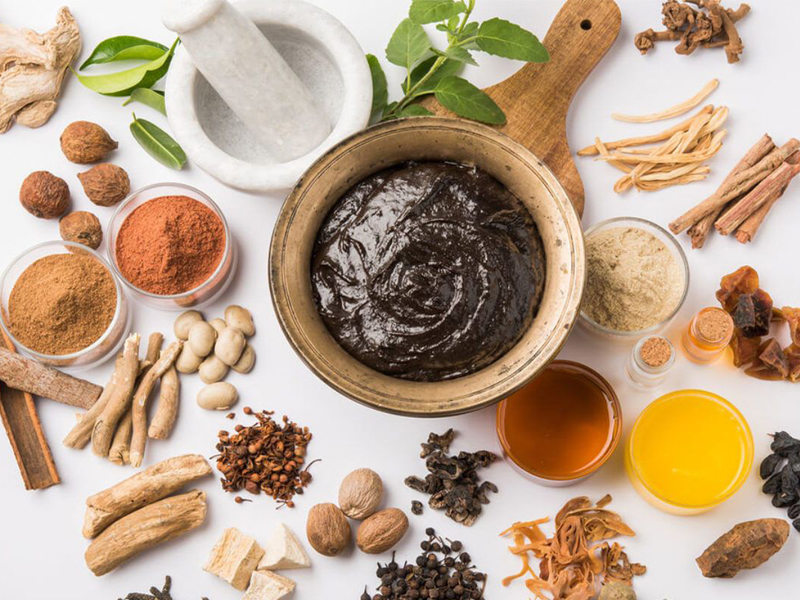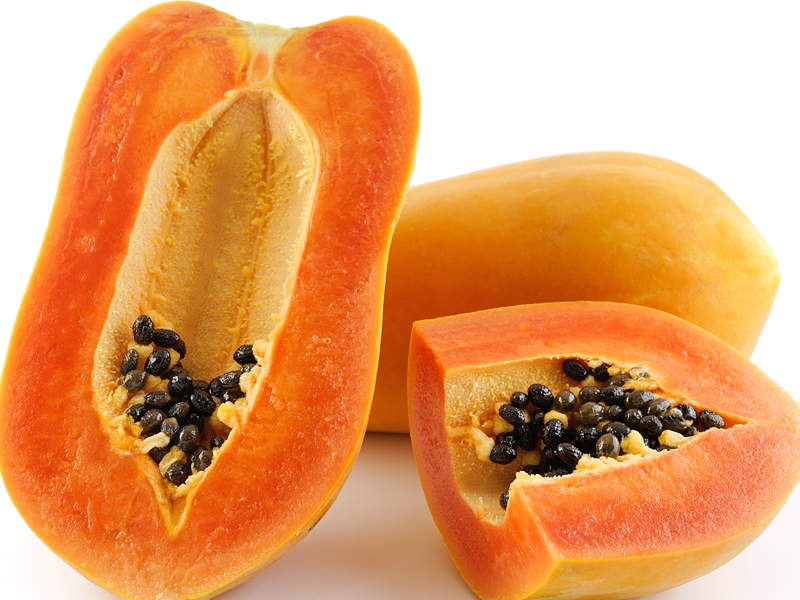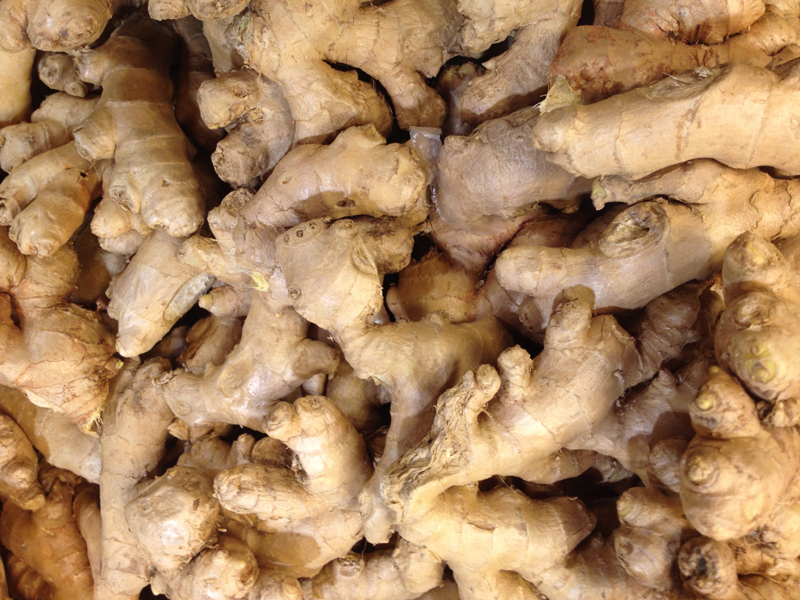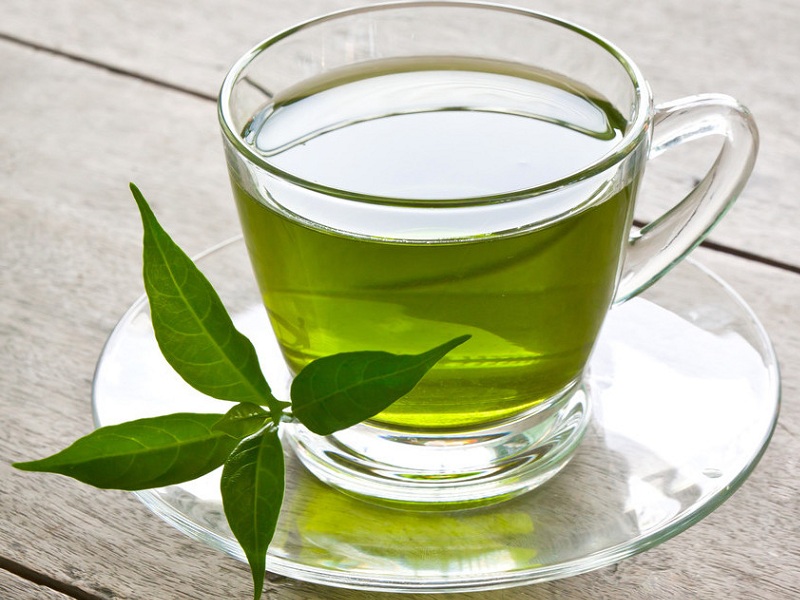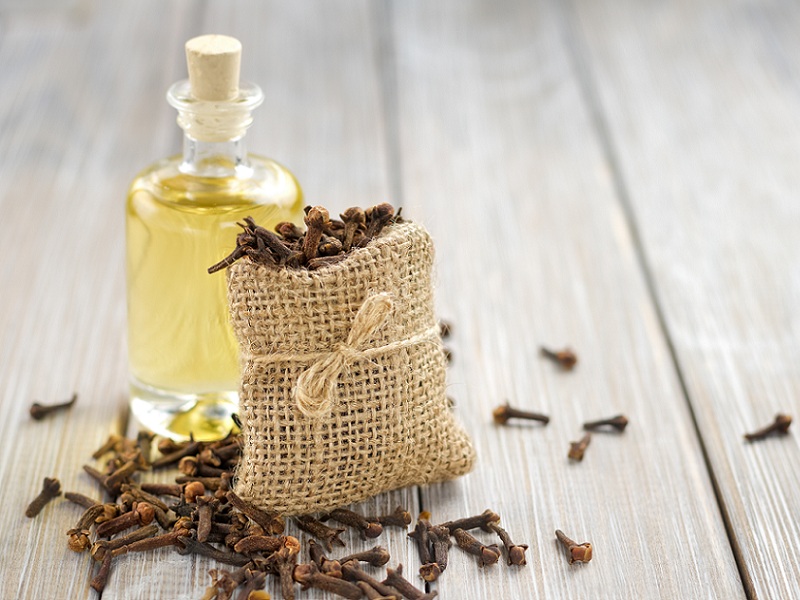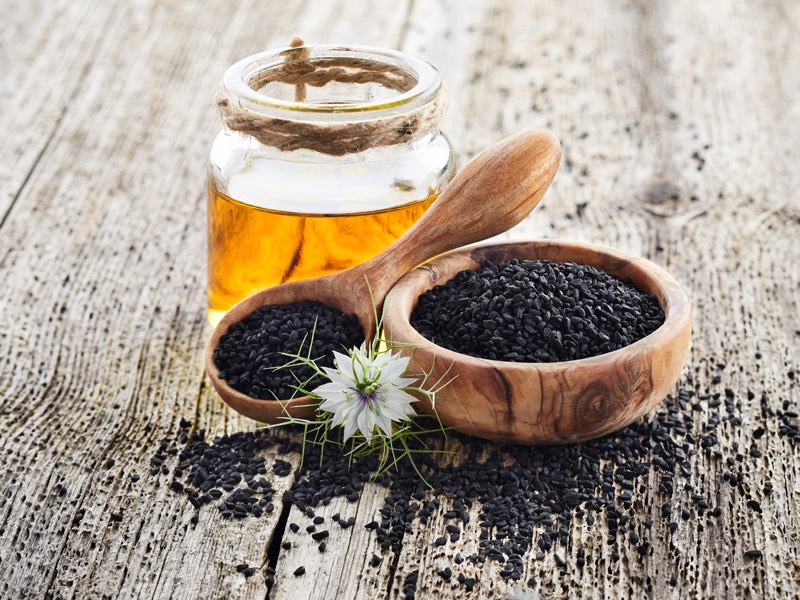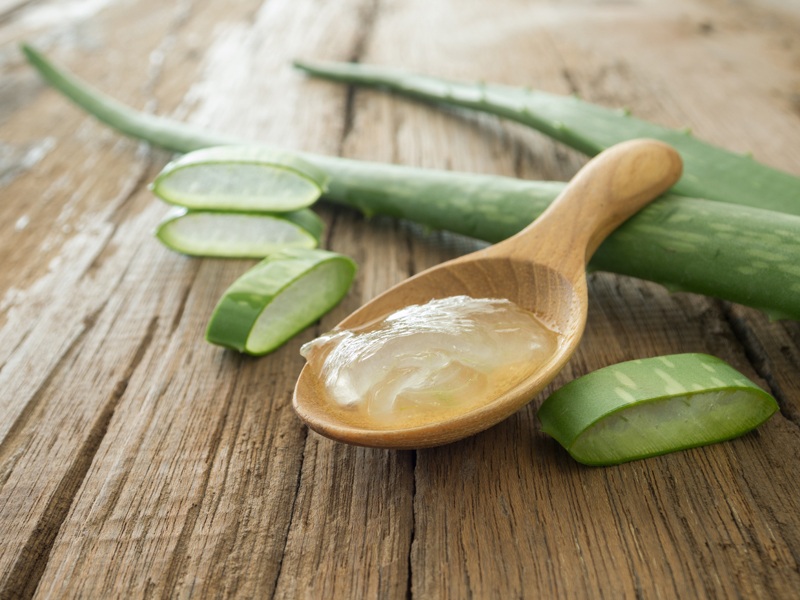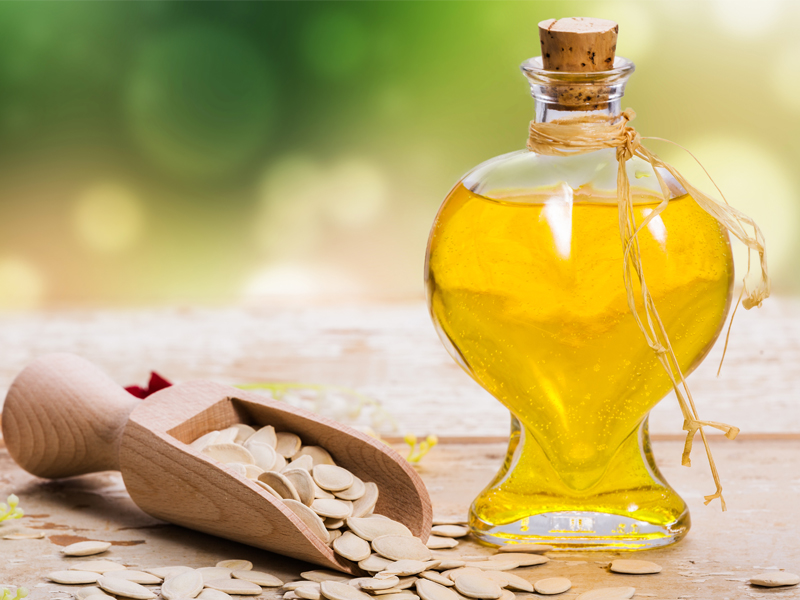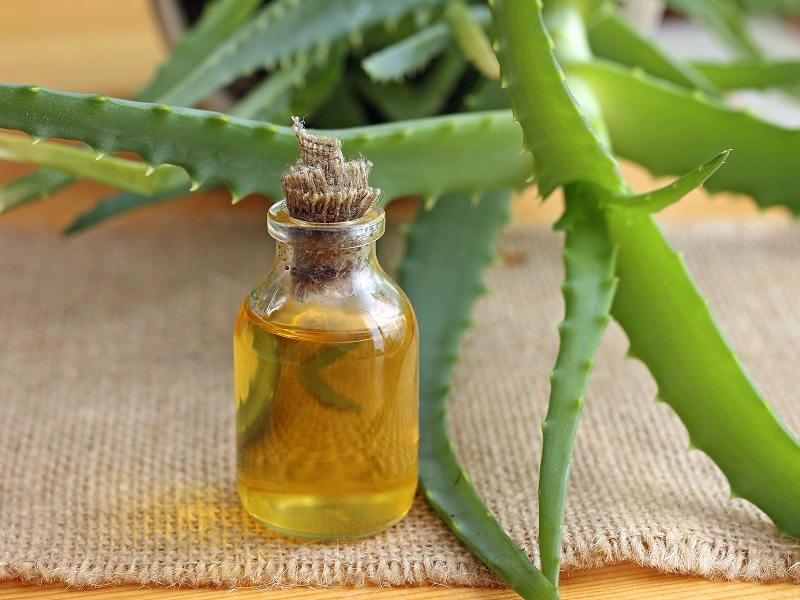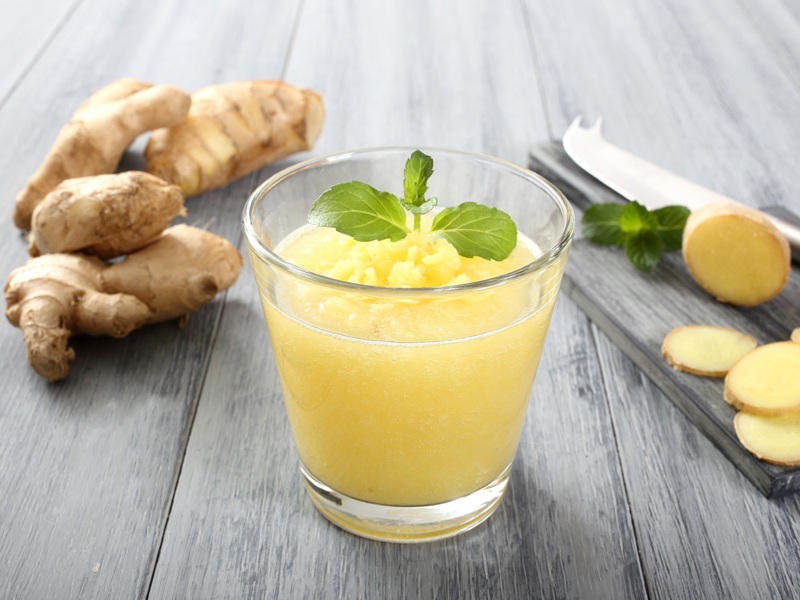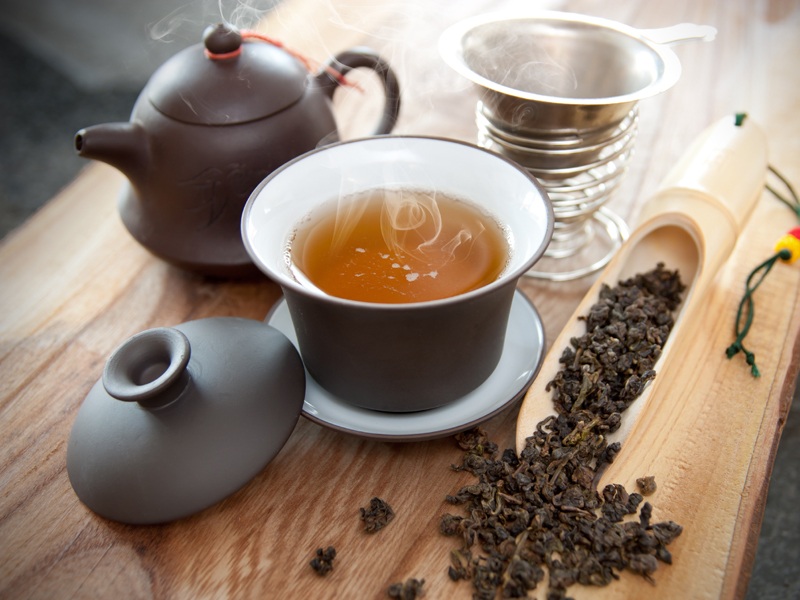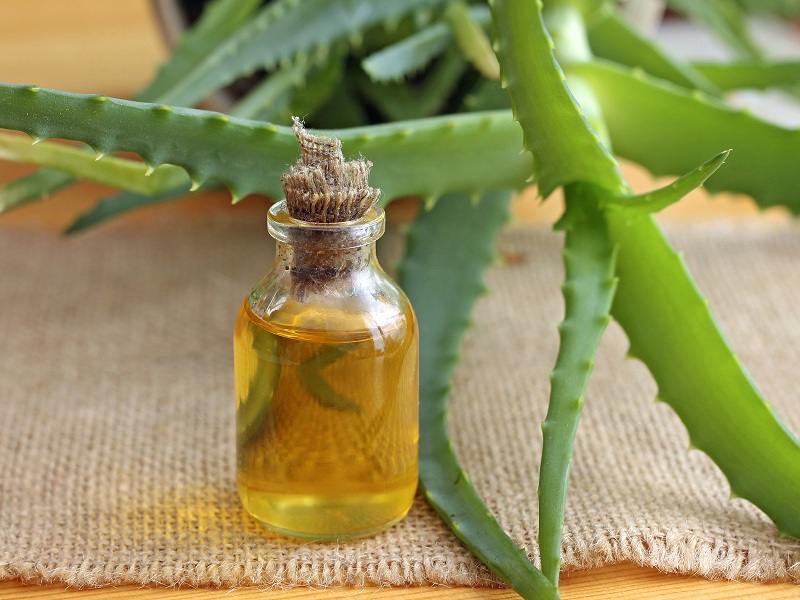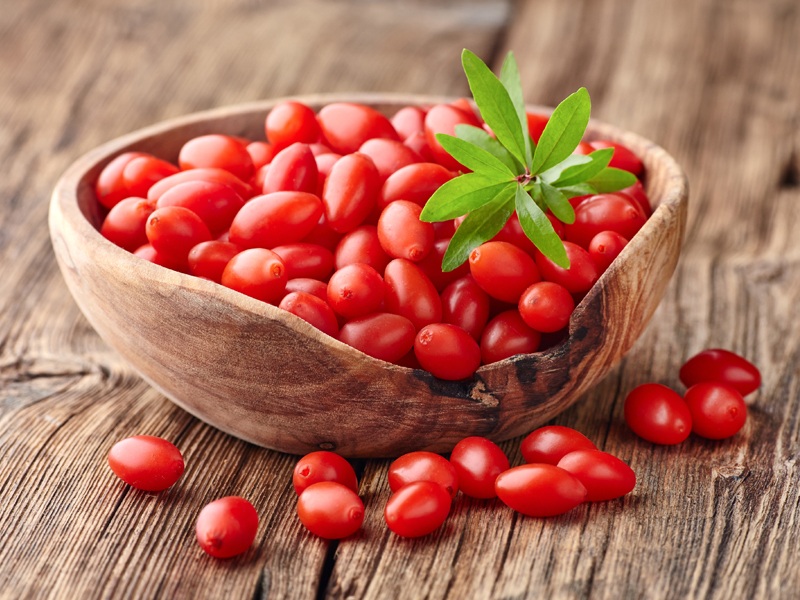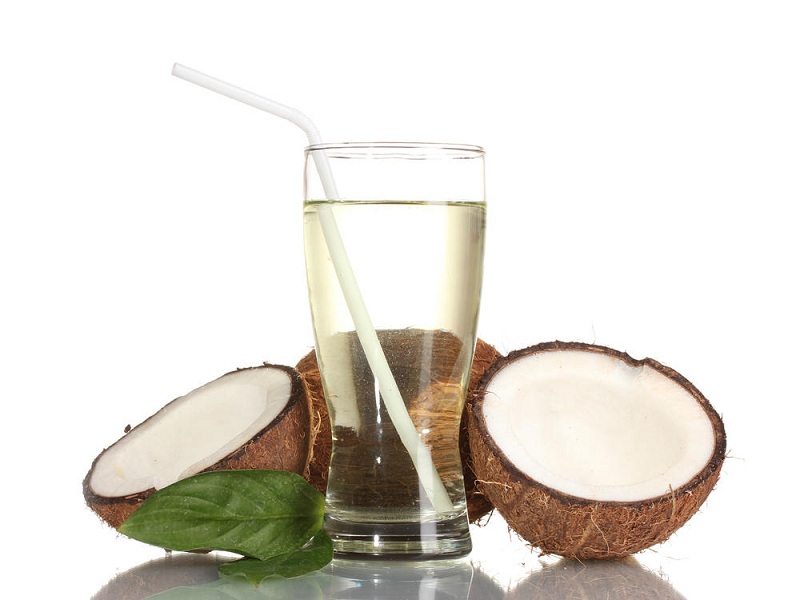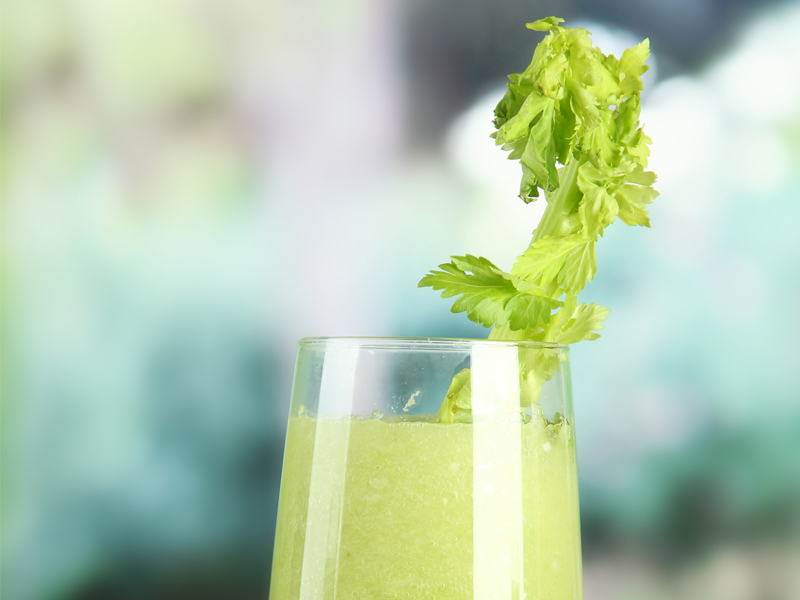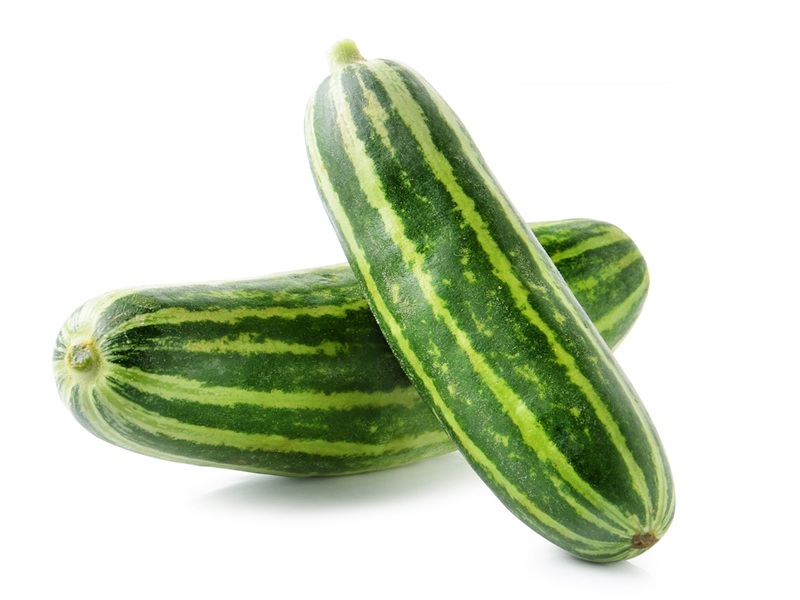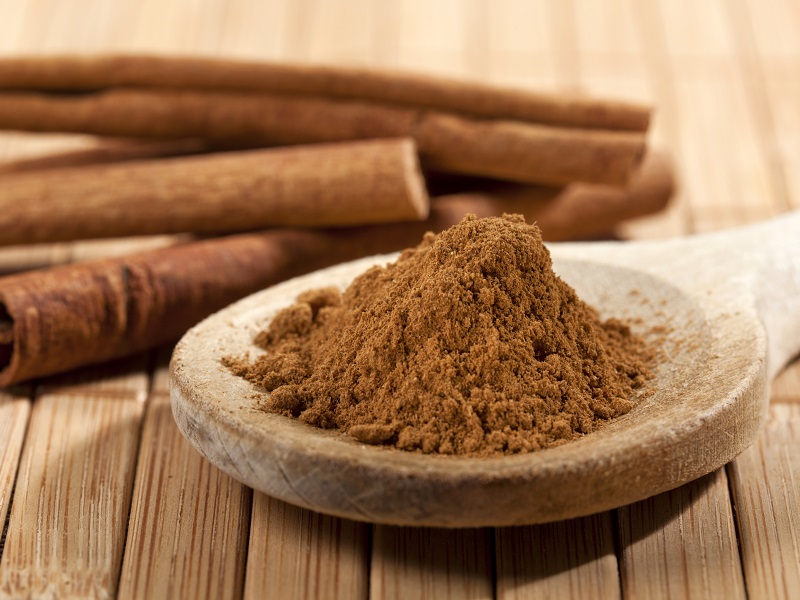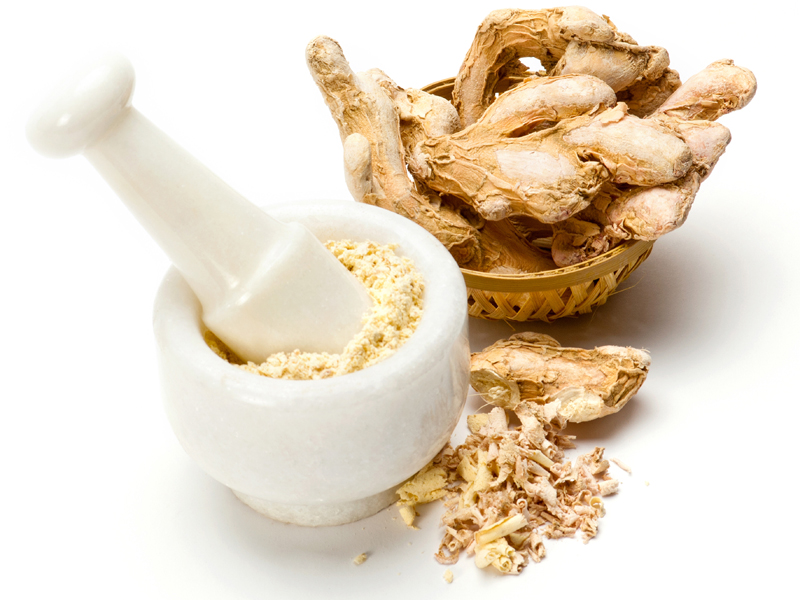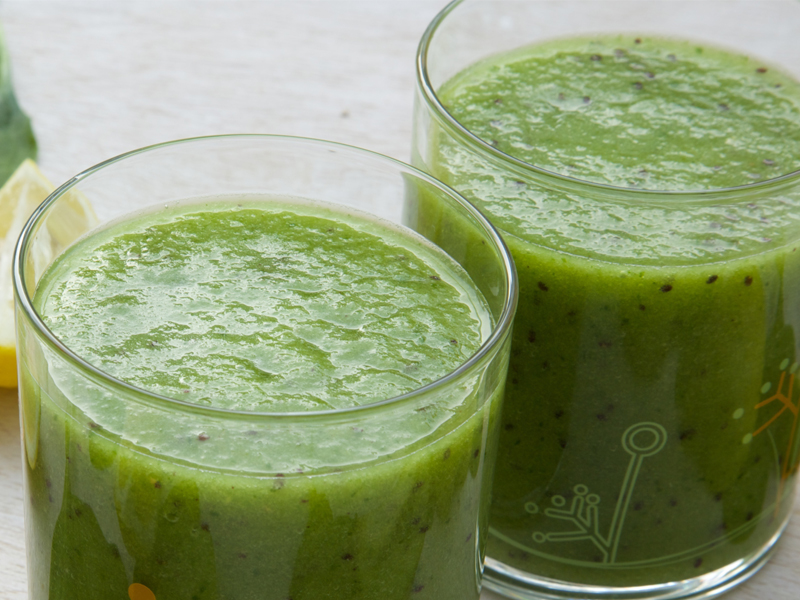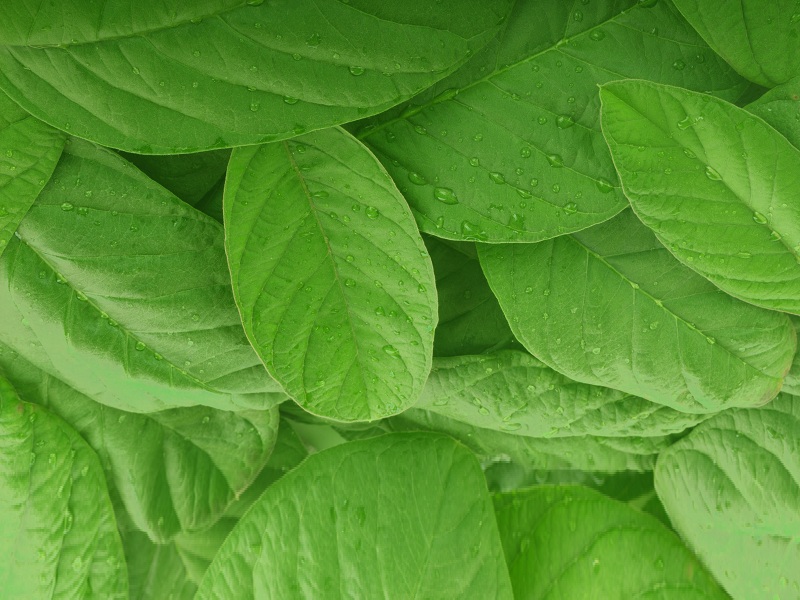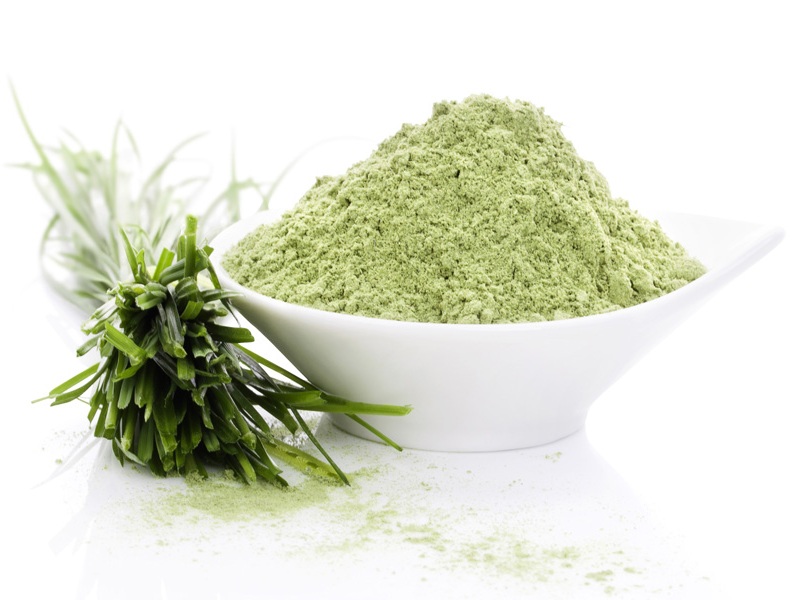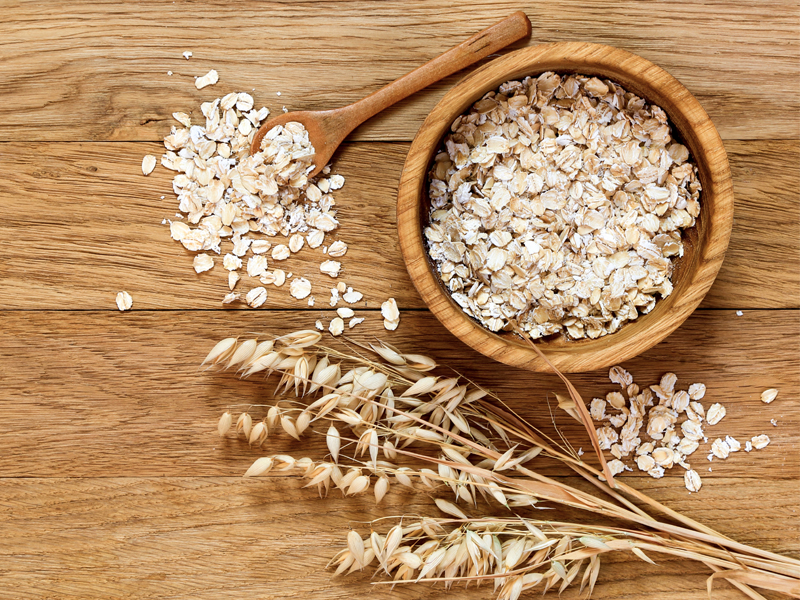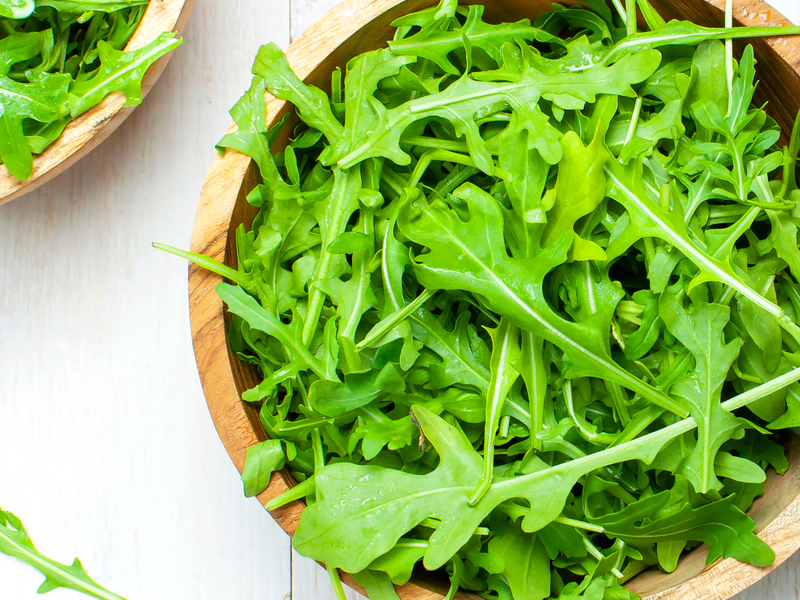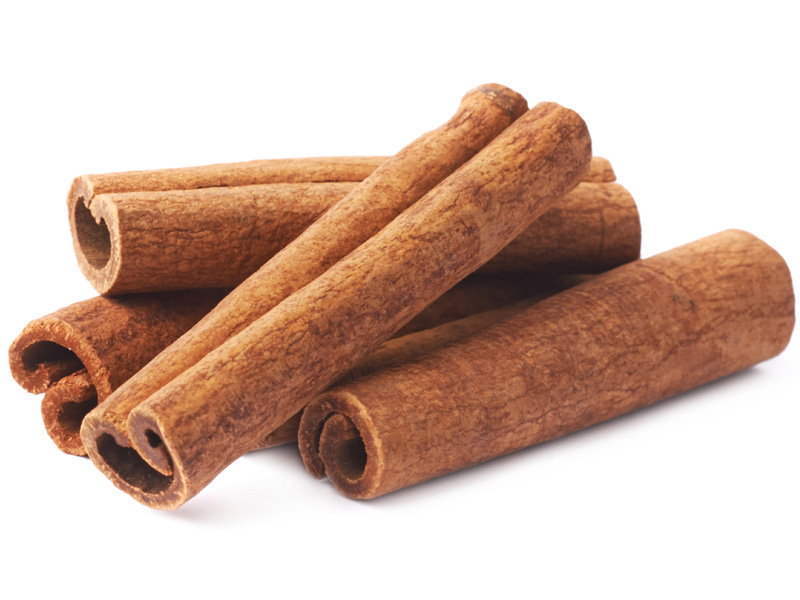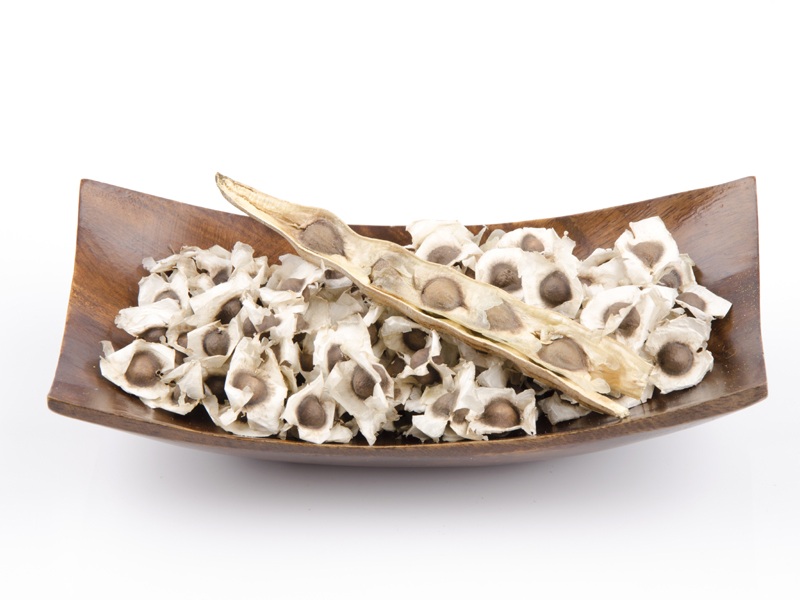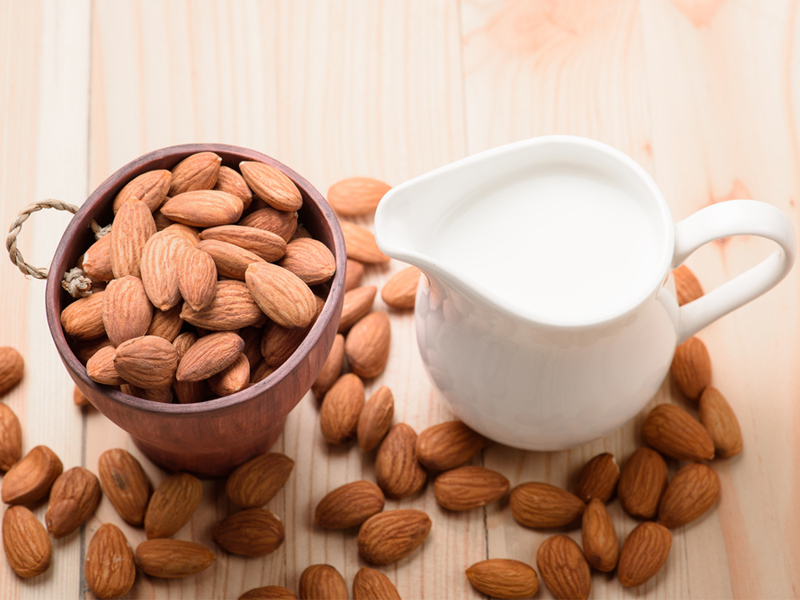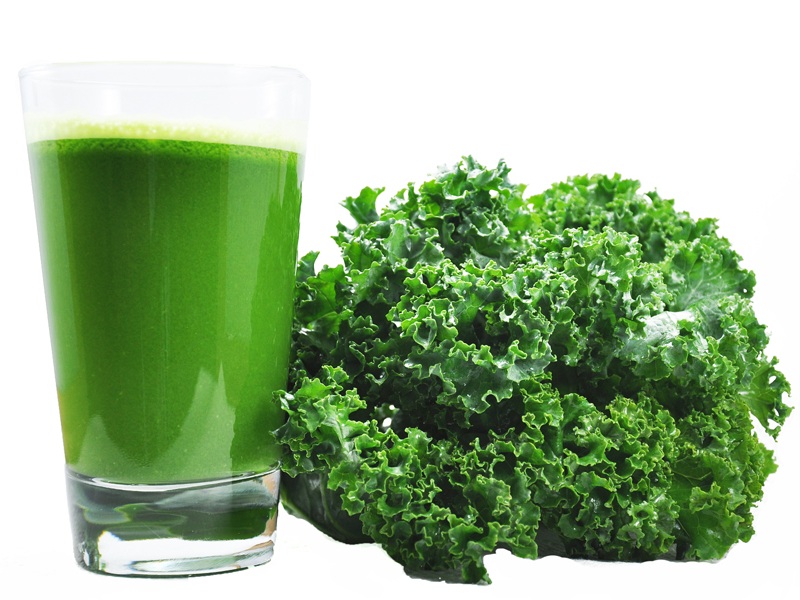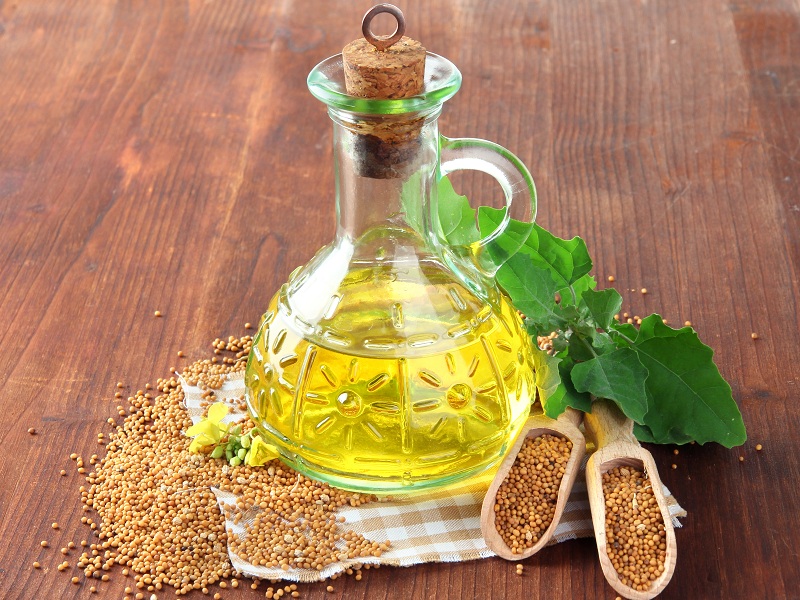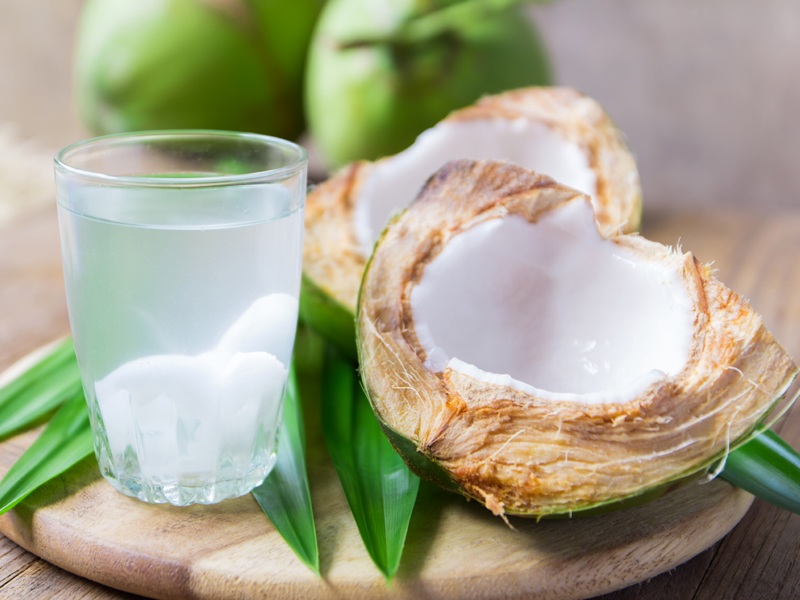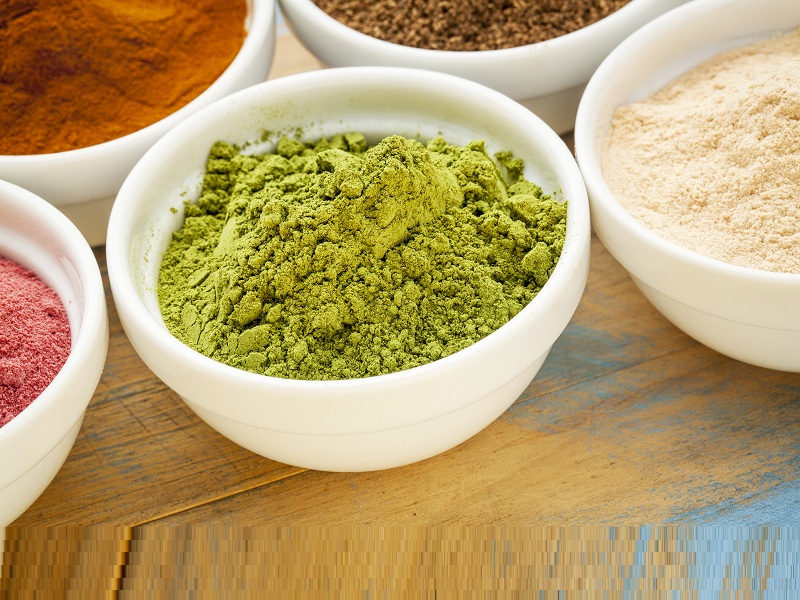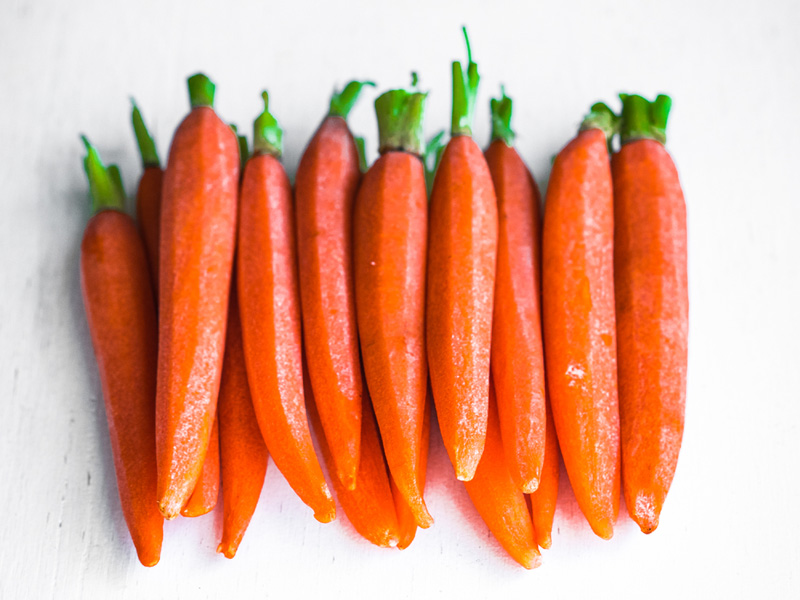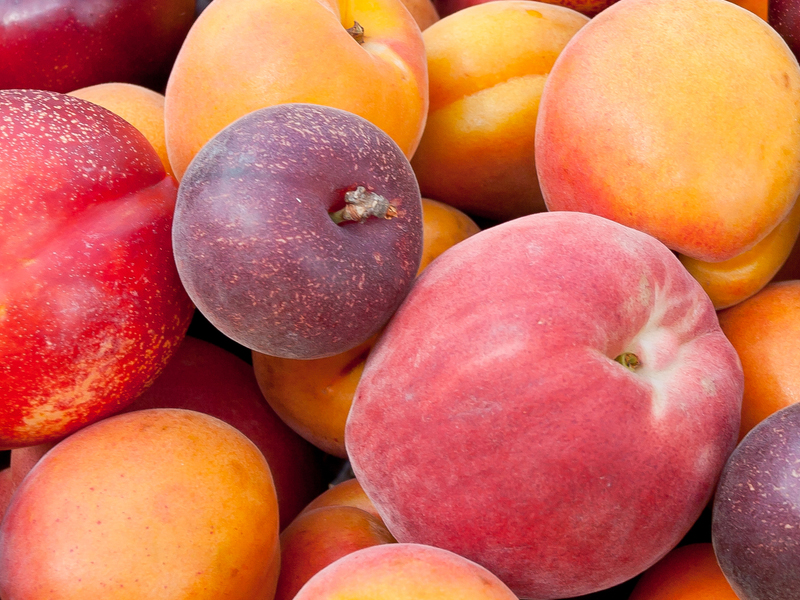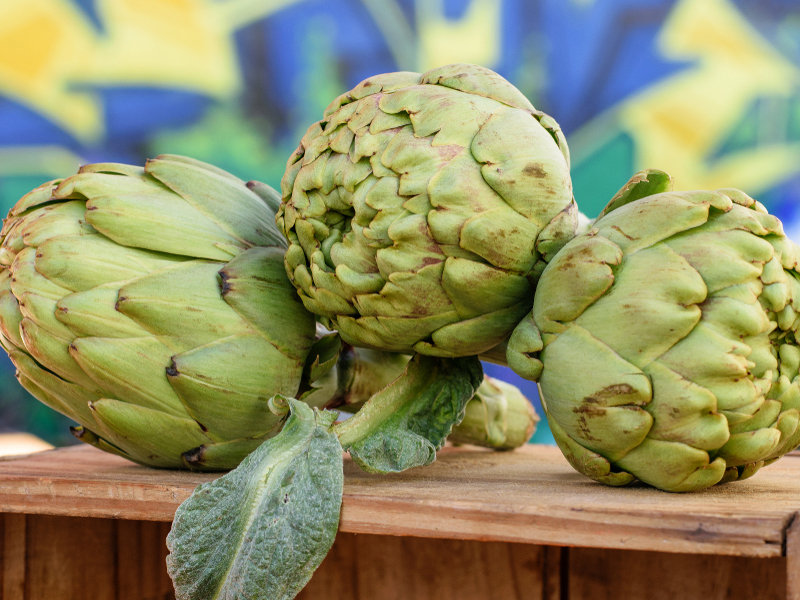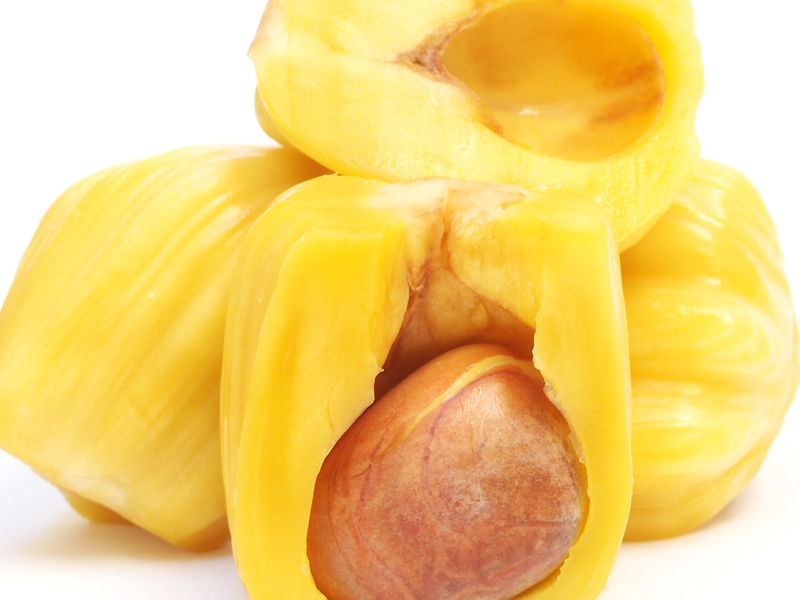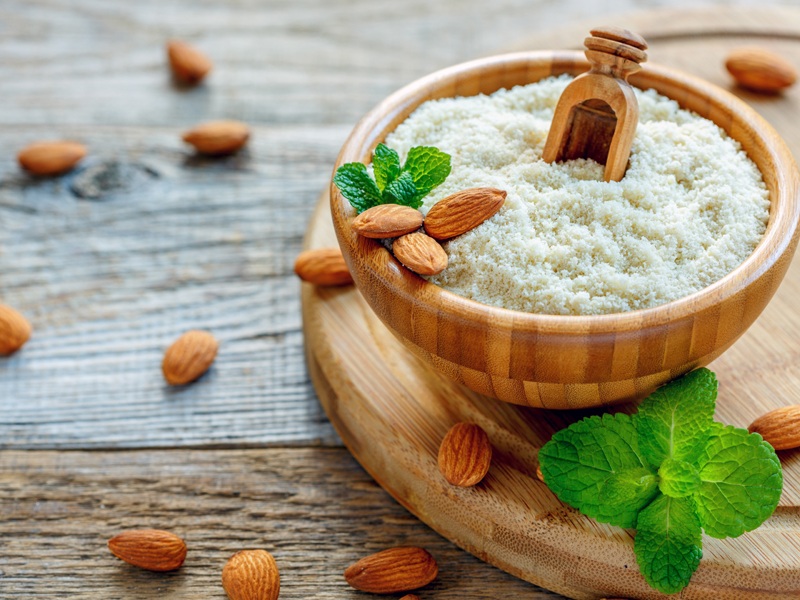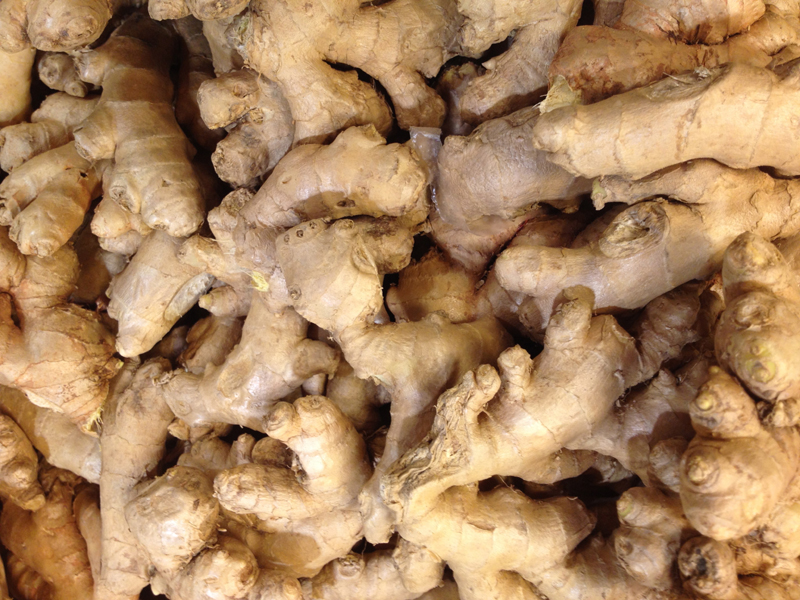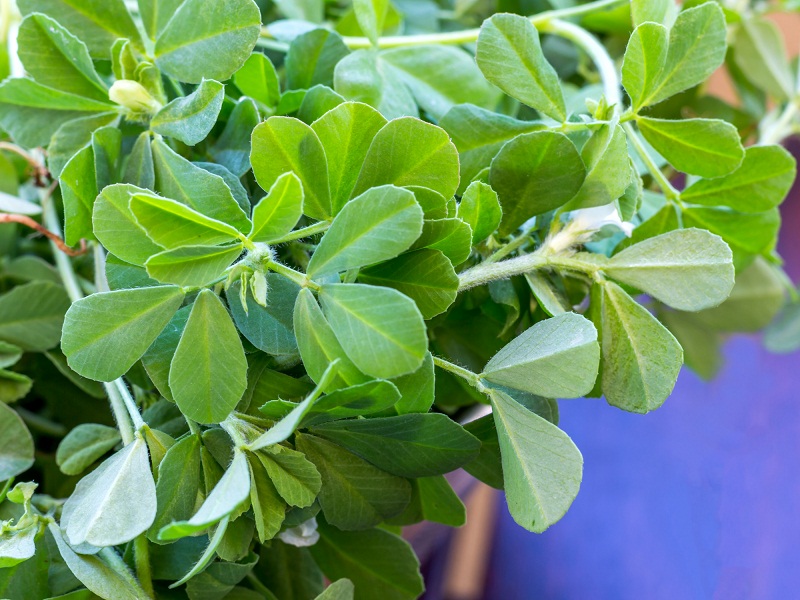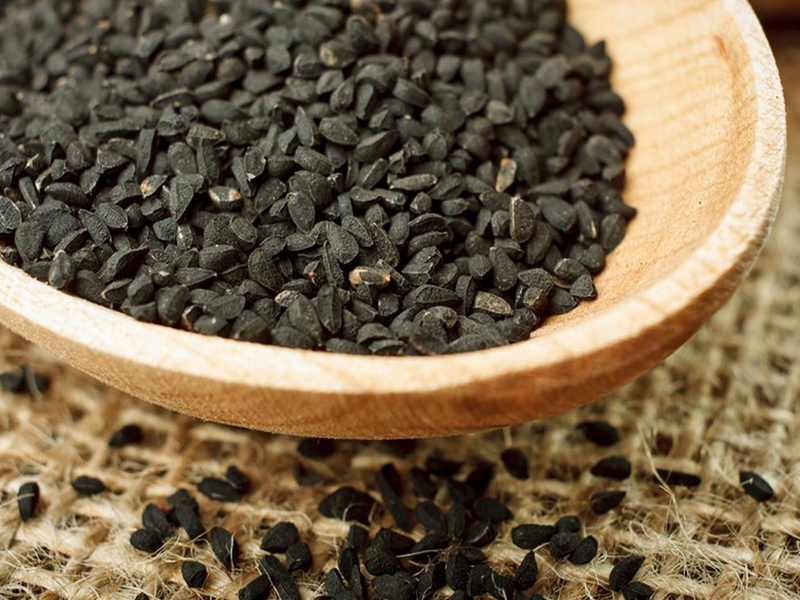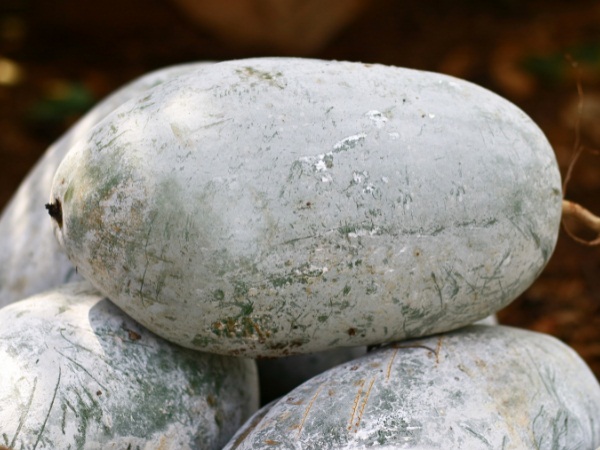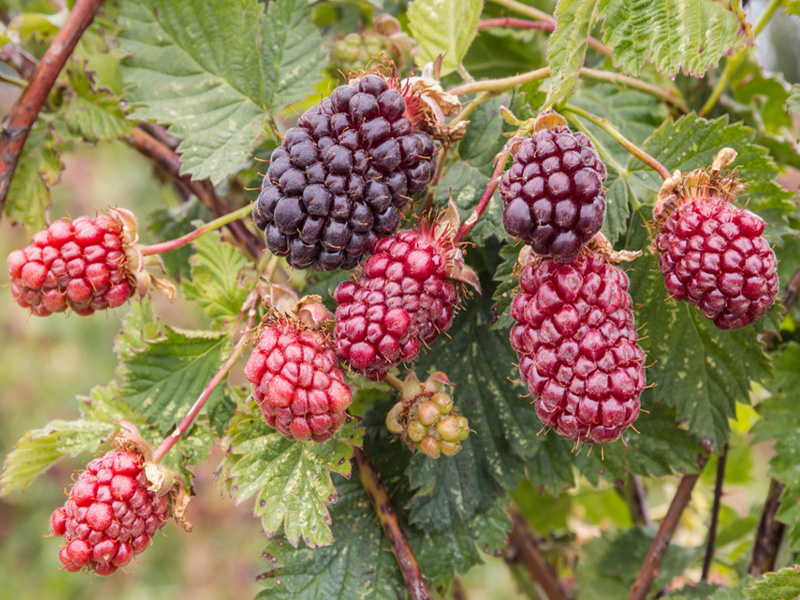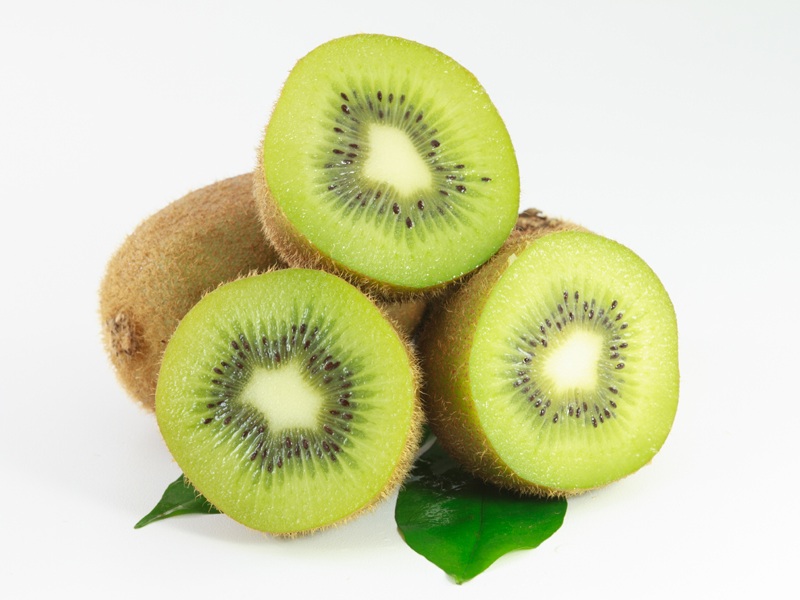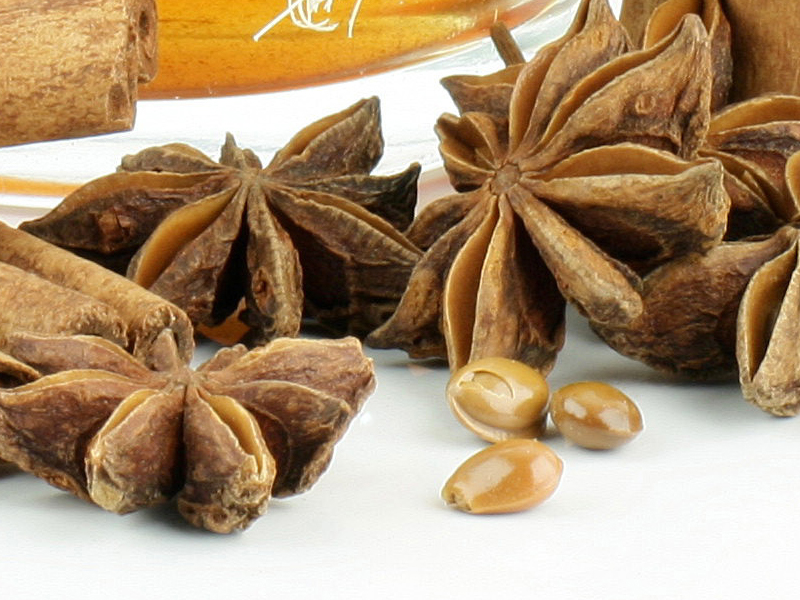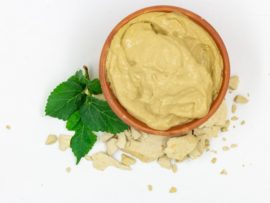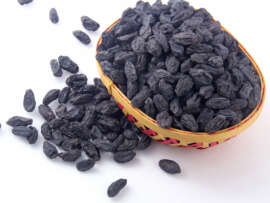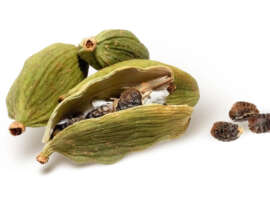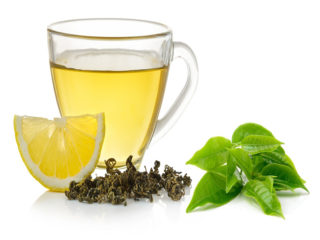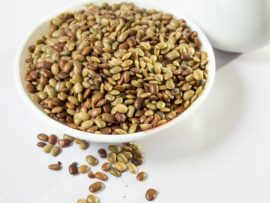Cloves are one of the most valuable and beneficial spices that are used since times immemorial as part of food preparations and for various medical benefits. Though native to Indonesia, Cloves have found their way into the kitchens worldwide. These pungent spices are one of the substantial sources of phenolic compounds such as Eugenol, gallic acid and Eugenol acetate and are used across food, agriculture, cosmetic, and pharmaceutical industries.
Cloves are high in anti-microbial, anti-inflammatory and anti-oxidant properties, and they are found in high levels compared to many other spices, fruits and vegetables. Traditionally, cloves are used as a food preservative and for medicinal purposes. Ayurveda, which is a traditional Indian system of medicine, has been using cloves in its medicines for ages and has written scriptures about its medical benefits. Many modern studies on clove extracts have shown that cloves are highly beneficial for treating various medical conditions.
Nutritional Value of Cloves:
Cloves are an excellent source of many nutrients like manganese, potassium, Vitamin K, Vitamin C, Vitamin E, Calcium, magnesium, beta-carotene, and Eugenol. Cloves also have a significant amount of dietary fibre and other micronutrients that are essential for healthy living.
Here is a breakdown of the nutritional profile of Cloves:
Nutrients Per Serving:
The nutritional value of one teaspoon of cloves is as follows:
- Protein: less than 1 gram
- Carbohydrates: 1 gram
- Fat: less than 1 gram
- Fibre: 1 gram
- Sugar: less than 1 gram
Total Calories: 6
Top 23 Health Benefits of Cloves:
Now that we have understood the basic profile of cloves, let us now look into the top 23 science-backed benefits of consuming cloves in the recommended quantities:
1. Rich in Anti-Oxidants :
Cloves are rich in anti-oxidant compounds, known to reduce oxidative stress, contributing to chronic diseases like Cancers. In addition, they contain a compound called Eugenol, which works as a natural anti-oxidant. These anti-oxidants act as radical scavengers and block oxidative damage caused by free radicals.
2. Have Anti-Inflammatory Properties:
Cloves have active compounds like Eugenol that is proven to be a powerful anti-inflammatory agent. Several studies show that Eugenol can effectively reduce inflammation caused in the cells by reducing oxidative stress and inhibiting the inflammatory response. This property of cloves may help in treating many inflammatory diseases like cancers, cardiovascular problems and arthritis.
3. Natural Painkiller for Toothache:
Cloves are often used as a natural pain reliever for toothache for centuries. They have an active ingredient called Eugenol, a natural anaesthetic, and it provides temporary relief from toothaches and reduces swelling and inflation. Whole or ground cloves are inserted into an infected tooth or cavity to relieve the pain. However, clove oil has become popular in recent times, which is used instead of whole or ground cloves.
4. Prevent Bad Breath:
Bad breath is commonly caused due to the presence of bacteria in the mouth or a lack of proper dental hygiene. Cloves are filled with anti-bacterial and anti-fungal properties, which help fight bad breath. Chewing on a clove or using clove based mouthwash will help get rid of bad breath over a period of time. However, if the bad breath persists, it can be a symptom of underlying gum disease; therefore, consult your dentist immediately.
Read: Impressive Benefits of Cinnamon
5. Combats Sore Throat and Cough:
Cloves are packed with medicinal properties, and they have phenolic compounds like gallic acid and Eugenol, which are anti-bacterial and anti-inflammatory. These compounds relieve sore throat and help get rid of the itchy feeling caused due to cough. Cloves also act as natural expectorants clearing the respiratory passage. Cloves can be chewed raw or added to hot water and consumed early in the morning if you suffer from a sore throat or cough.
6. Improves Digestive System:
Cloves help increase the secretion of digestive enzymes, which curb digestive disorders such as indigestion and constipation. In addition, there is a high amount of fibre in cloves which is good for digestive health and consuming cloves early in the morning will help treat digestive problems.
7. May Reduce Stomach Ulcers:
Stomach ulcers are excruciating sores that are formed in the lining of the stomach, oesophagus or duodenum. Some researchers found that the compounds found in cloves may help treat stomach ulcers, both peptic and duodenal ulcers and have shown effects similar to anti-ulcer medications. In addition, essential oils present in cloves have been shown to increase the production of gastric mucus, which works as a barrier and helps prevent ulcer formations due to digestive acids.
8. May Inhibit Cancer Cells:
Cloves are found to inhibit abnormal cell growth and possess the capacity to induce apoptosis. They contain betulinic acid, and other triterpenes are natural chemo preventive agents against breast cancer. They are hailed as the future of cancer treatment because of the display of potent cytotoxic activity against several human cancer cell lines.
9. May Regulate Blood Sugar Levels:
Cloves promote the production of insulin and also help to keep the blood glucose levels in check. According to the recent studies published in the Journal of Natural Medicine, when a genetically diabetic mouse was examined for hypoglycaemic effects of cloves, it was found that the clove extract helped increase insulin secretion and improve the function of the cells. Furthermore, the postprandial insulin and glucose response mechanism have improved significantly upon consuming clove oil.
10. Promote Bone Health:
Cloves are rich in manganese and Eugenol, which help preserve bone mass. Manganese plays a vital role in bone formation and maintaining bone mineral density. Some animal studies have shown that clove extracts preserved bone mass, increased bone growth, and slowed down osteoporosis significantly. However, the research is limited to animal studies and needs more analysis to determine the extent of effect cloves have on bone health.
11. May Protect Your Liver:
Studies have shown that the compound eugenol in cloves reduces inflammation, reducing liver cirrhosis and fatty liver disease. In addition, it protects the liver against inflammation and degeneration. Cloves have also been shown to reduce oxidative stress in the liver, improving its overall health. However, overconsumption can have adverse effects and may cause permanent liver damage.
12. May Promote Weight Loss:
Cloves increase metabolism by promoting proper digestion, and it is a known fact that metabolism is related to weight loss. The lower the metabolism, the higher the chances of being overweight and vice versa. Cloves also greatly help in weight loss by encouraging fat burning.
13. Have Stress-Reducing Properties:
Due to the presence of anti-inflammatory properties, clove oil helps in reducing stress, anxiety, mental exhaustion and fatigue caused due to stress. Applying clove oil provides relief from headaches and improves blood circulation. When tea infused with cloves and other spices like cinnamon, cardamom and mint are consumed, it relieves tension and stress.
14. Natural Aphrodisiac:
Clove has been one of the most commonly used herbs as an aphrodisiac. It is known to improve testosterone levels and overall erectile health and libido. Cloves are also used to treat premature ejaculation as they elongate the ejaculation time, ultimately giving control over ejaculation itself, leading to increased intromission frequency and boosting overall sexual performance. In addition, cloves have phenols and sterol compounds known to produce nervous stimulations that aid in sexual arousal.
Read: Best Health Benefits of Chamomile
15. Cloves Benefits for Hair:
Cloves offer excellent benefits for your hair, right from preventing hair loss to treating dandruff and preventing grey hair from thickening your hair; cloves do it all.
a. Prevent Hair Loss:
Excessive hair fall has become a common and one of the most prominent hair related problems in the modern world. When hair loss is faster than re-growth, it leads to reclining hairline, thinning and sometimes even bald patches. Cloves have been proved to prevent hair loss and encourage new hair growth as they contain the needed hair beneficial compounds in abundance.
b. Help in Thickening Hair:
Cloves contain anti-microbial and anti-androgenic components such as Eugenol, which is exceptionally beneficial to the scalp and promotes hair growth. Due to its anti-androgenic properties, Eugenol slows down the ill effects of androgens, thus boosting hair growth in people dealing with androgenic alopecia, also known as male pattern baldness. In addition, cloves also promote blood supply to the scalp, thereby increasing the nutrient supply.
c. Treats Dandruff:
Dandruff has become a prevalent hair problem these days, and almost everyone has to deal with it once in their lifetime. It can be caused due to having dry skin, a fungal infection, build up in the scalp and sometimes even excess oil production. Dandruff is usually accompanied by dryness and itchiness. Cloves contain anti-fungal and anti-septic properties that can eliminate dandruff within a few applications. Using cloves in combination with other herbs such as curry leaves powder and oils such as coconut oil will help keep dandruff at bay.
d. May Prevent Premature Greying:
Current unhealthy lifestyles, consumption of junk food, and stress levels lead to premature greying of hair. It is seen in people across all age groups, from middle-aged to children as young as 8-9years. Eugenol present in cloves has an anti-oxidant property that protects the hair follicles and shafts from oxidation damage, and premature greying can be prevented or even reversed. Cloves also help increase the natural hair pigment levels giving them their original hue.
16. Cloves Benefits for Skin:
Cloves have been used to treat many skin-related ailments such as acne, bruises, itchy skin, skin ageing, etc. So, let’s find out how cloves help us achieve clear, blemish-free, smooth, and soft skin.
a. Treats Bruises:
Cloves have been used for decades for treating bruises as they contain healing properties and provide gentle pain relief. In addition, clove oil has anti-inflammatory properties and is known to speed up the healing process. It also helps with reducing bruise marks and relaxation and balances skin imperfections.
b. Fights Acne:
With their exceptional healing properties, cloves benefit the skin in numerous ways. First, they help reduce the existing acne and the redness, swelling, and pain caused due to acne. Studies have shown that clove oil draws out the impurities from skin pores and fights the acne bacteria, thus preventing any possible future breakouts. They also treat and clear the existing acne marks and scars.
c. Reduce Blemishes and Scars:
Regular use of clove oil and carrier oil clears blemishes and provides a clear skin tone. It can also be used as a peel-off mask to exfoliate the dead skin cells to obtain clear, even-toned skin.
d. Reduce Premature Skin-Ageing:
Cloves are high on anti-oxidants, and they help maintain the collagen level in the skin. Increased collagen levels prevent premature skin ageing, skin sagging and also the appearance of wrinkles and fine lines. They also eliminate dead skin cells, increase blood circulation, and ensure radiant and young-looking skin. The anti-ageing ingredients from cloves are extracted and are used in many cosmetics.
e. Heals Itchy Skin:
The active chemical compounds in cloves have long been proven to eradicate parasites that cause rashes and itchiness. It also provides relief and soothes the itchy skin. In addition, clove essential oil is used in various pharmaceuticals to produce creams and medications for various skin issues.
Other Uses of Cloves:
Apart from the benefits mentioned above, here are other uses of cloves in our daily lives:
- Cloves are primarily used in cooking; various cuisines have cloves as an integral part of their ingredients.
- Cloves smell and taste strong and are found worldwide in either whole or powdered form.
- Cloves, also known as ‘Laung’, are also used as an ingredient in some condiments and masalas, especially in India; cloves find their way into various ground spice mixes.
- Ayurveda often uses cloves to prepare traditional Indian medicines.
- They are also traditionally used as a numbing agent.
- Clove oil is sold as an essential oil and is used for various purposes.
- Cloves are known for their aroma and are used to prepare perfumes.
Read: Can You Eat Cloves During Pregnancy?
Side Effects of Cloves:
Cloves are potent ingredients that can benefit you and even do more harm than good when consumed in excess. Let us take a look into the side effects and dangers of overusing cloves orally or topically.
- Frequently applying clove oil on the teeth or gums can cause sore, bleeding or swollen gums. It can cause mouth sensitivity and damage the dental tissues, gums and teeth.
- When applied unduly to the skin, it causes severe burning sensation, swelling, redness, and pain. It can cause swelling of the face, lips, tongue, and throat.
- When cloves are consumed in large quantities, they can cause lactic acidosis, muscle pain and weakness, troubled breathing, nausea, stomach pain, dizziness, numbness in the arms and legs, and uneven heart rate.
- Due to the presence of Eugenol, which tends to slow the blood clotting process, consumption in excess amounts can lead to intestinal bleeding or other bleeding disorders.
- Cloves are known to reduce high blood sugar levels in diabetic patients. Still, when taken excessively, it interferes with insulin levels and causes a sharp drop in blood sugar levels leading to low blood sugar, which can be dangerous to diabetic patients.
If you experience any of the above symptoms, immediately contact your nearby health care provider or a hospital, and discontinue the use of cloves or any products that have cloves in their ingredients.
Cloves boast many potential health benefits, but, as is true with many healthy foods, they are highly effective when used in moderation and when included as a part of a healthy and balanced diet. Please share the article with your family and friends if you find the article interesting or useful.
Disclaimer: This article’s content is sourced through research and is intended for educational purposes only. It does not intend to replace a medical professional or overwrite scientific research conclusions. The website is not responsible for the accuracy of the information or its authenticity.
FAQs:
1. How do cloves smell and taste?
Ans: Cloves have a woody, warm and sweet aroma. The flavour of cloves comes from the compound eugenol, and it has an intense flavour that of a pungent, warm spice. There is a mixture of sweetness and bitterness, astringency and a little heat when chewed on.
2. Is it safe for pregnant women to consume cloves?
Ans: Cloves pose no harm to pregnant women when consumed in moderation as a part of food and not overindulged. Therefore, moderation is the key. However, to use them as a medical supplement or for external application, consult your doctor because your doctor can evaluate your medical condition and prescribe the appropriate quantity to consume or apply.
3. Are cloves safe for babies?
Ans: Cloves are highly beneficial to babies as they are nutrient-dense and contain several vitamins and minerals. In addition, they add a delicious dimension to your toddlers’ taste palate and encourage them to explore various meals. Clove oil-based toddler tubes of toothpaste are also available in the market, which can be used as a teething remedy. However, applying concentrated clove oil on the teeth or gums should be avoided as it can cause irritation and other problems.


